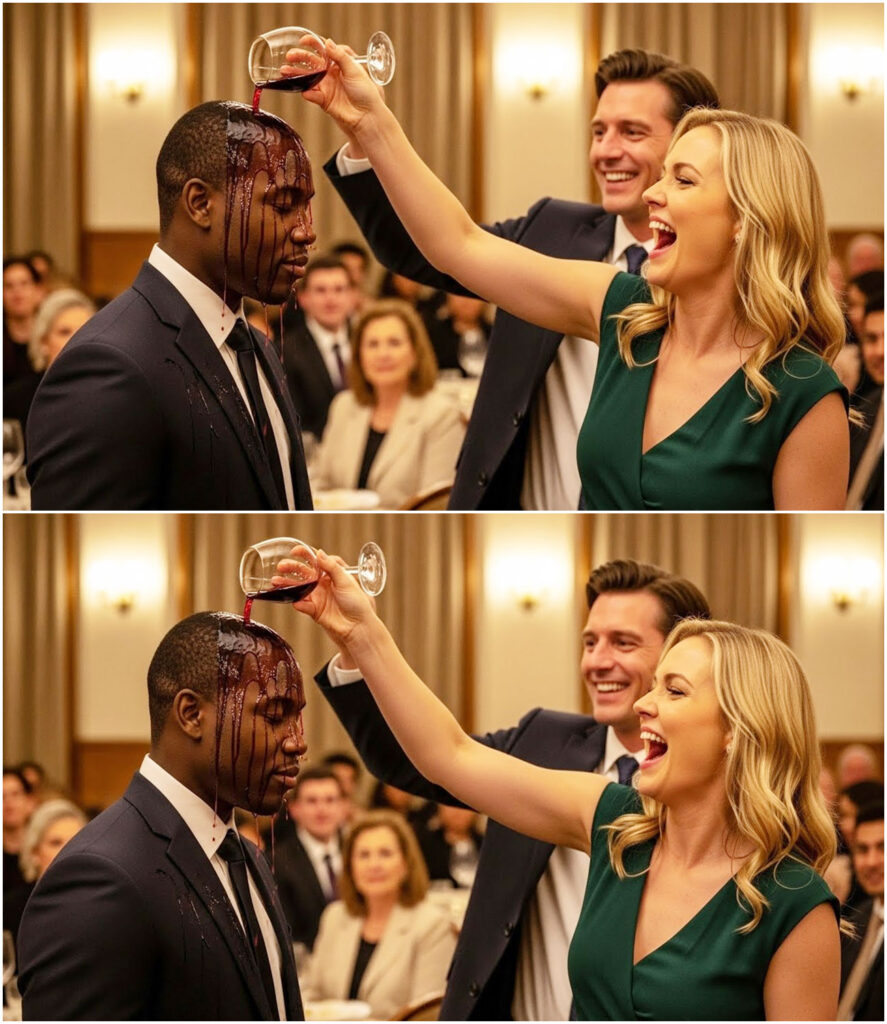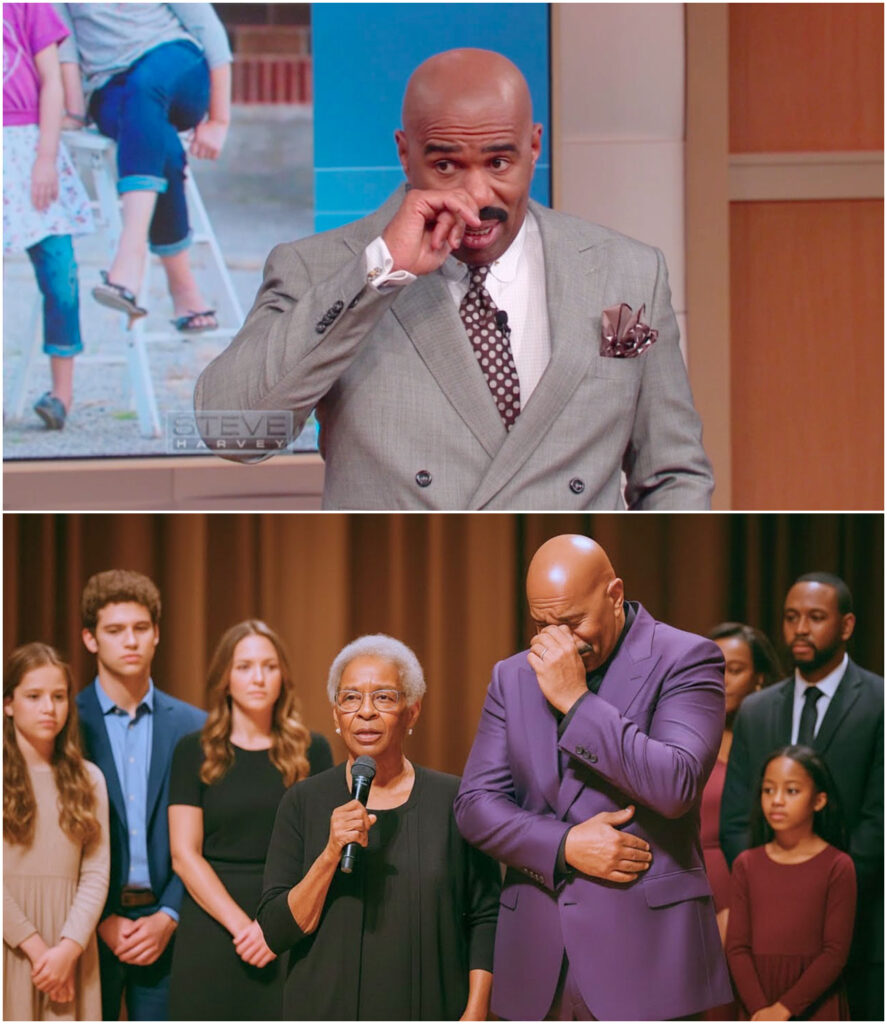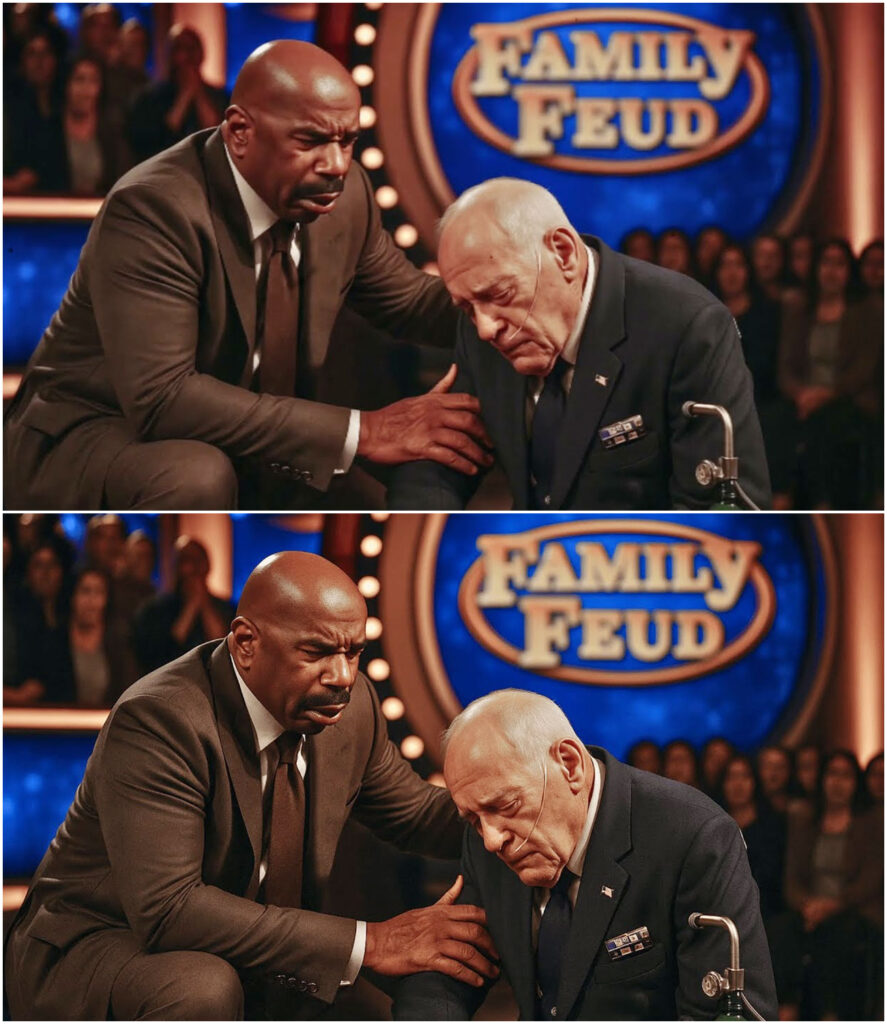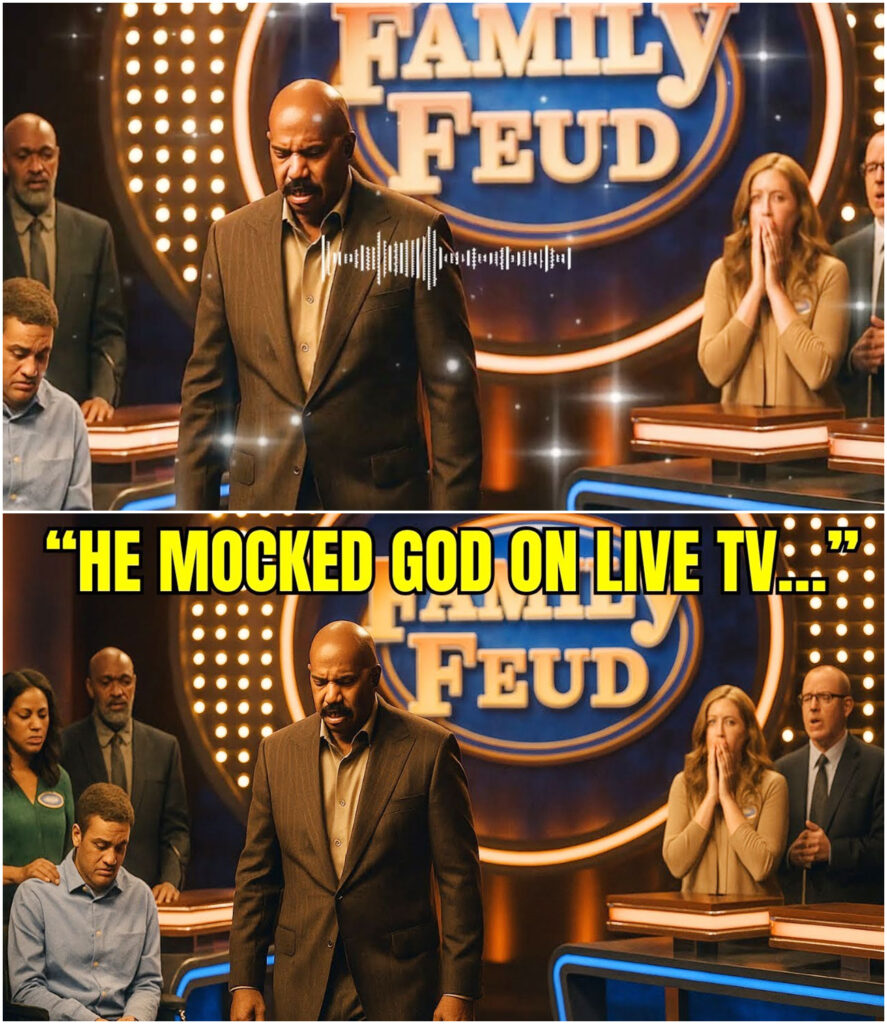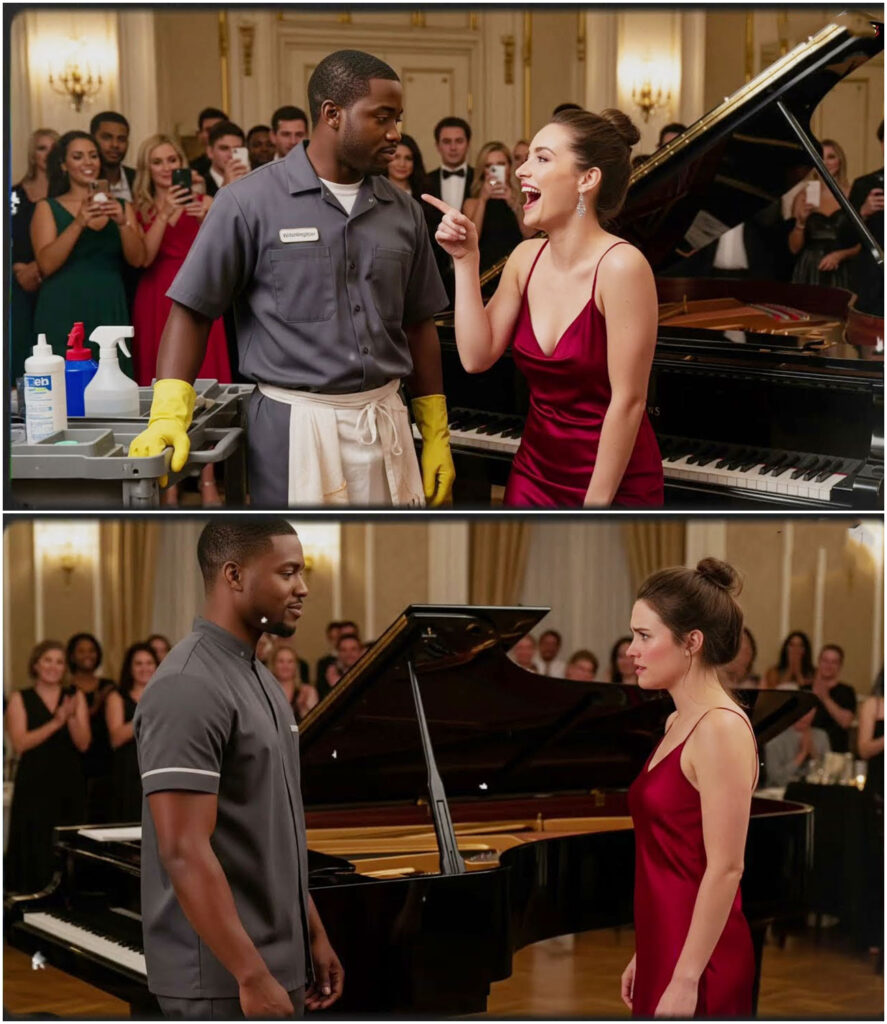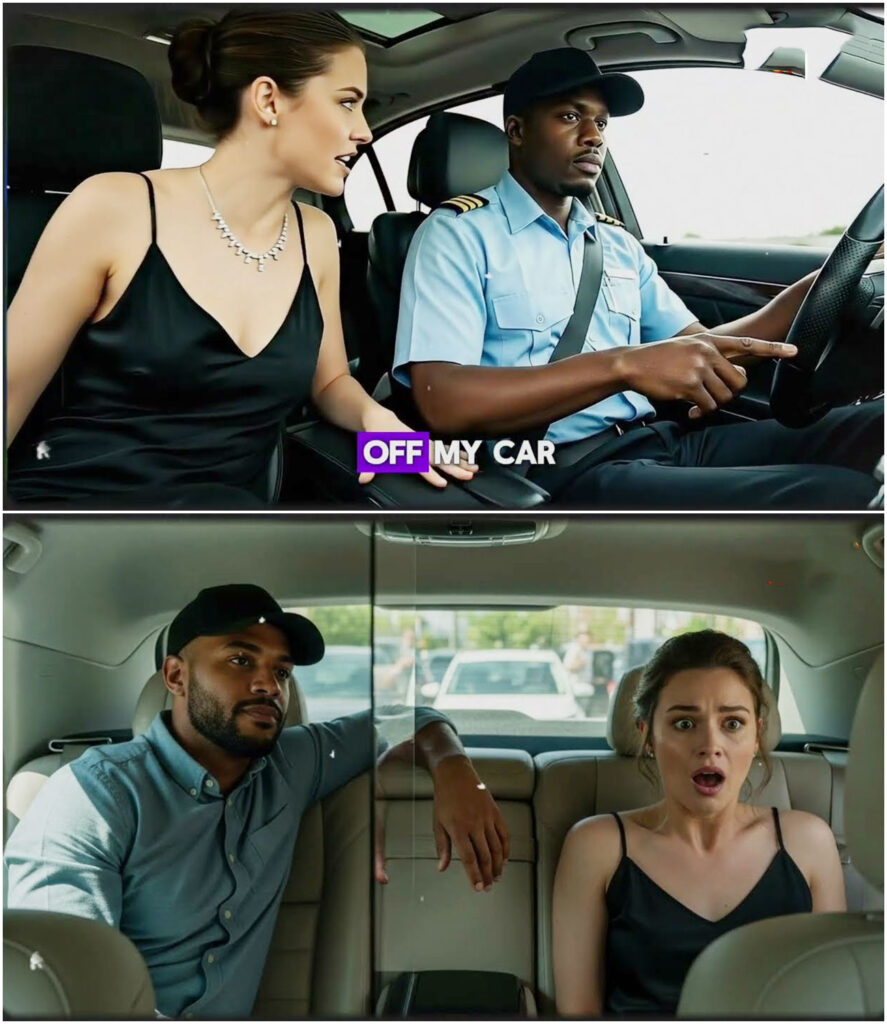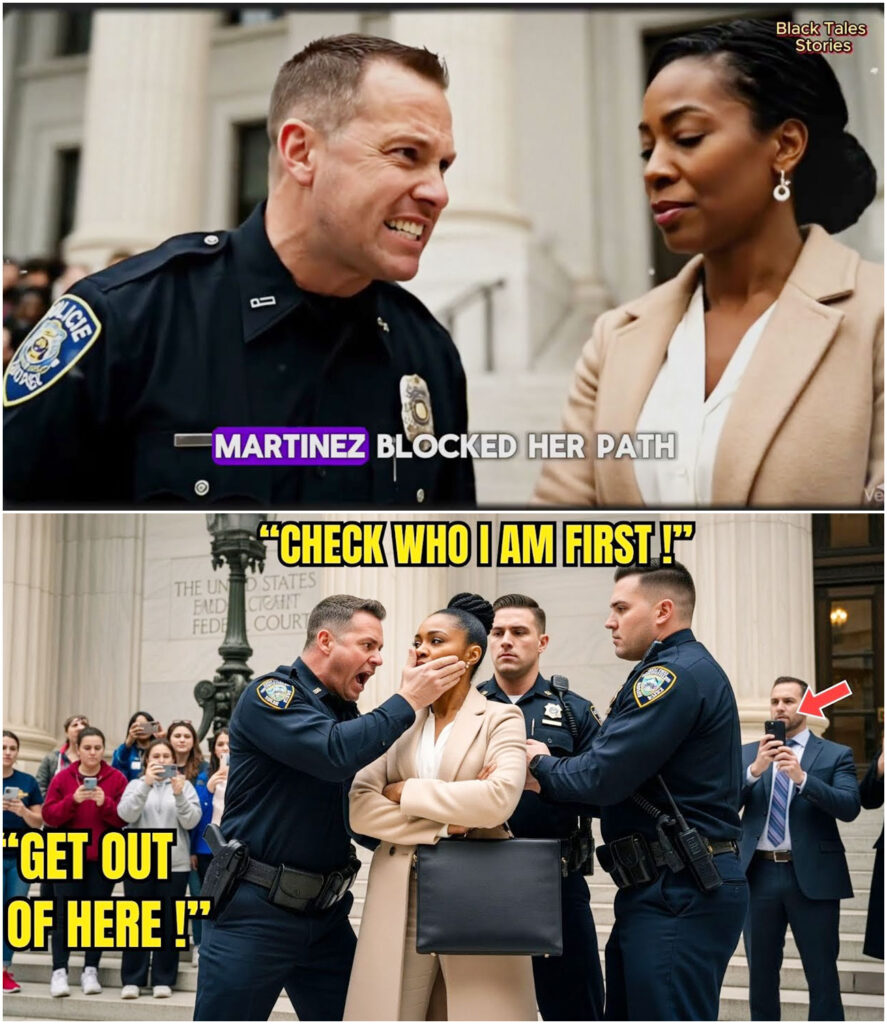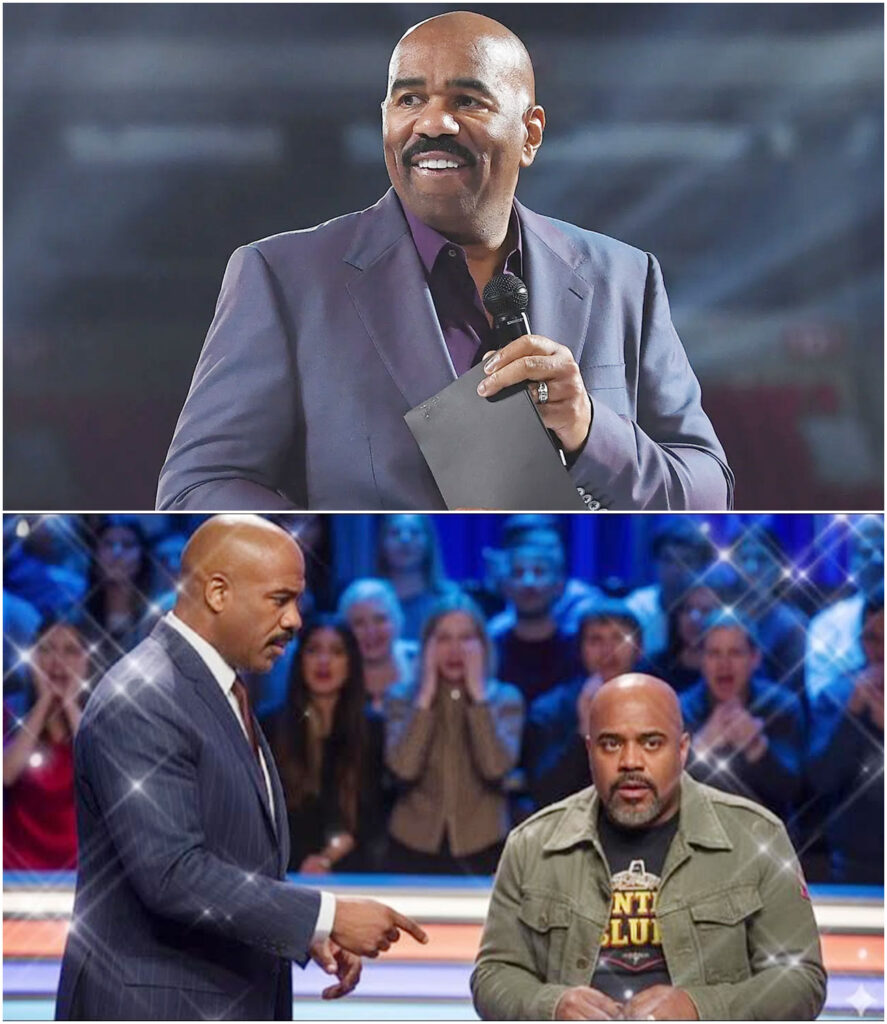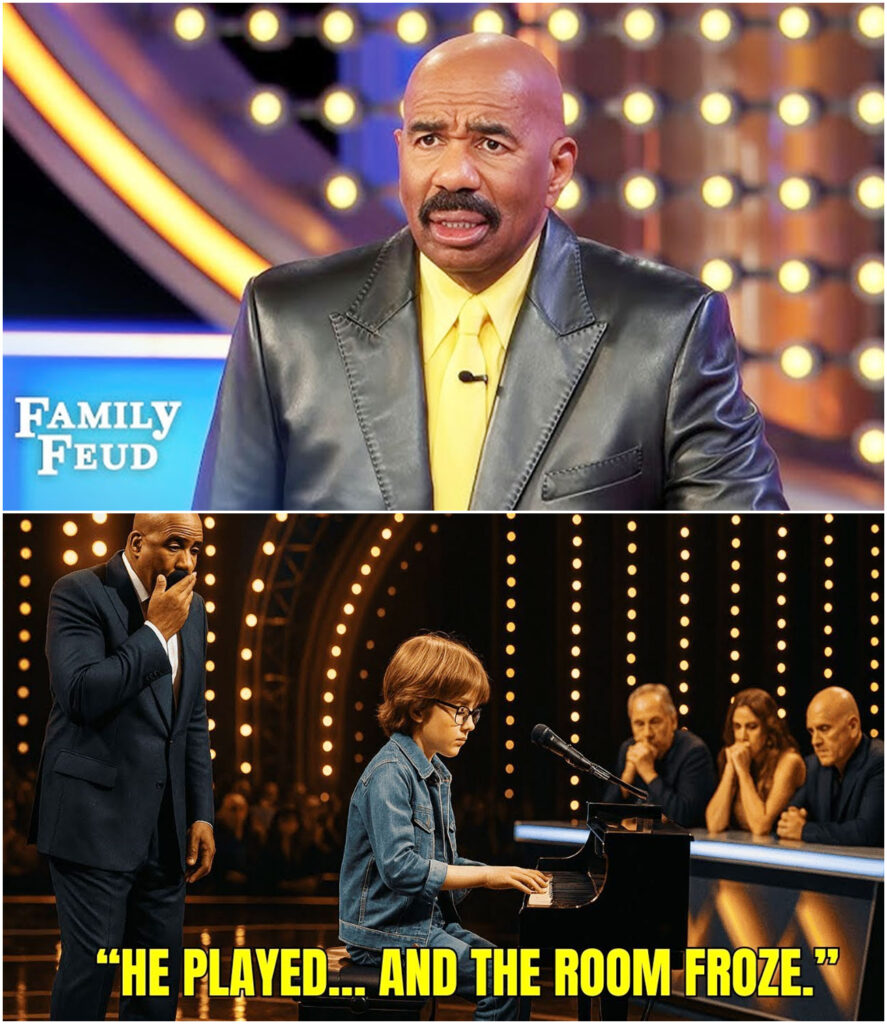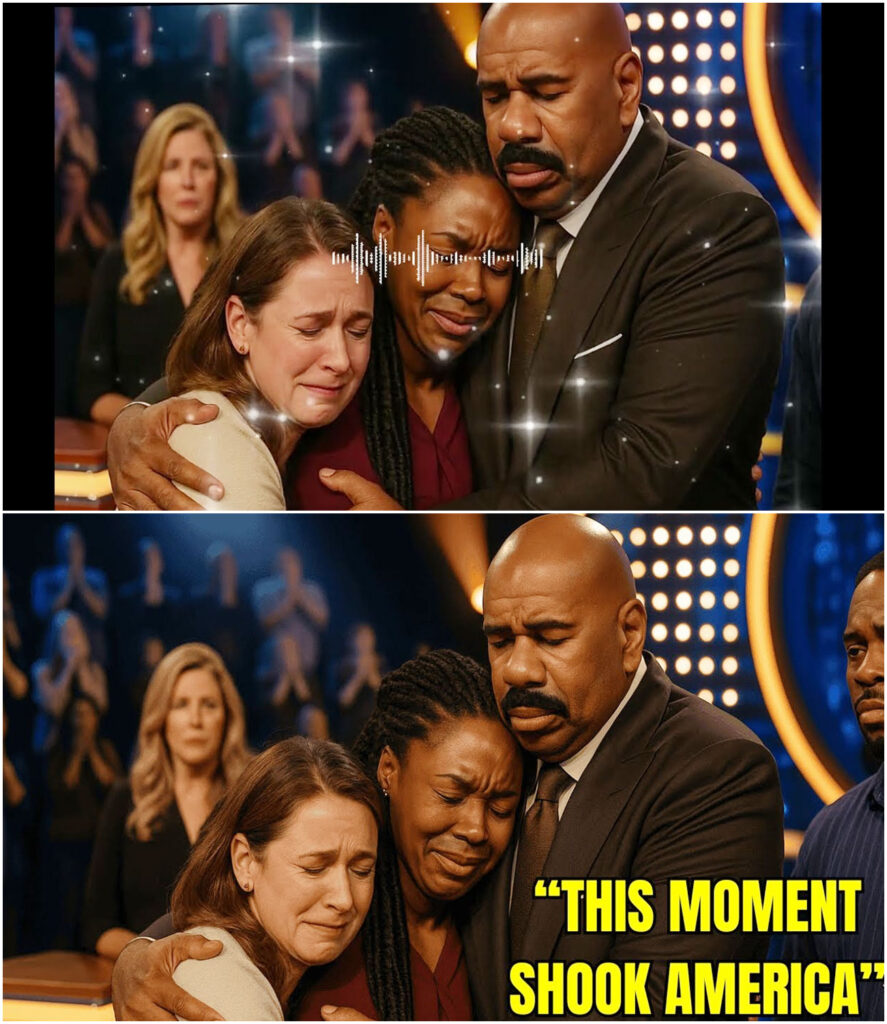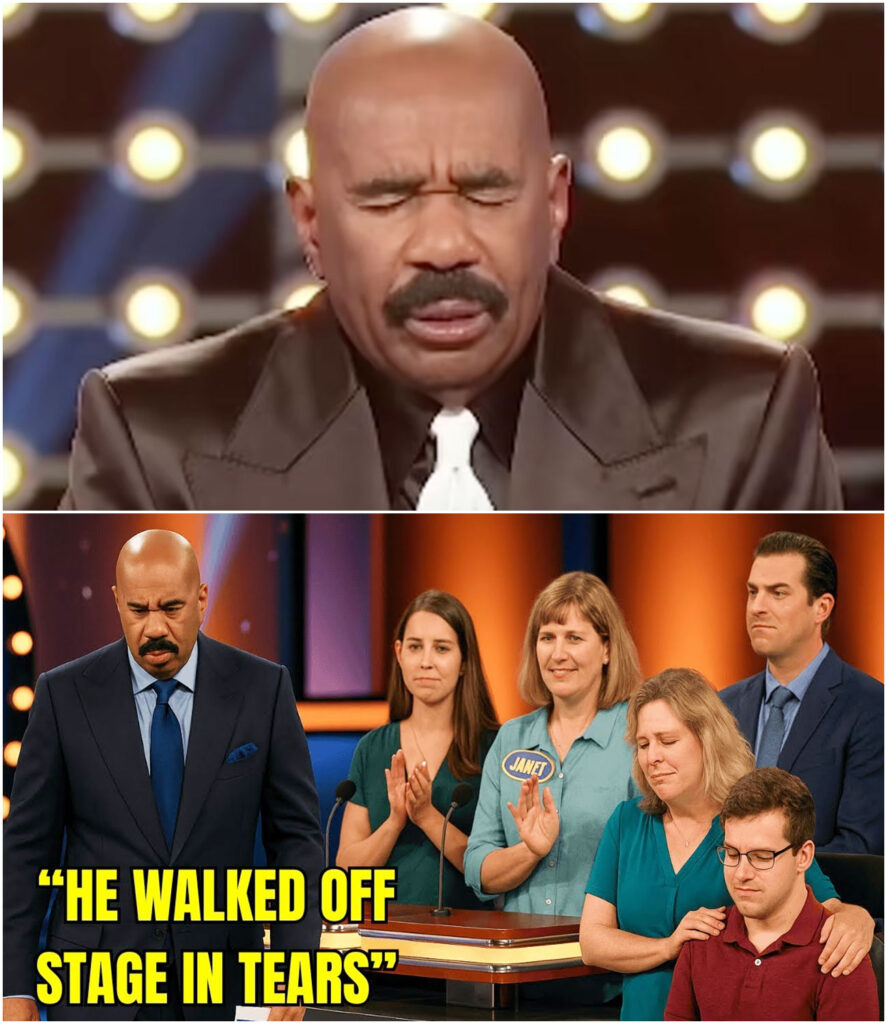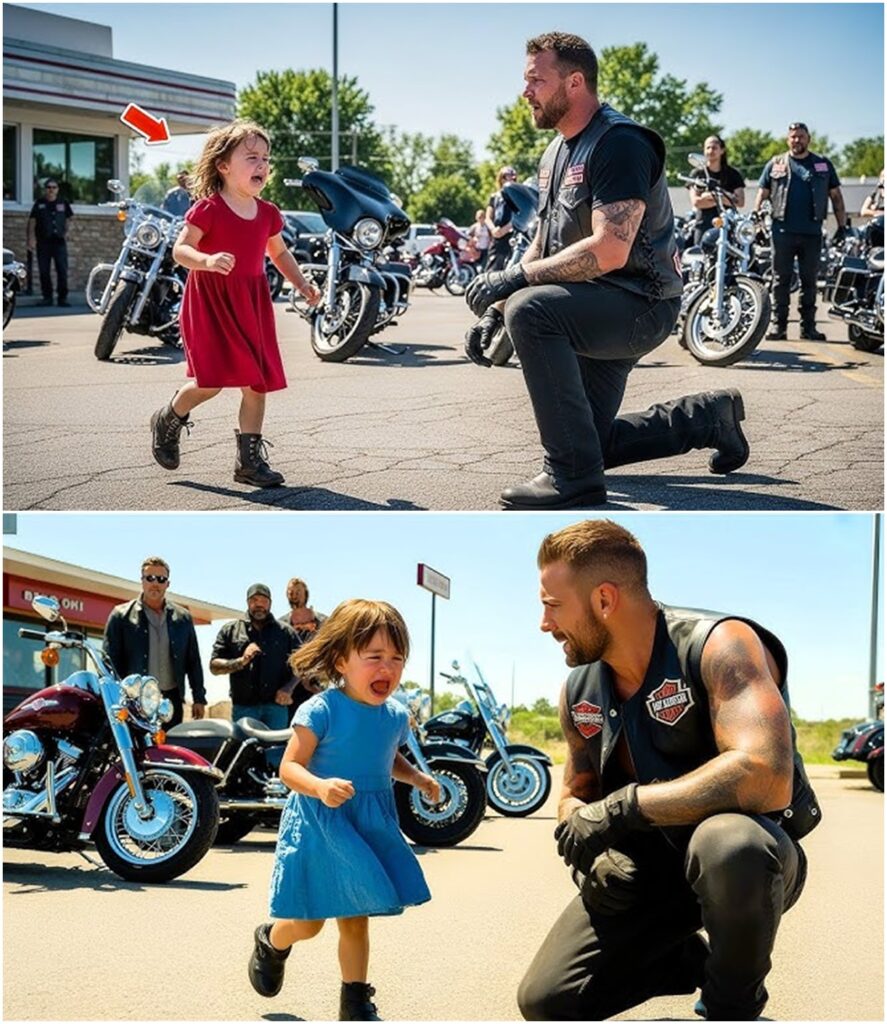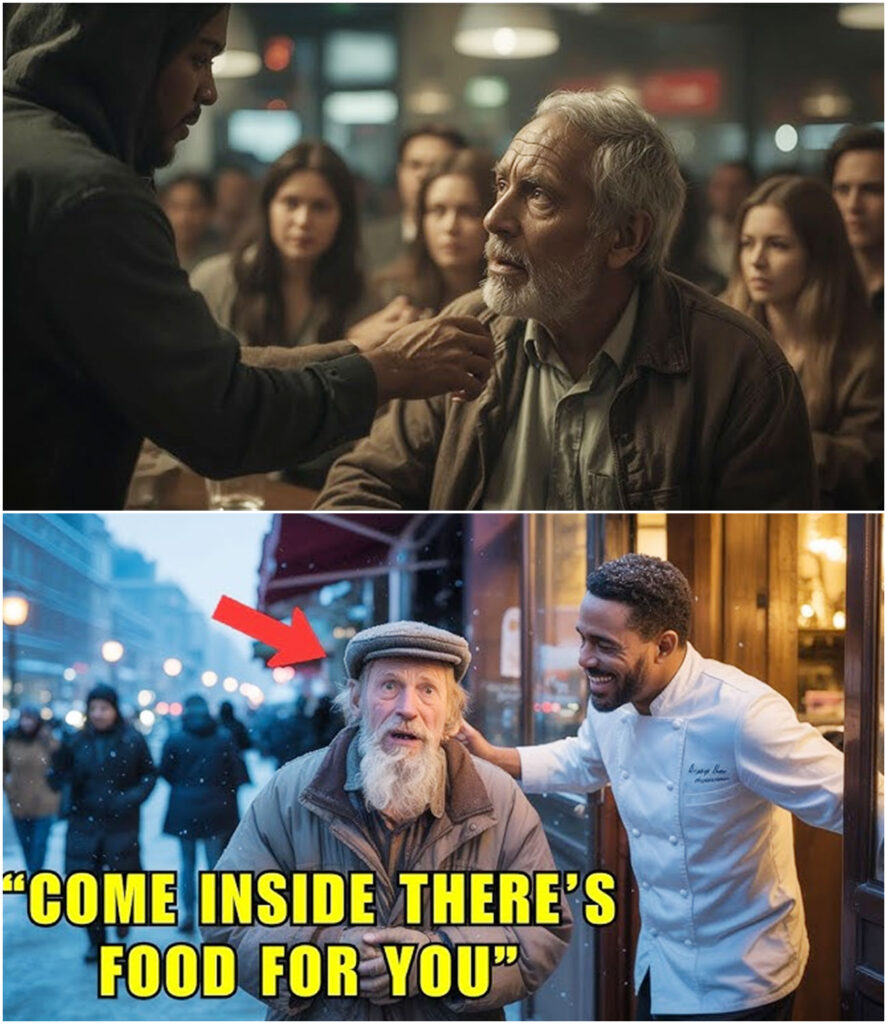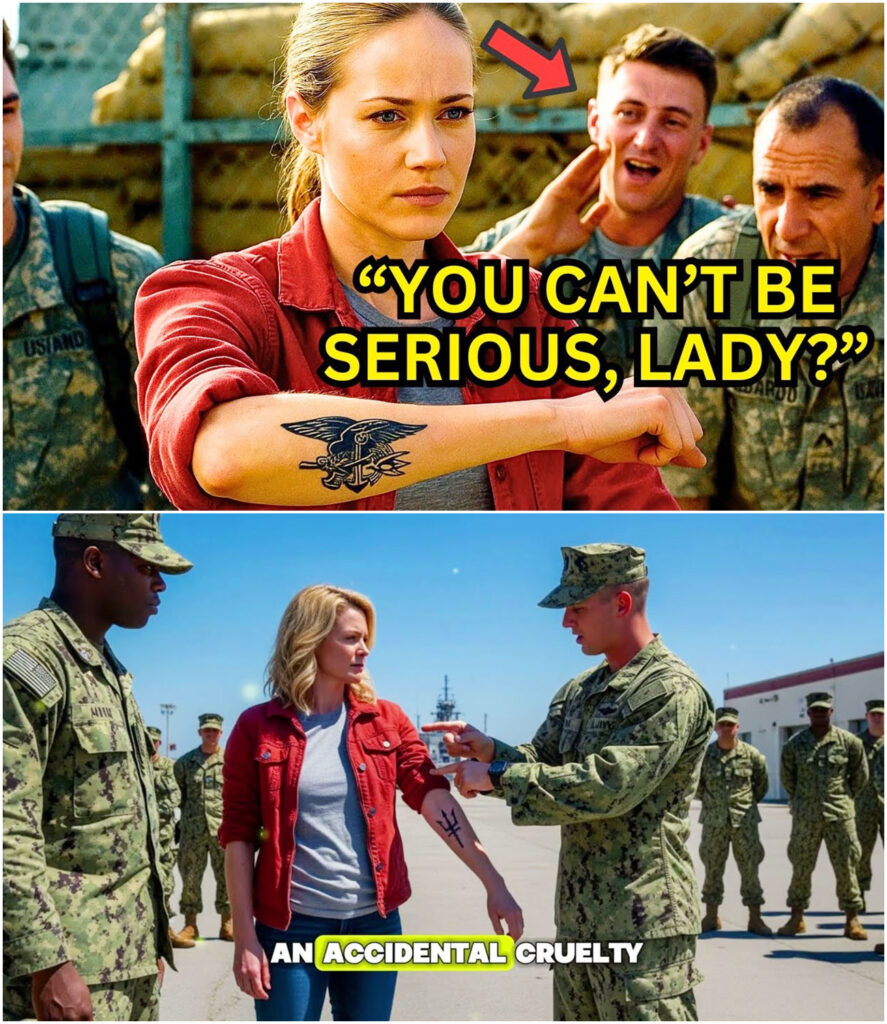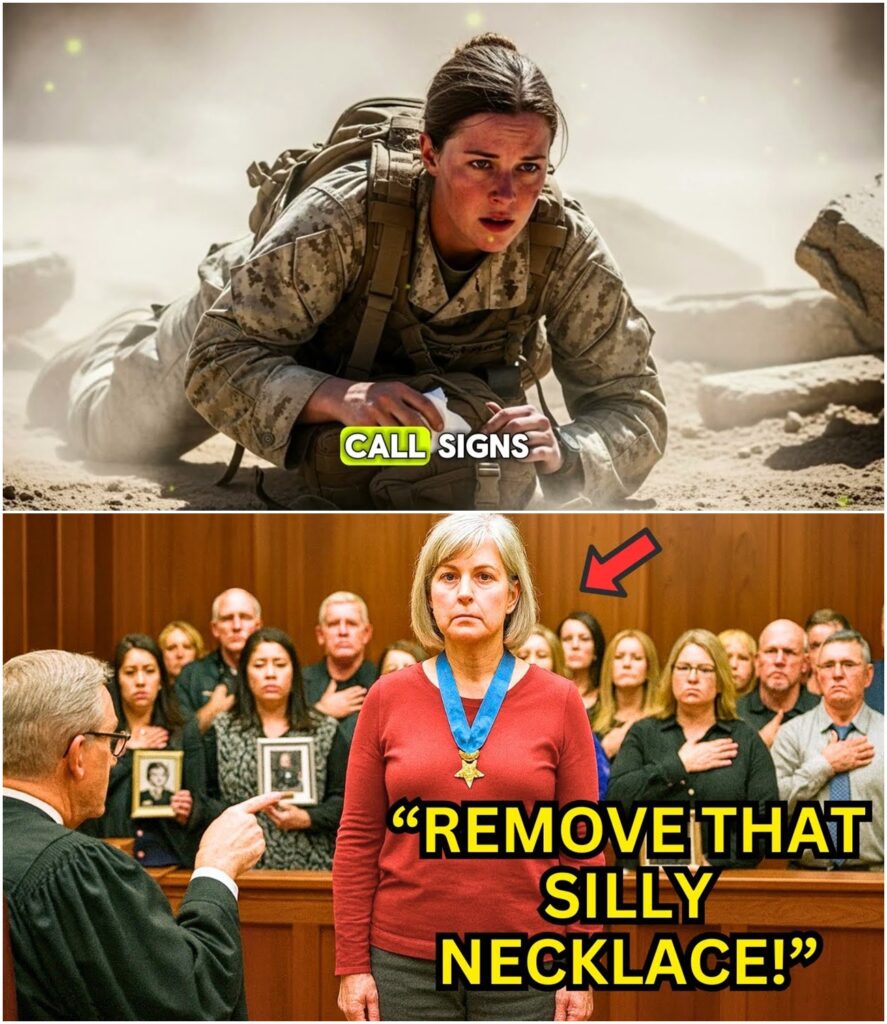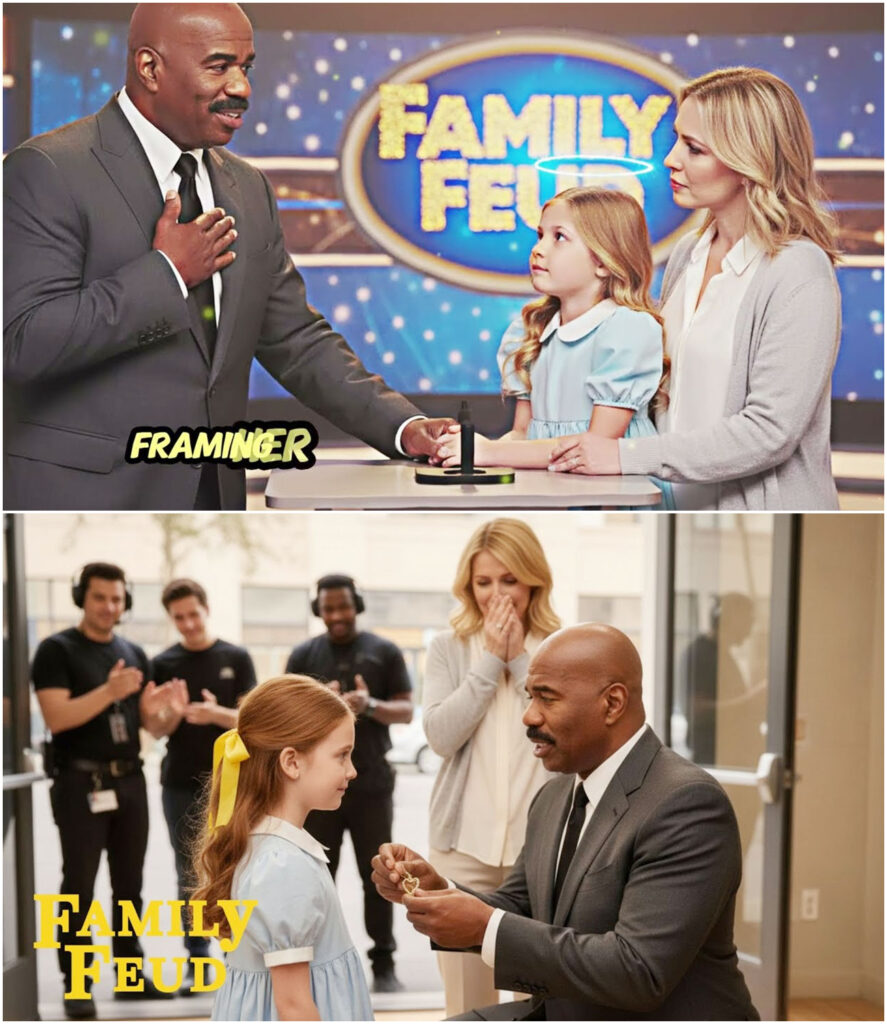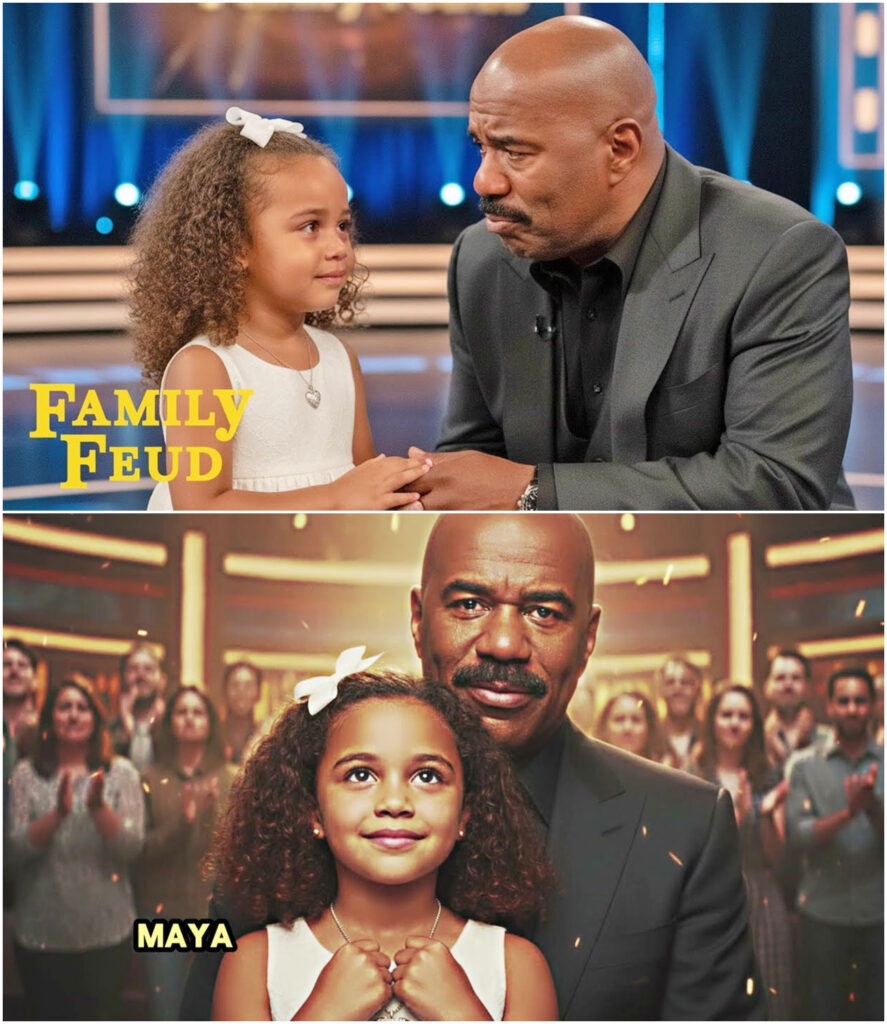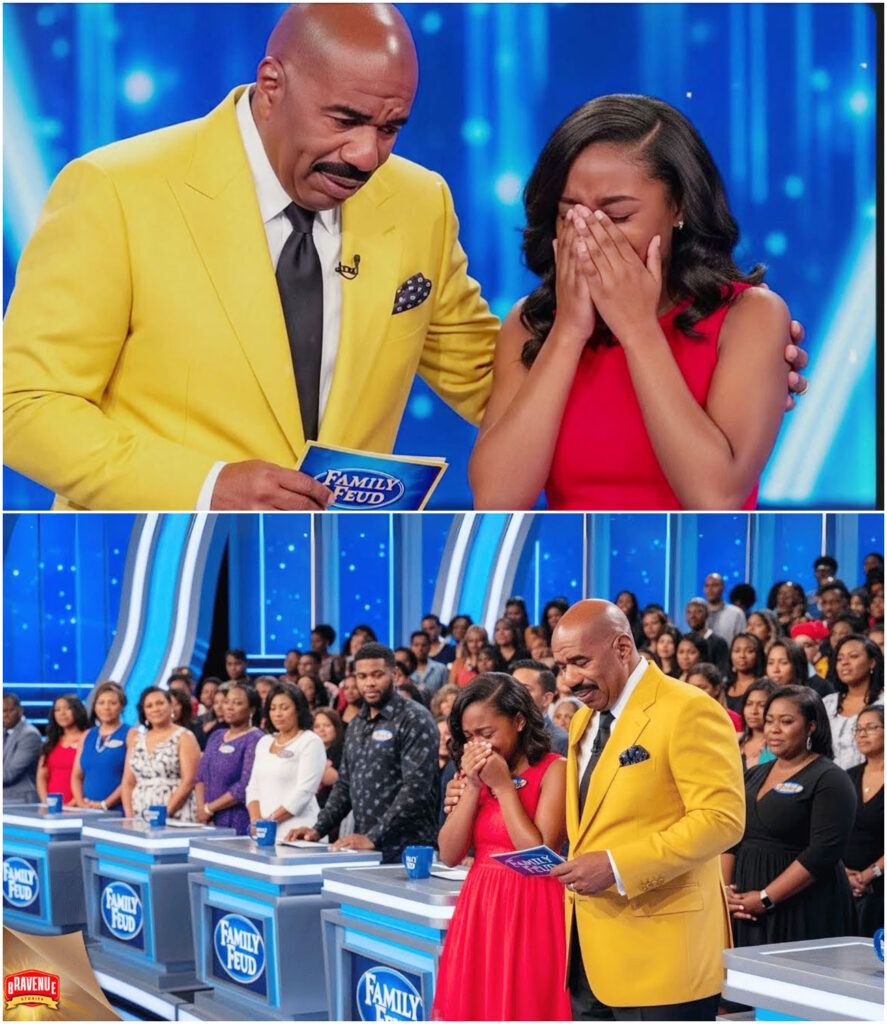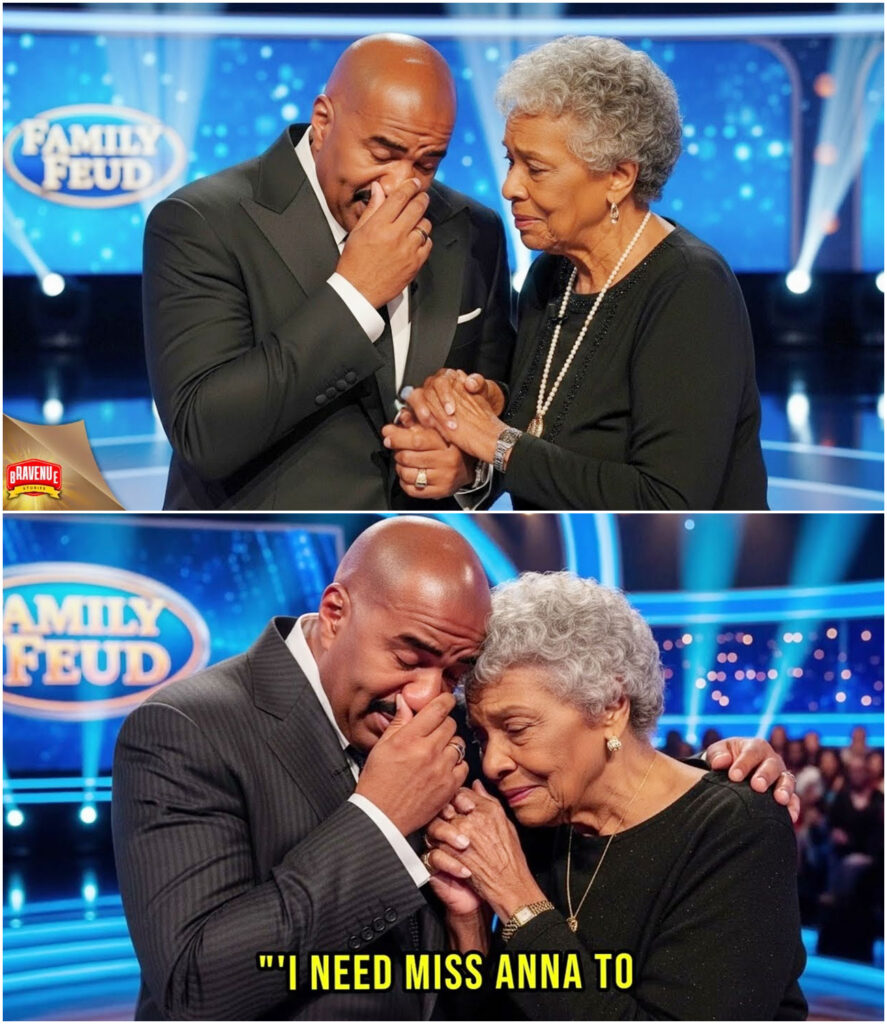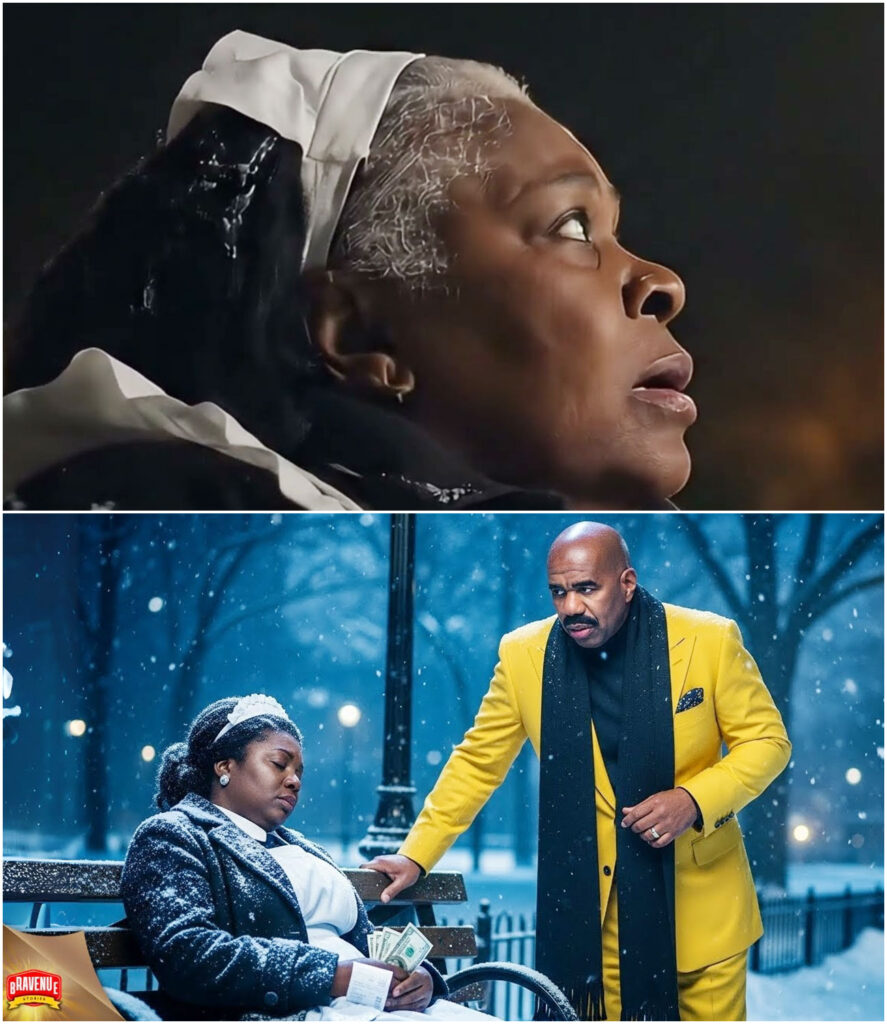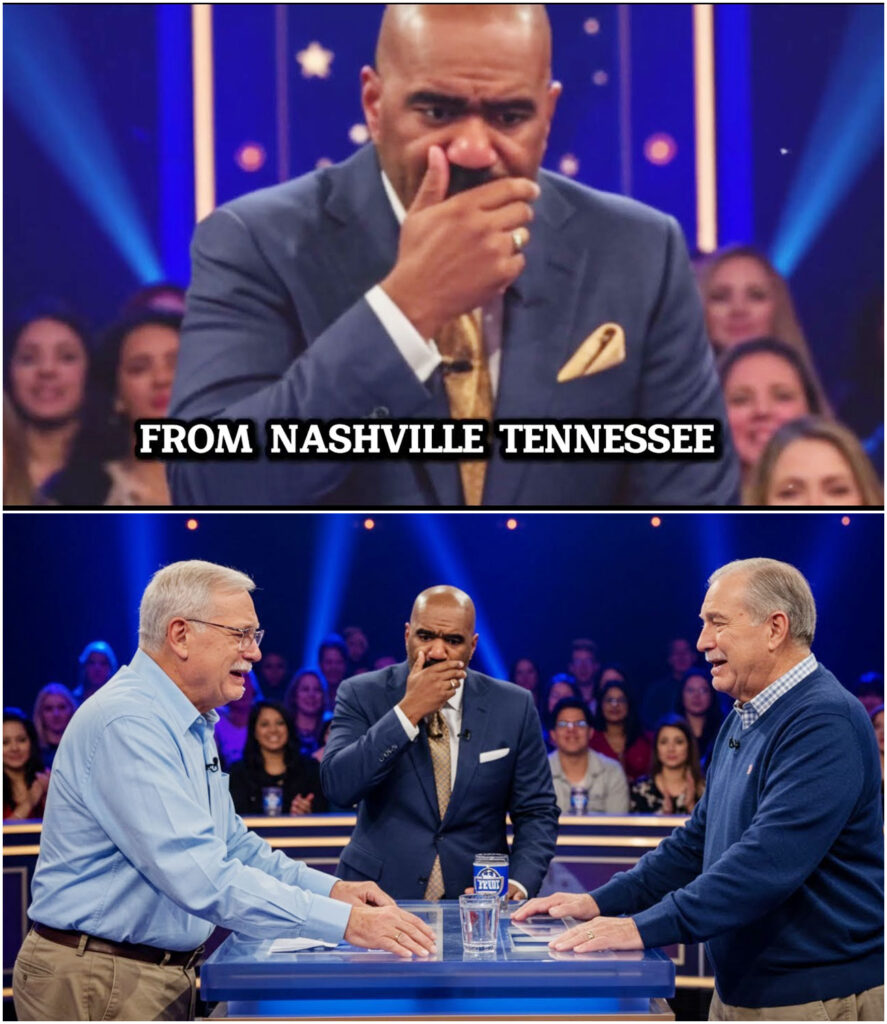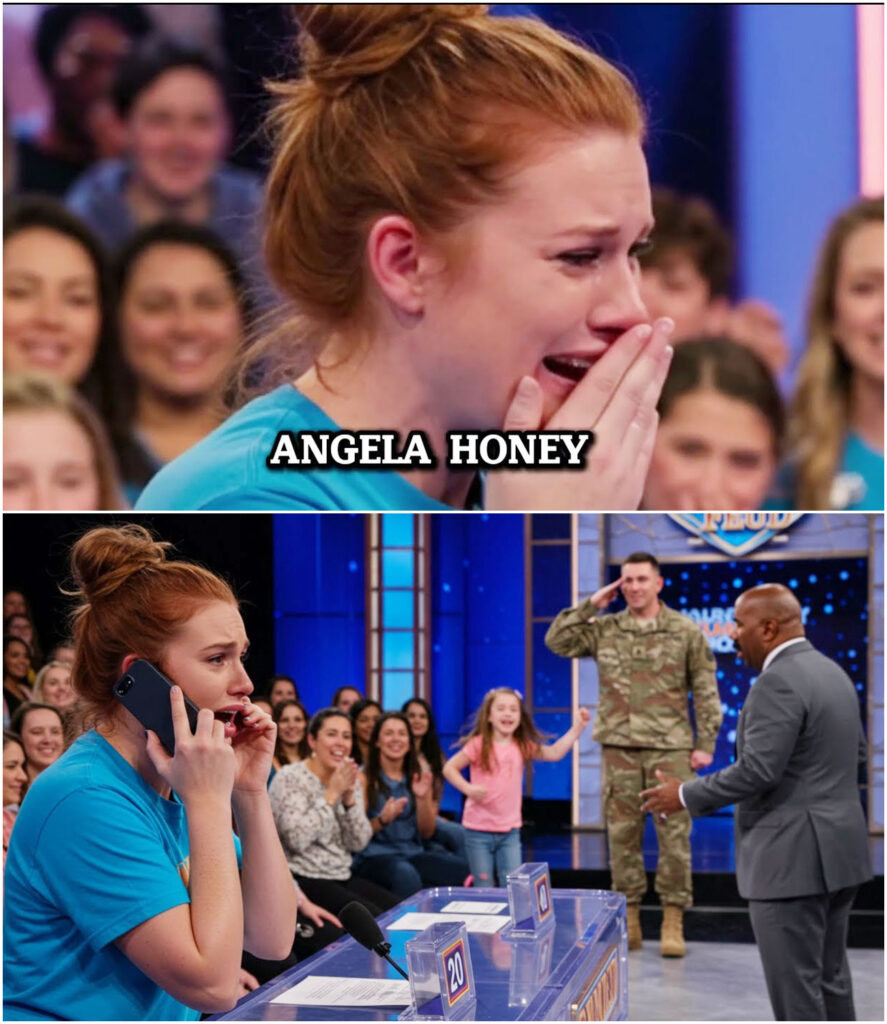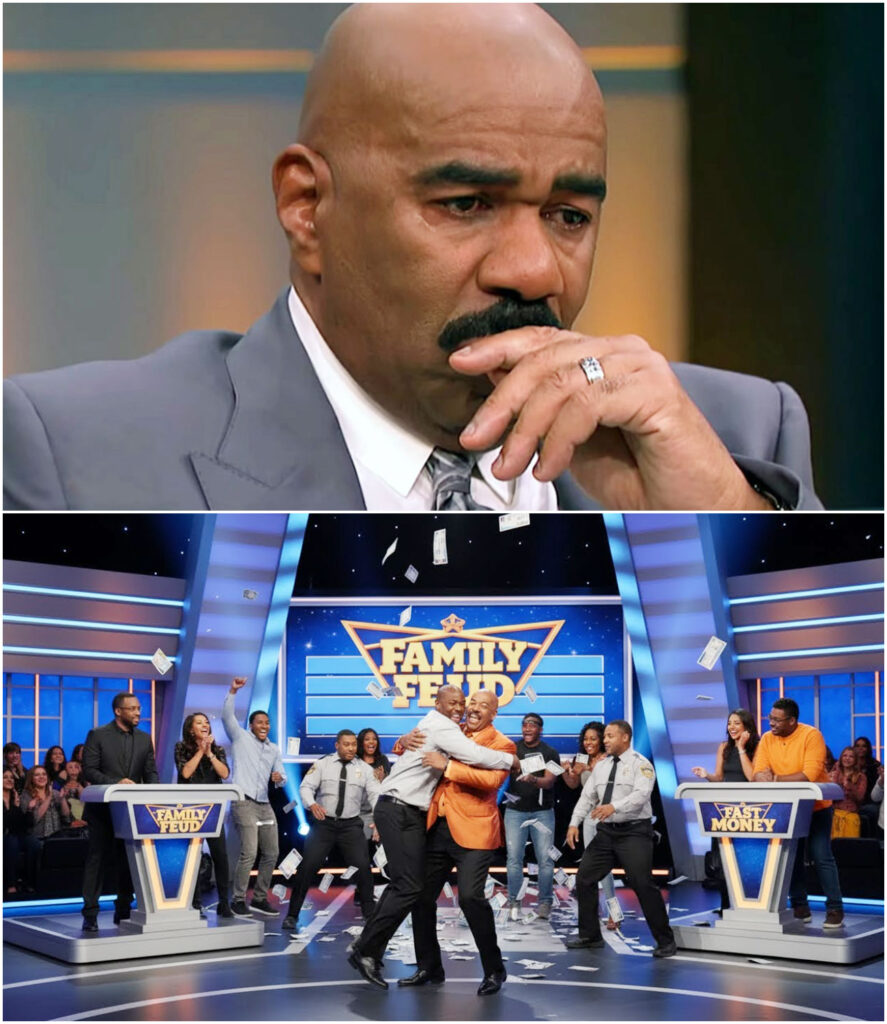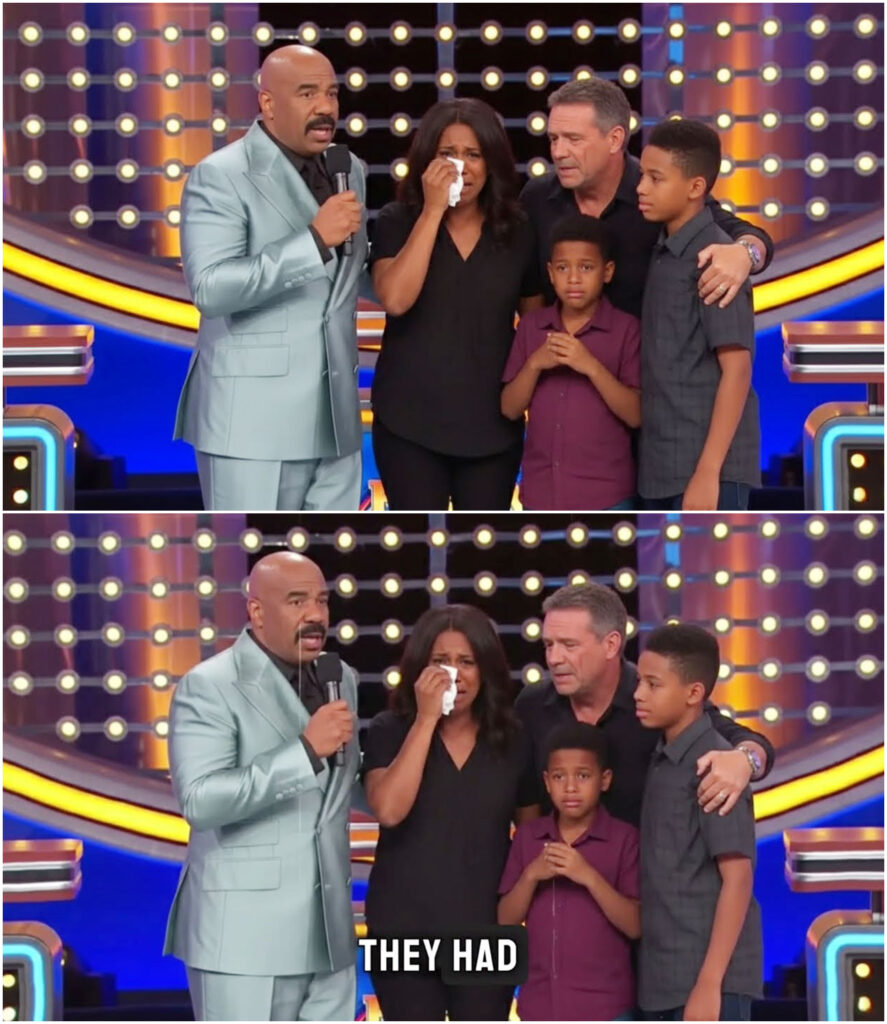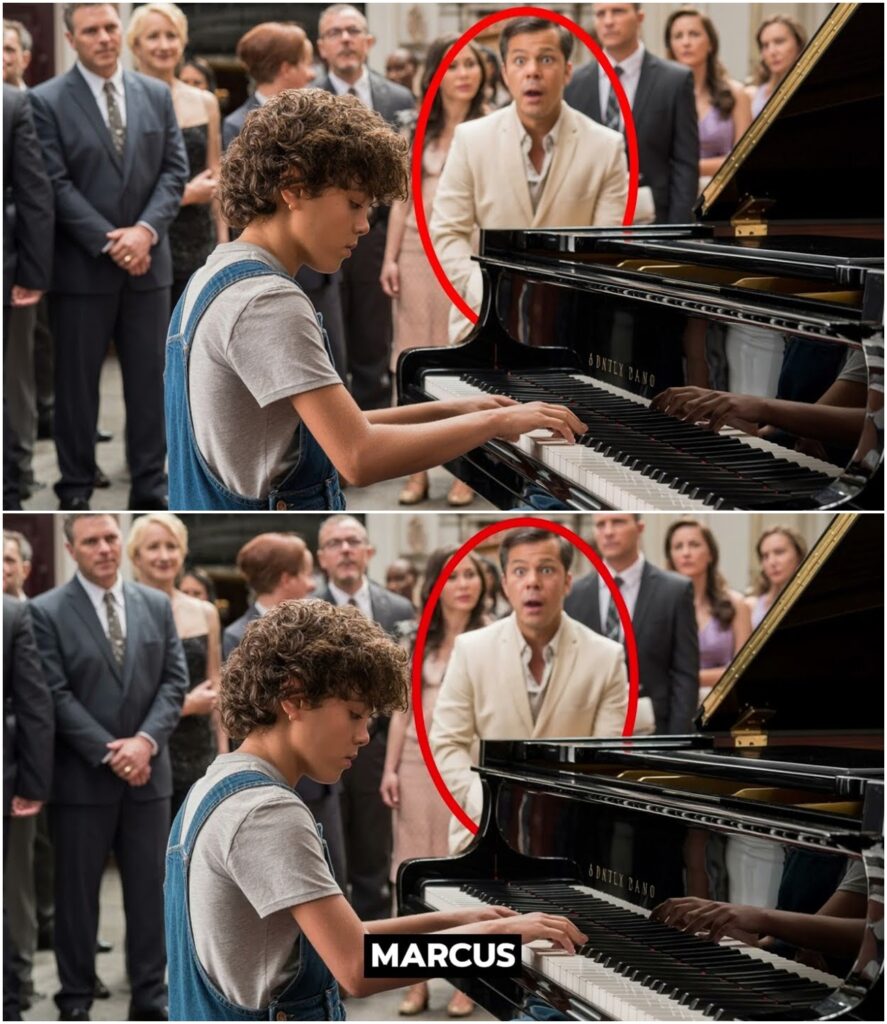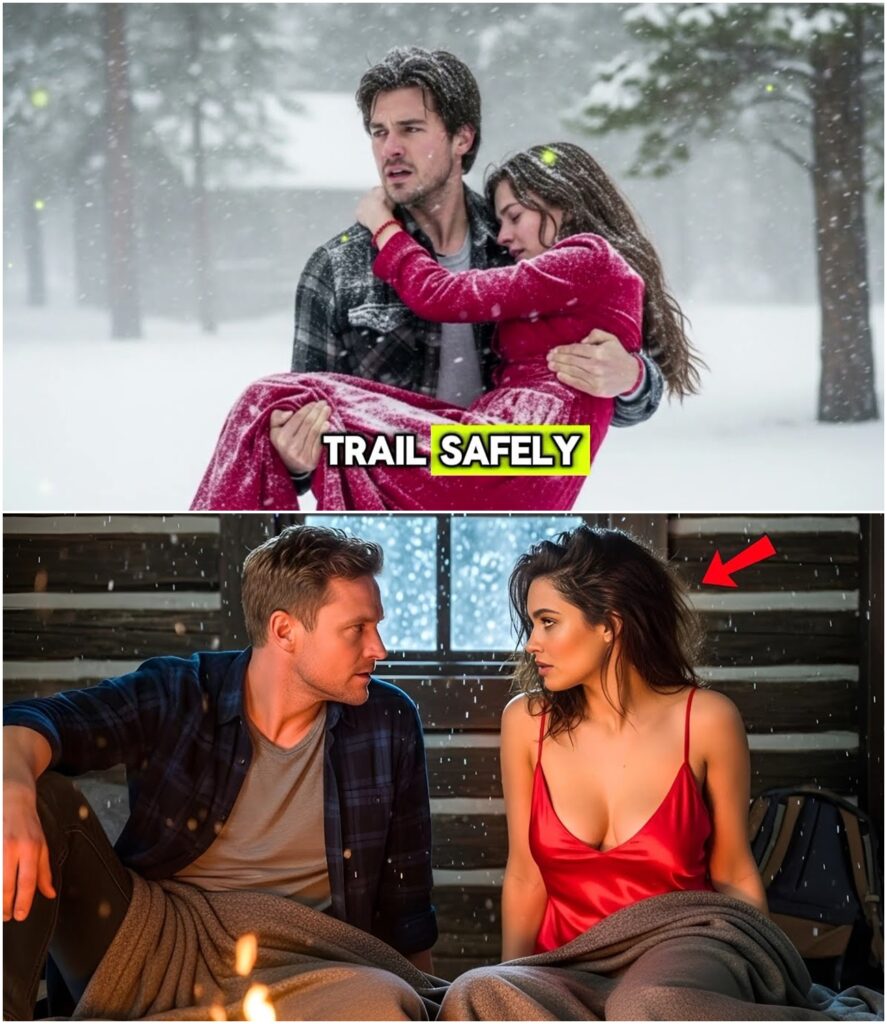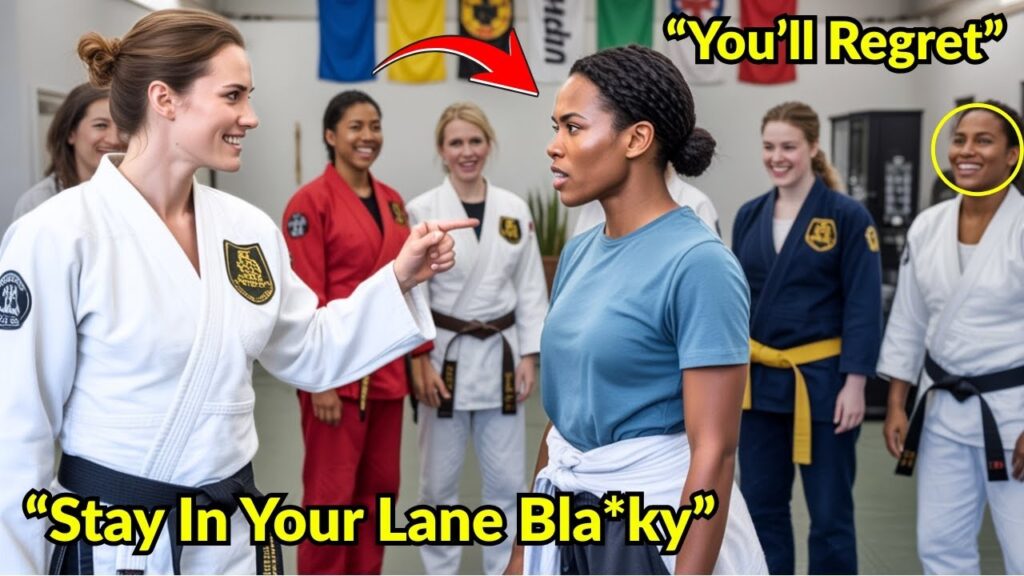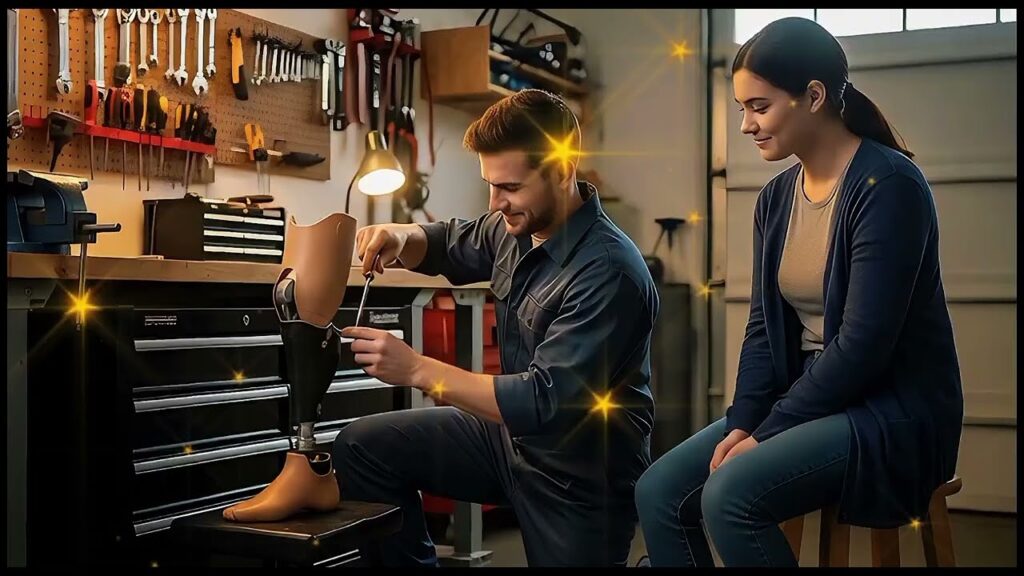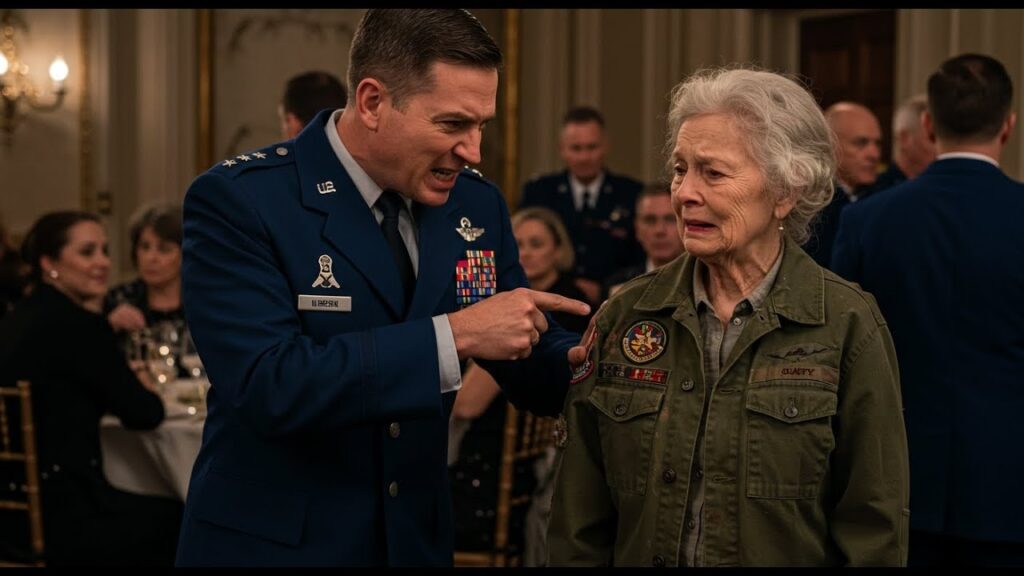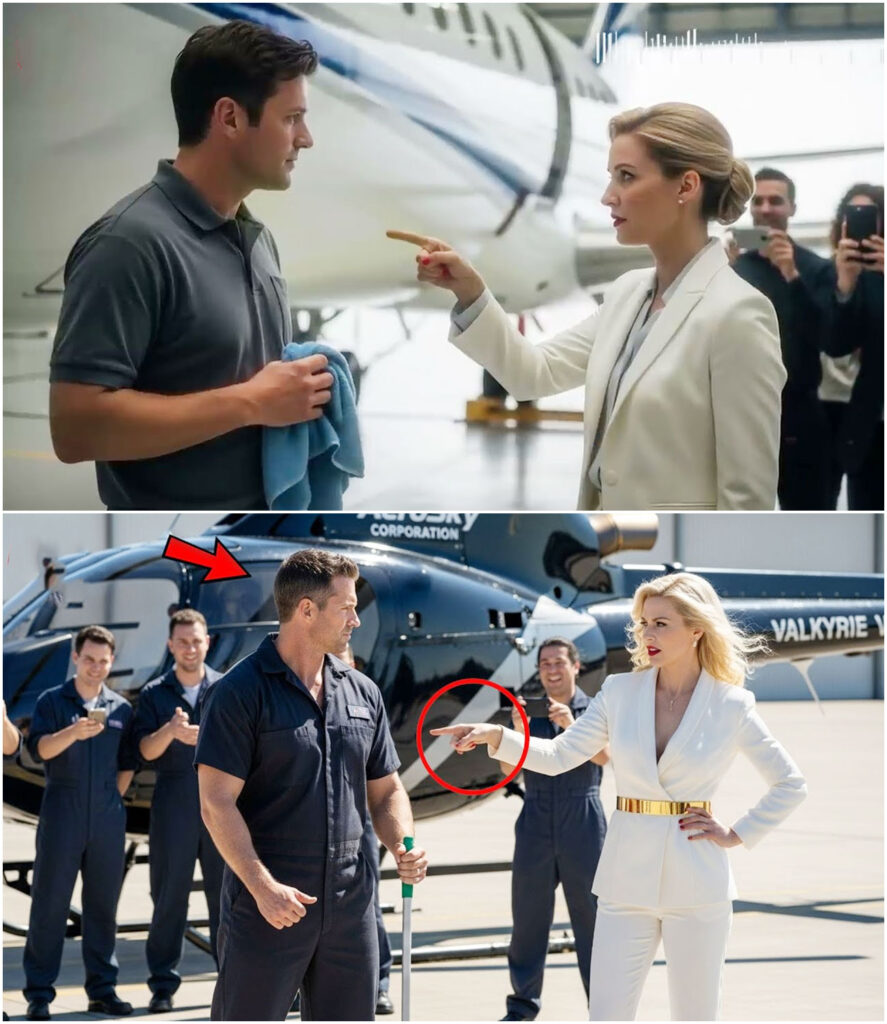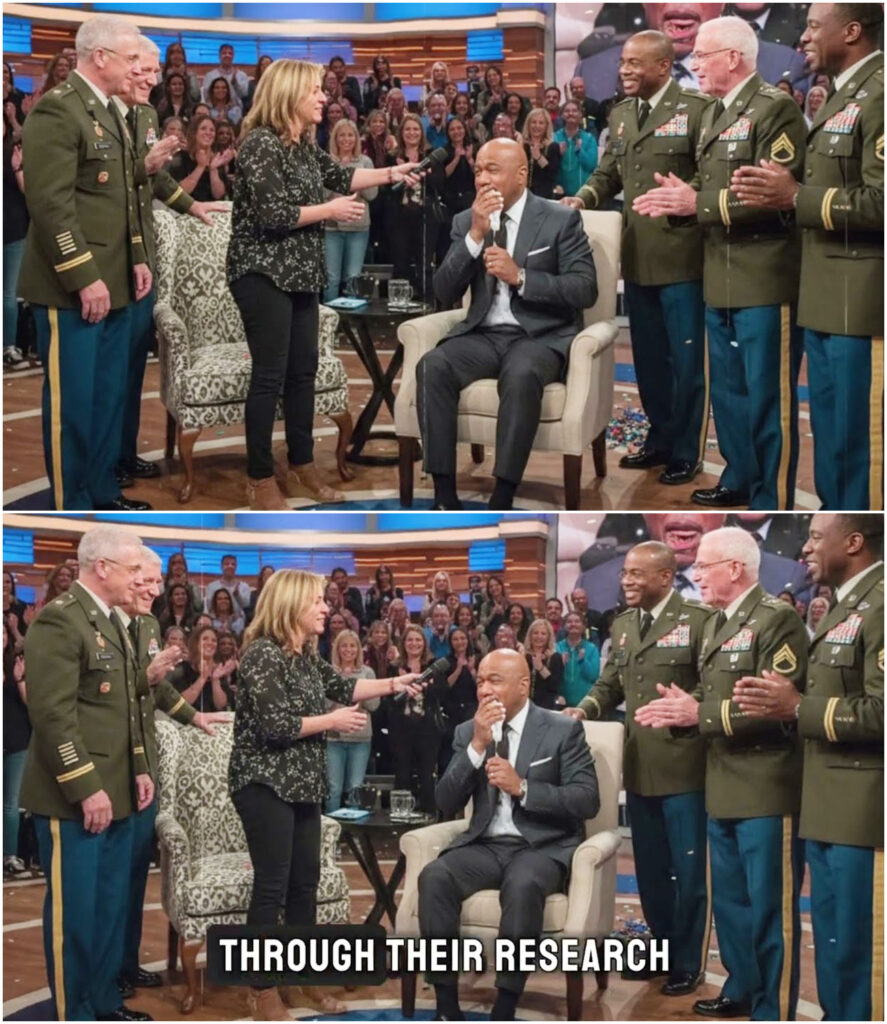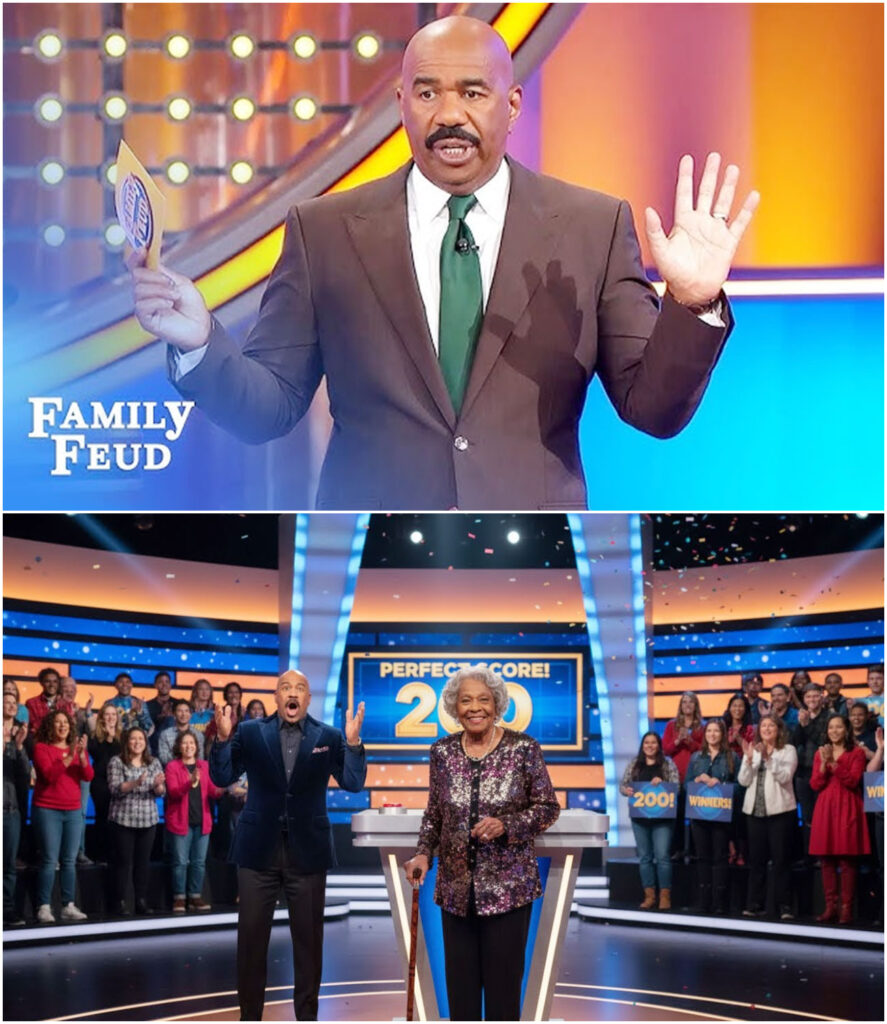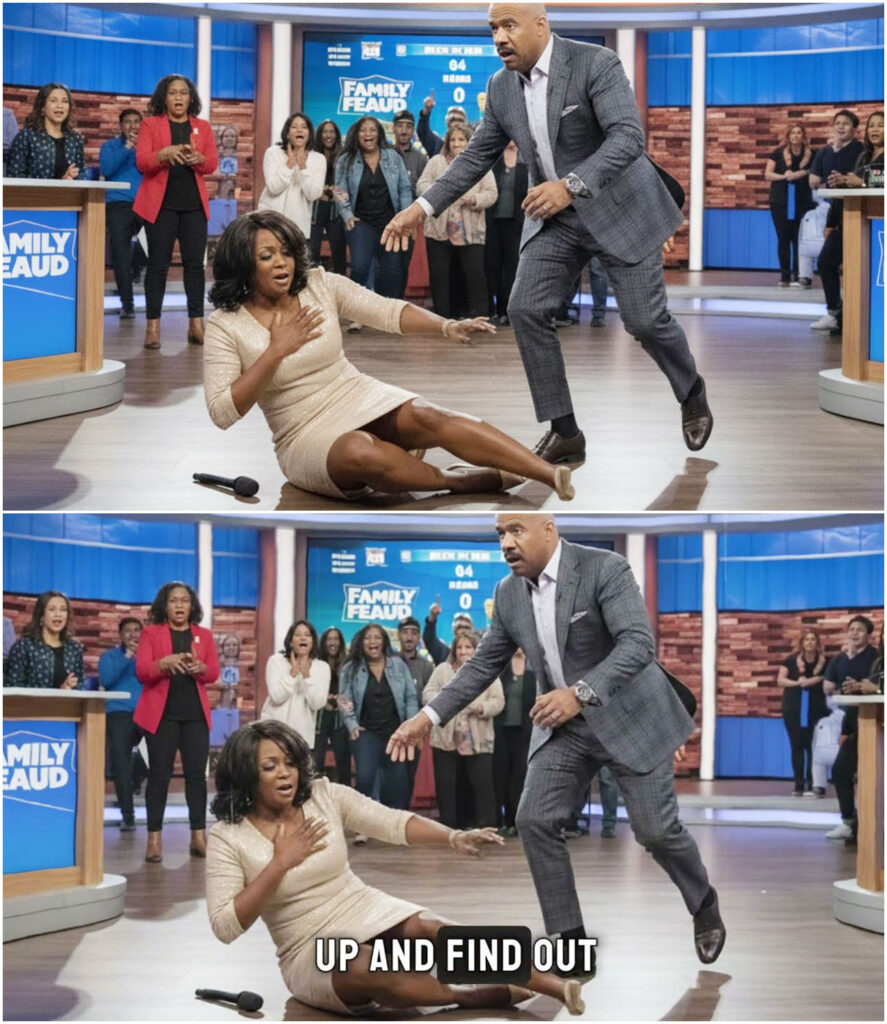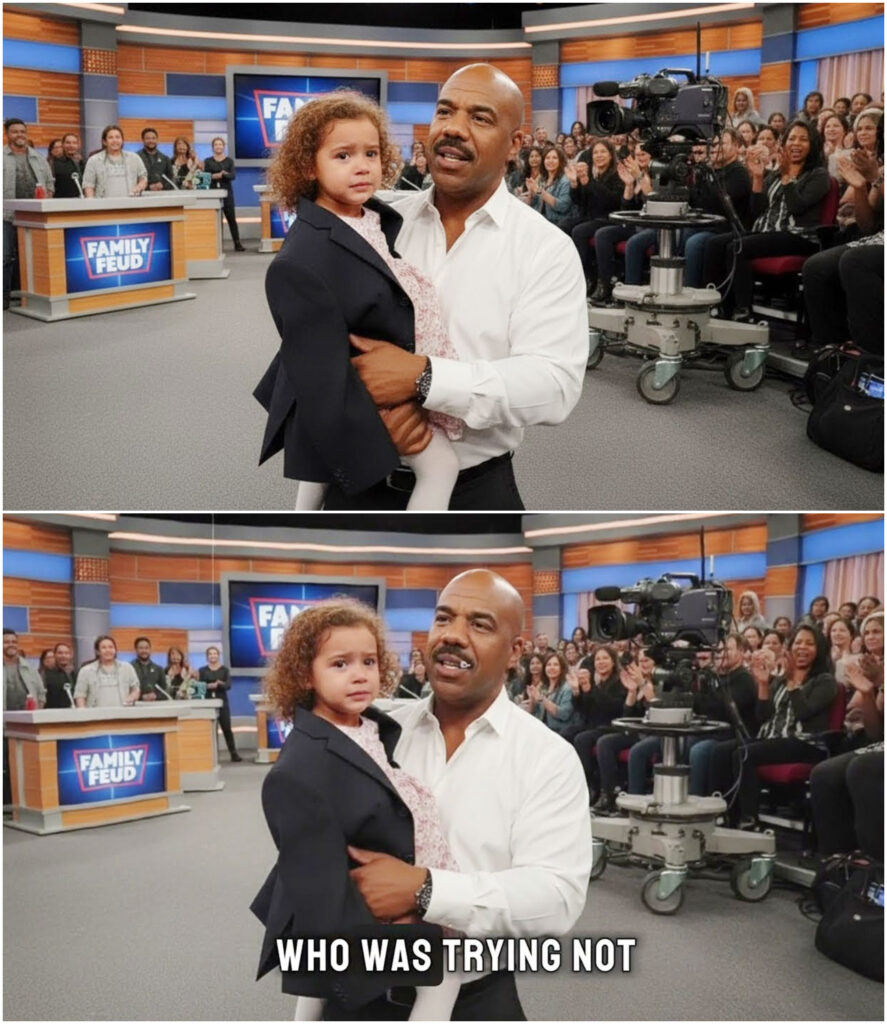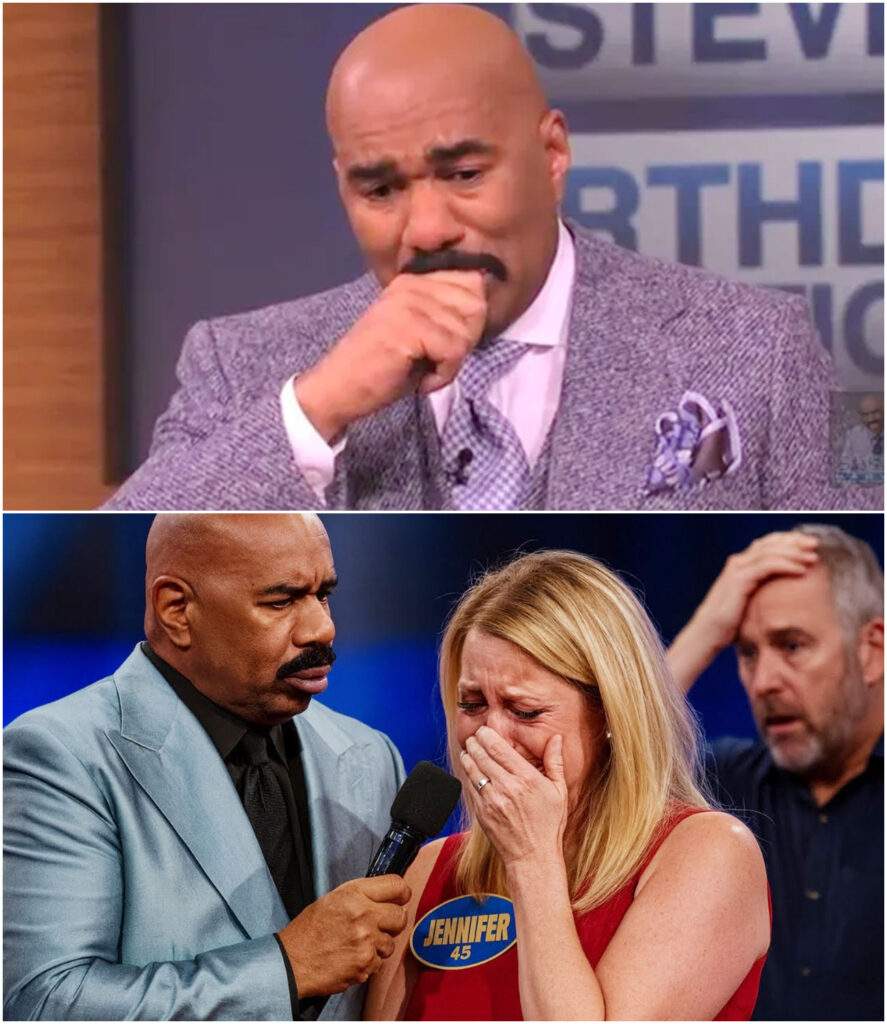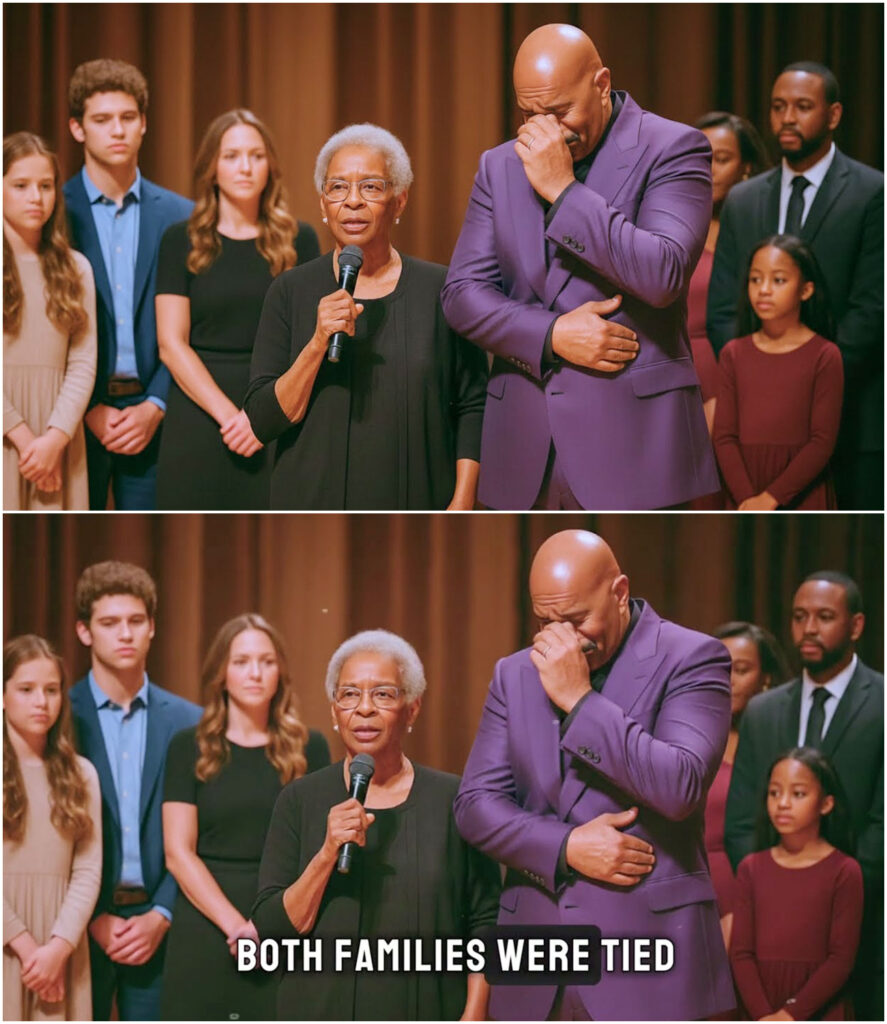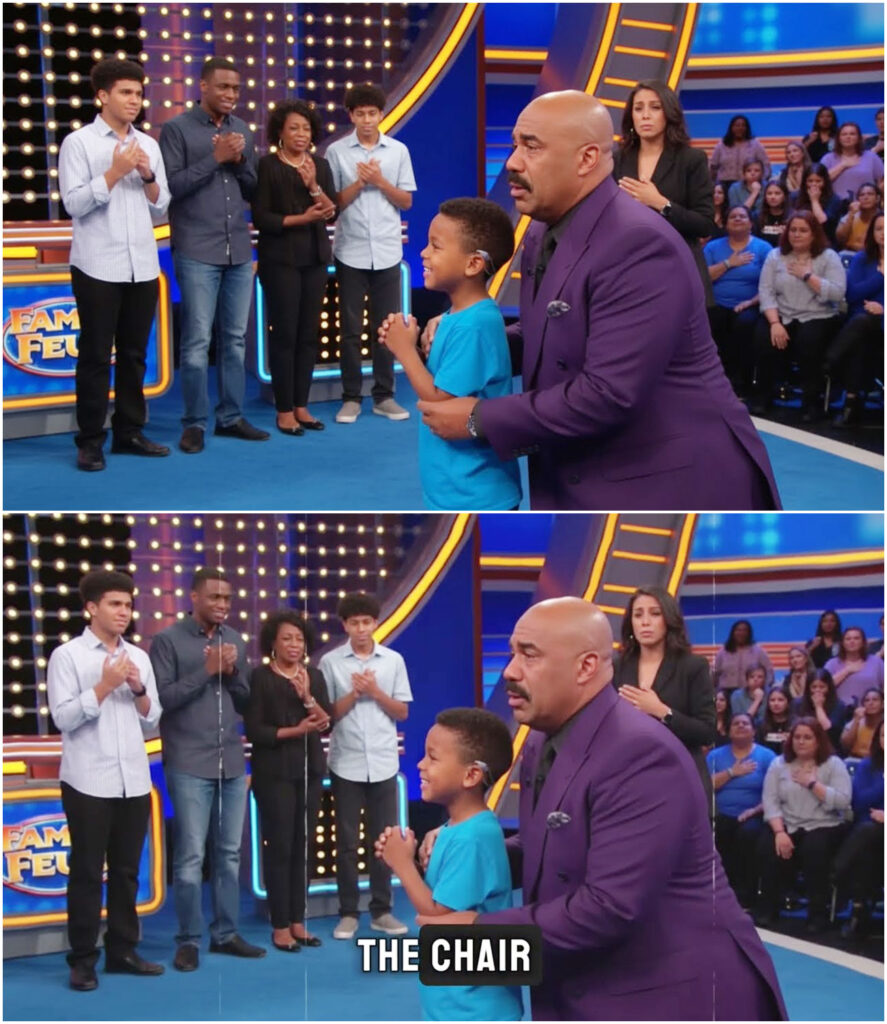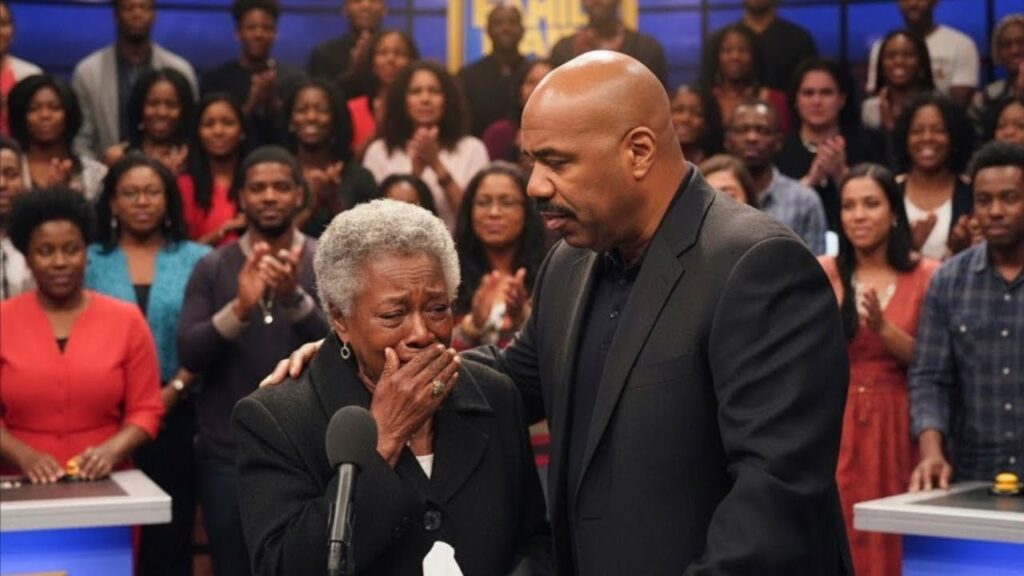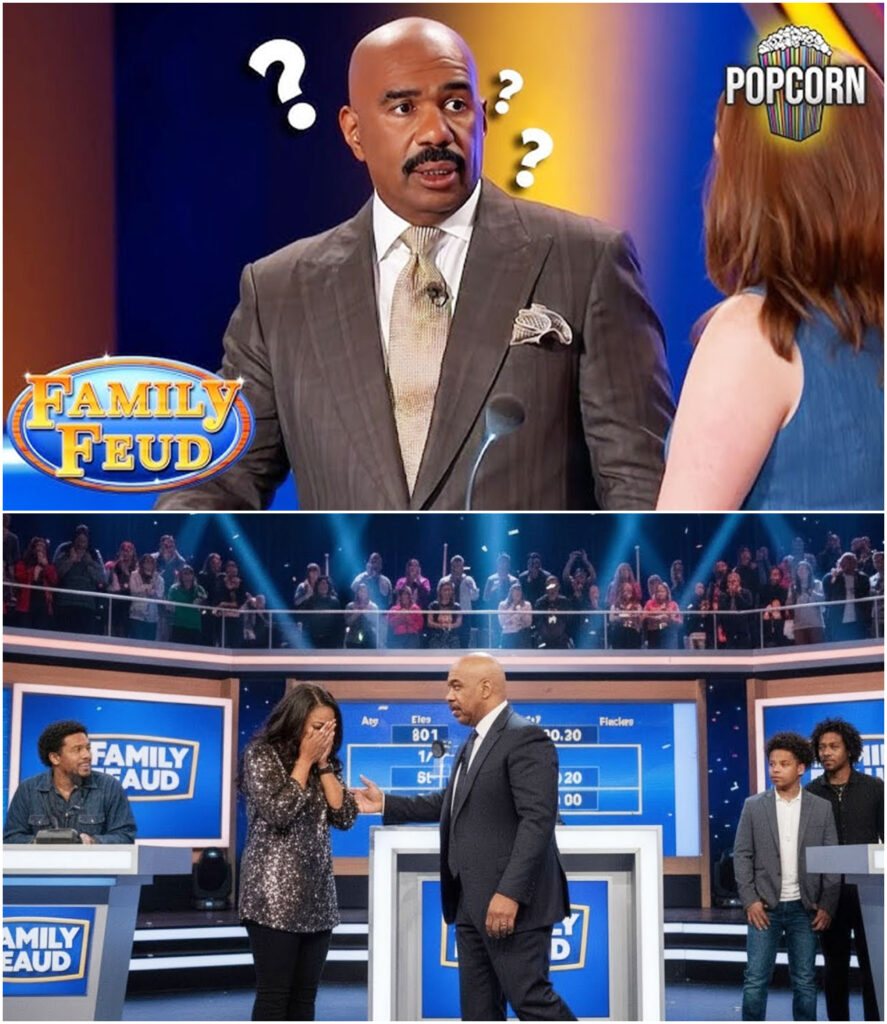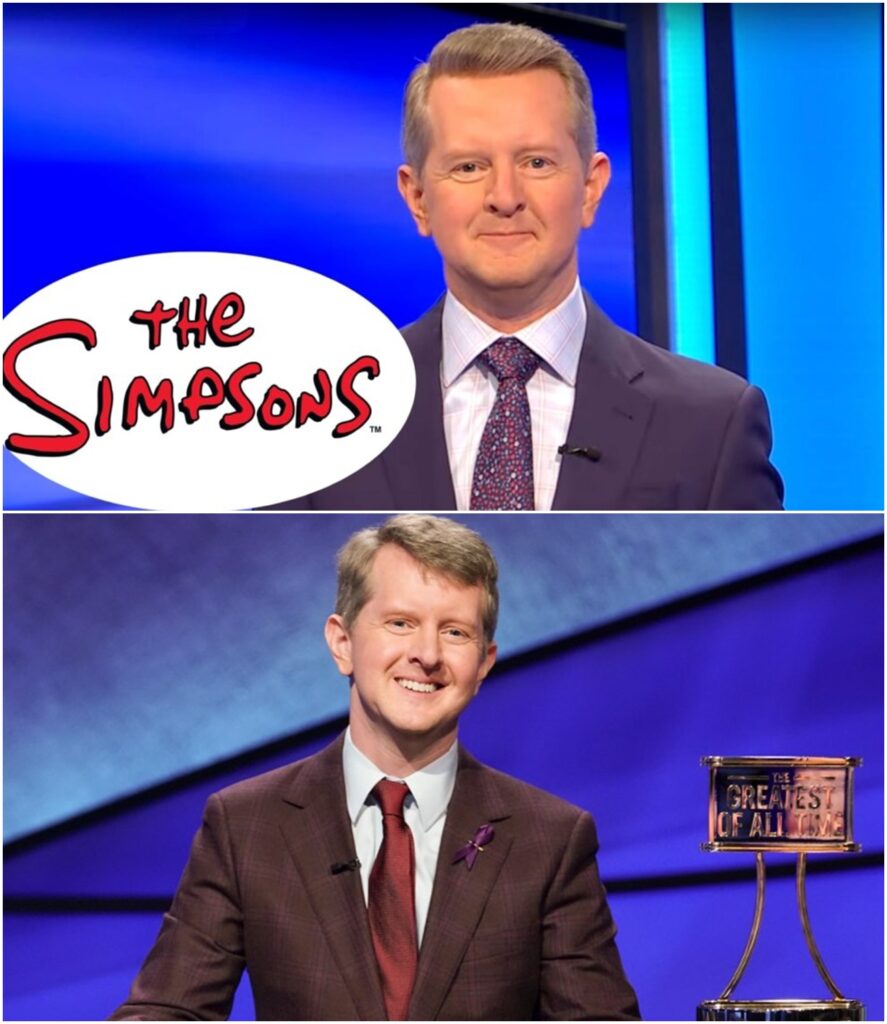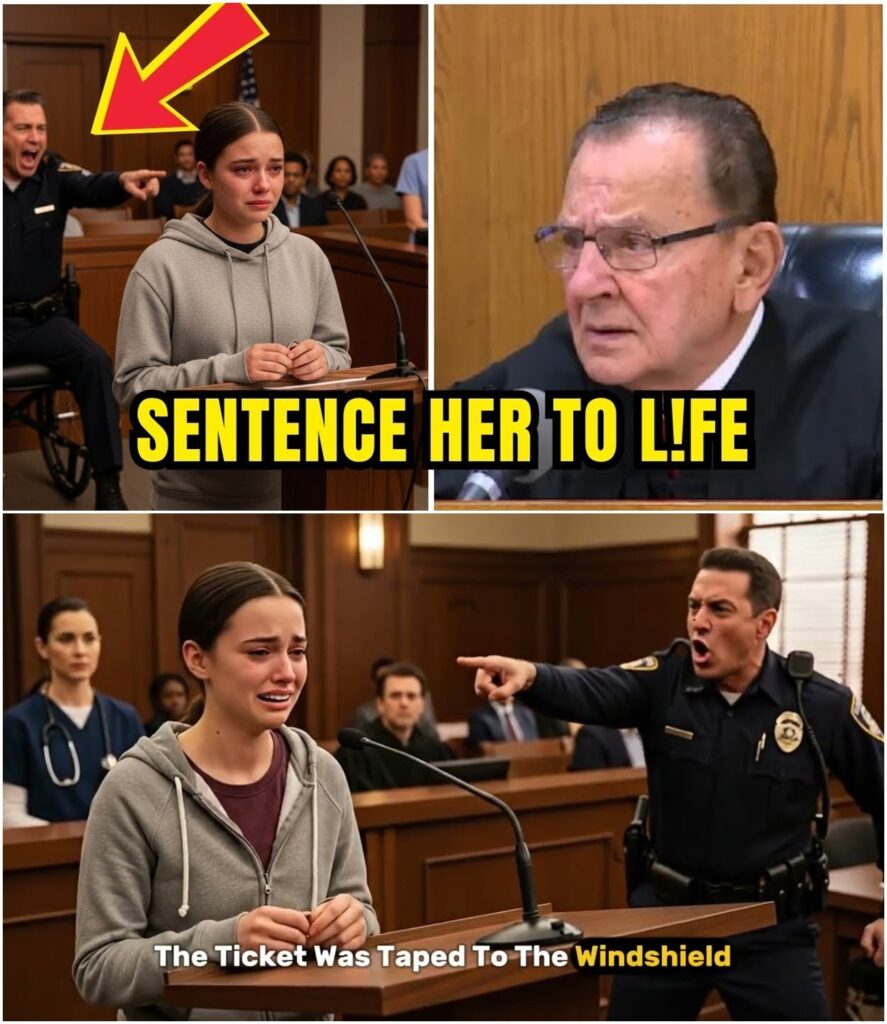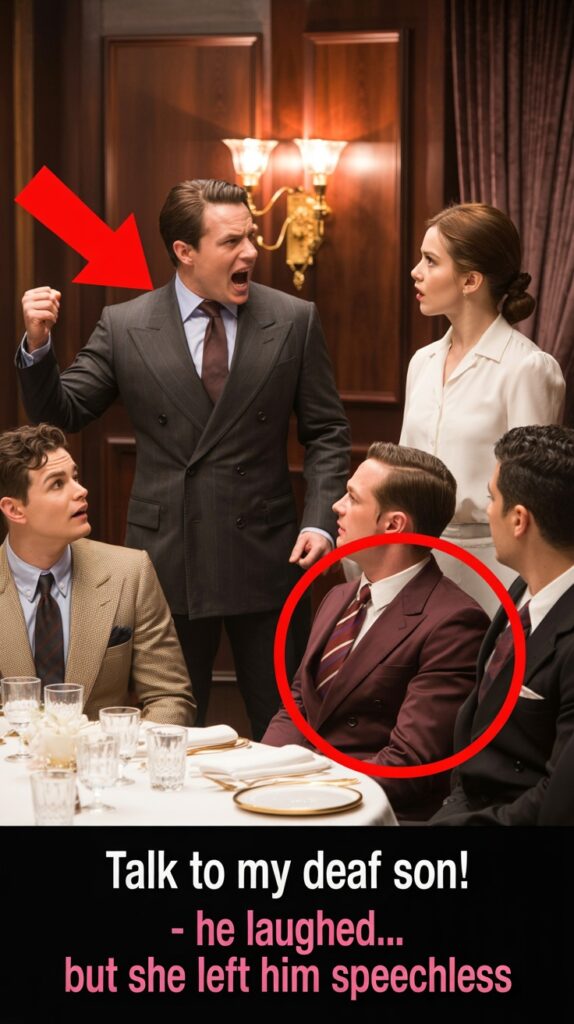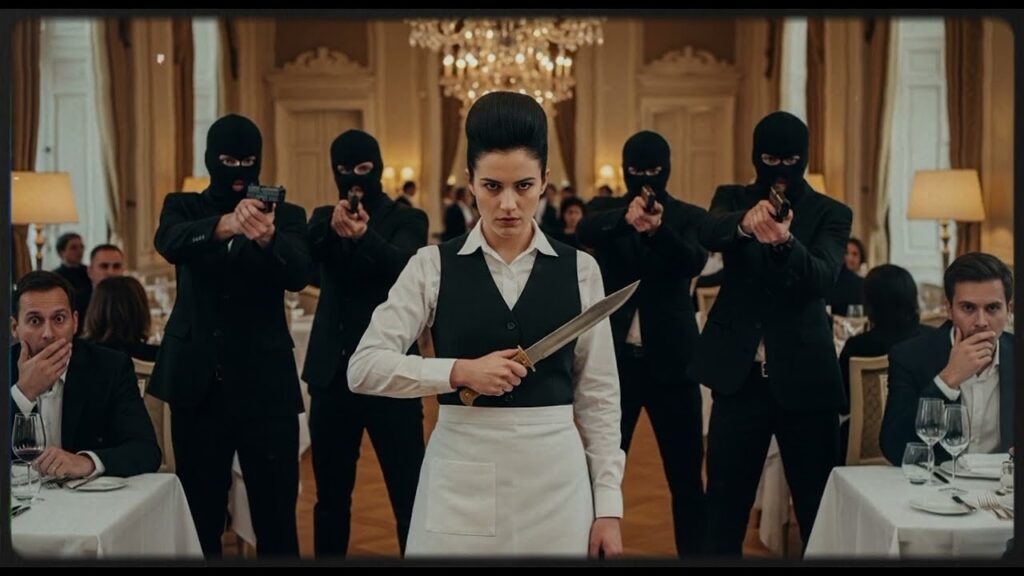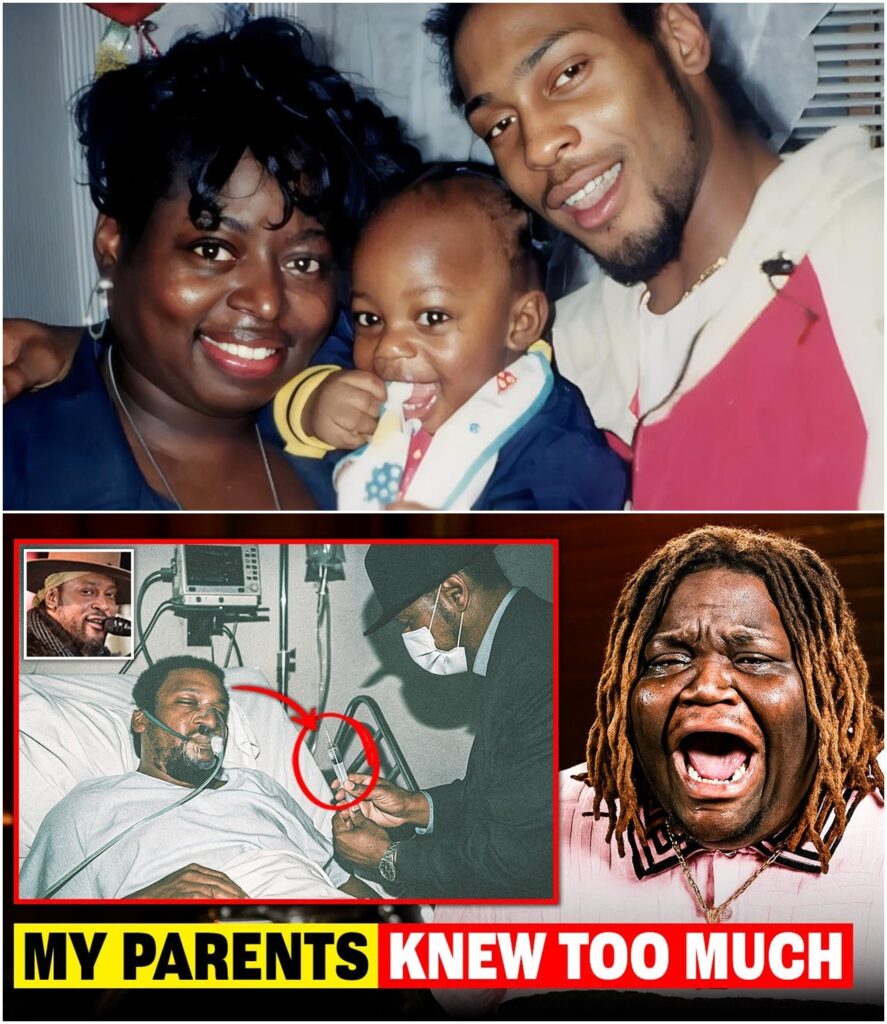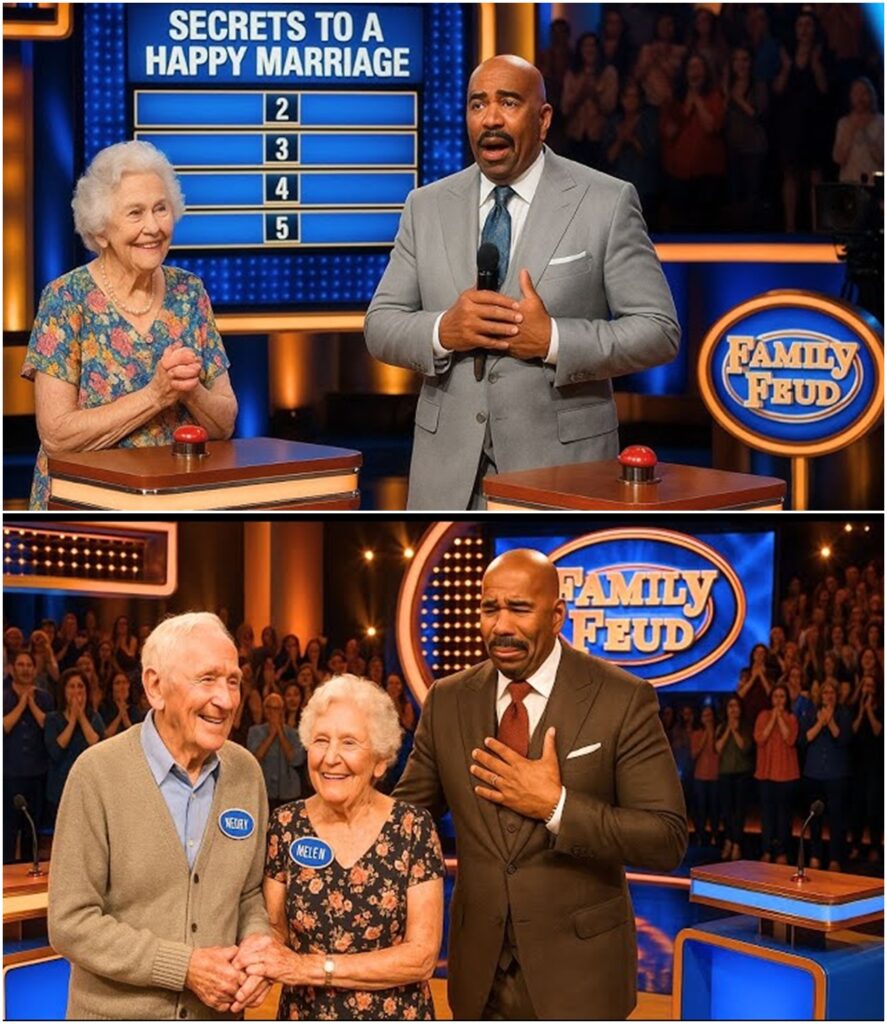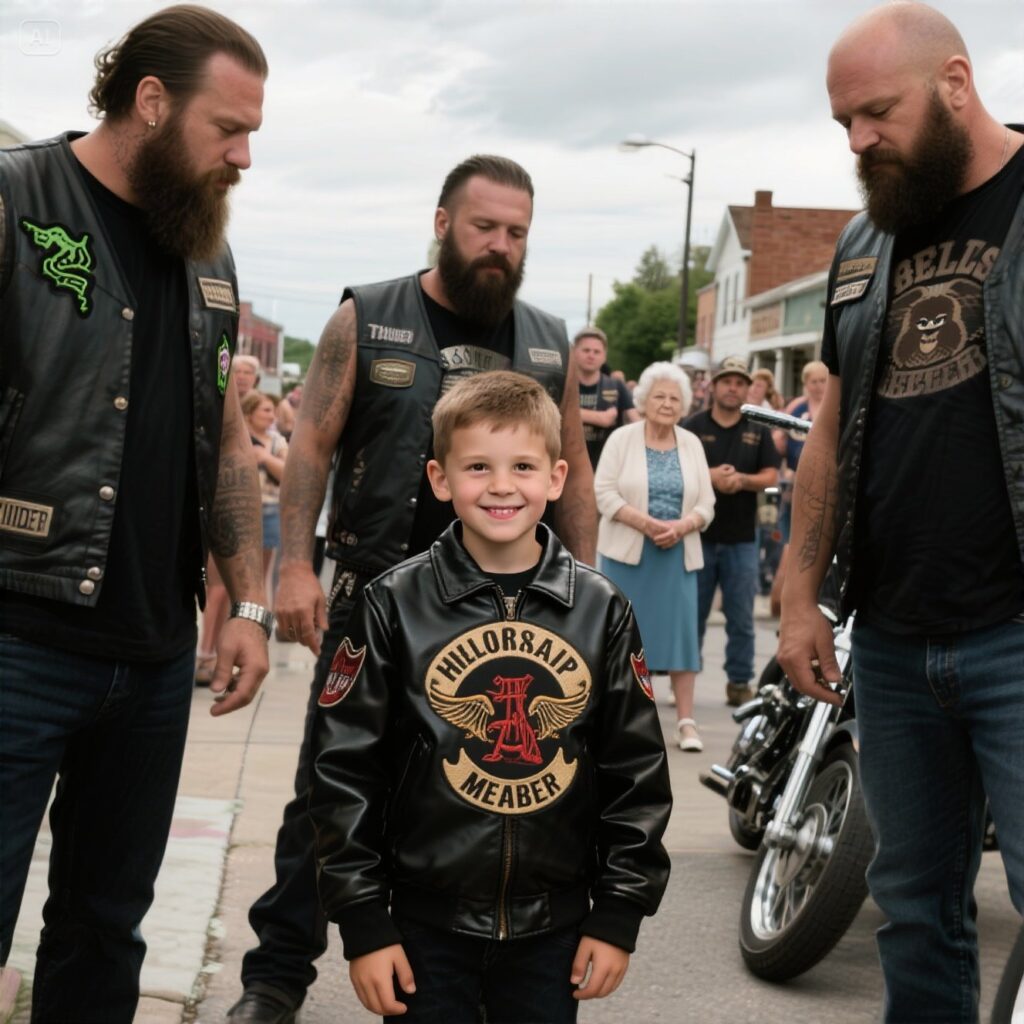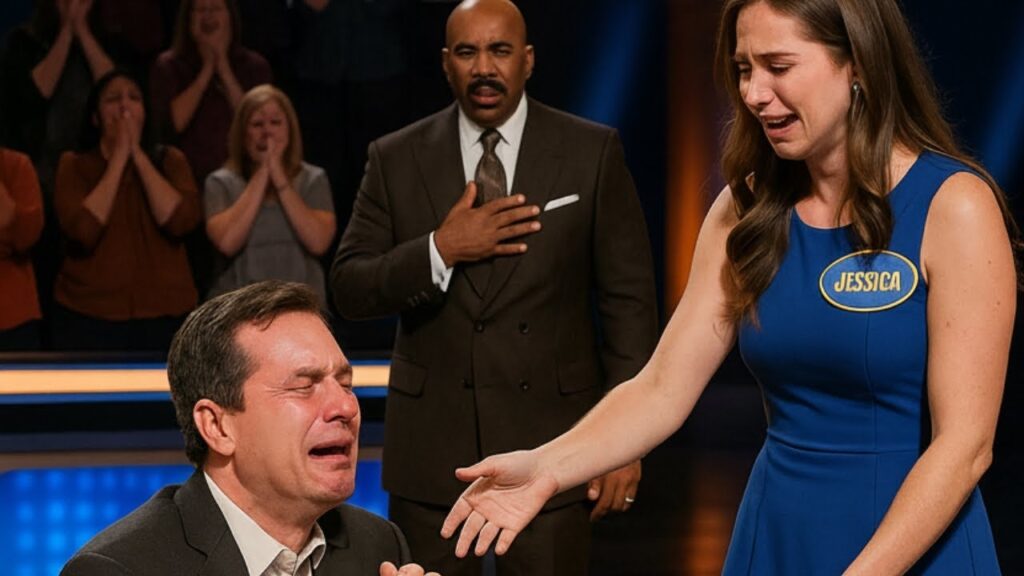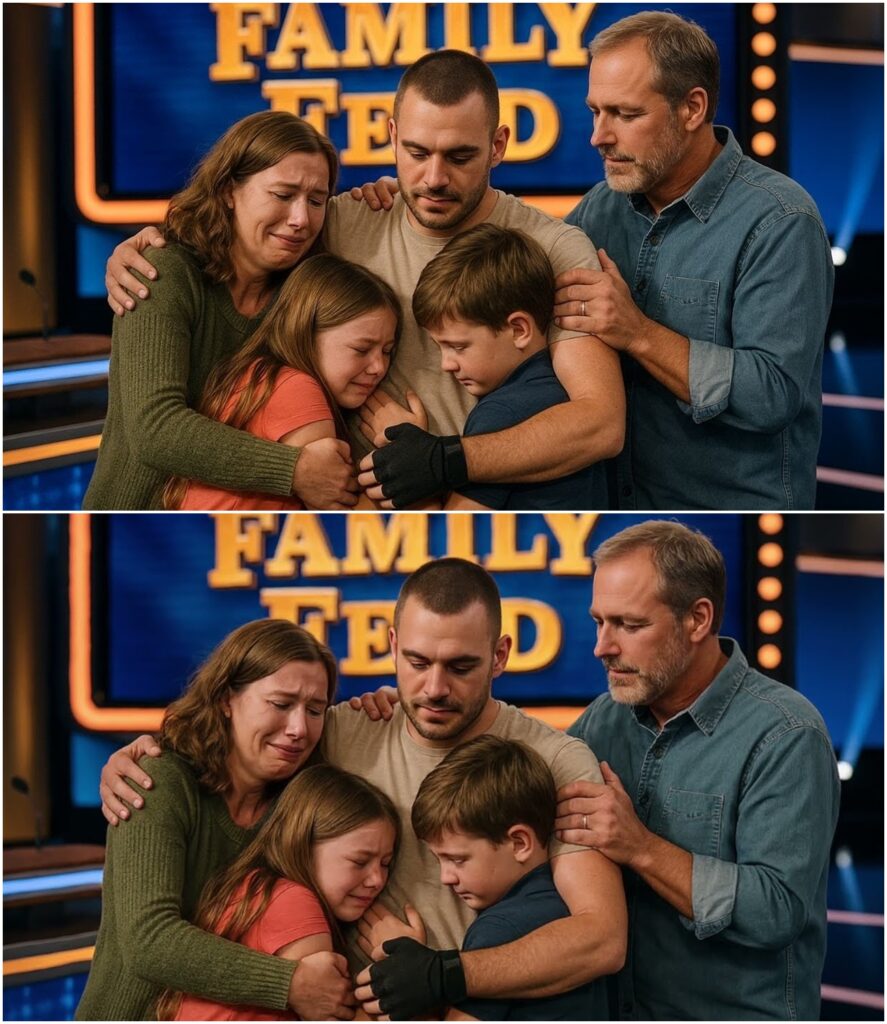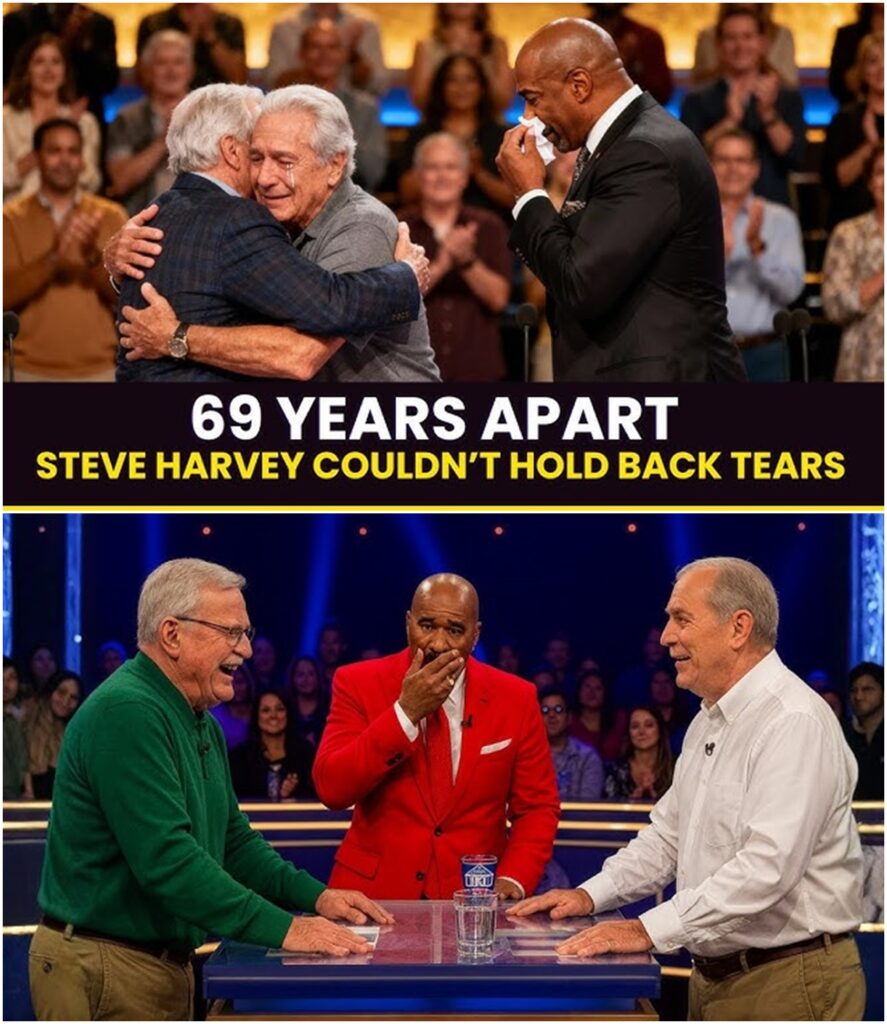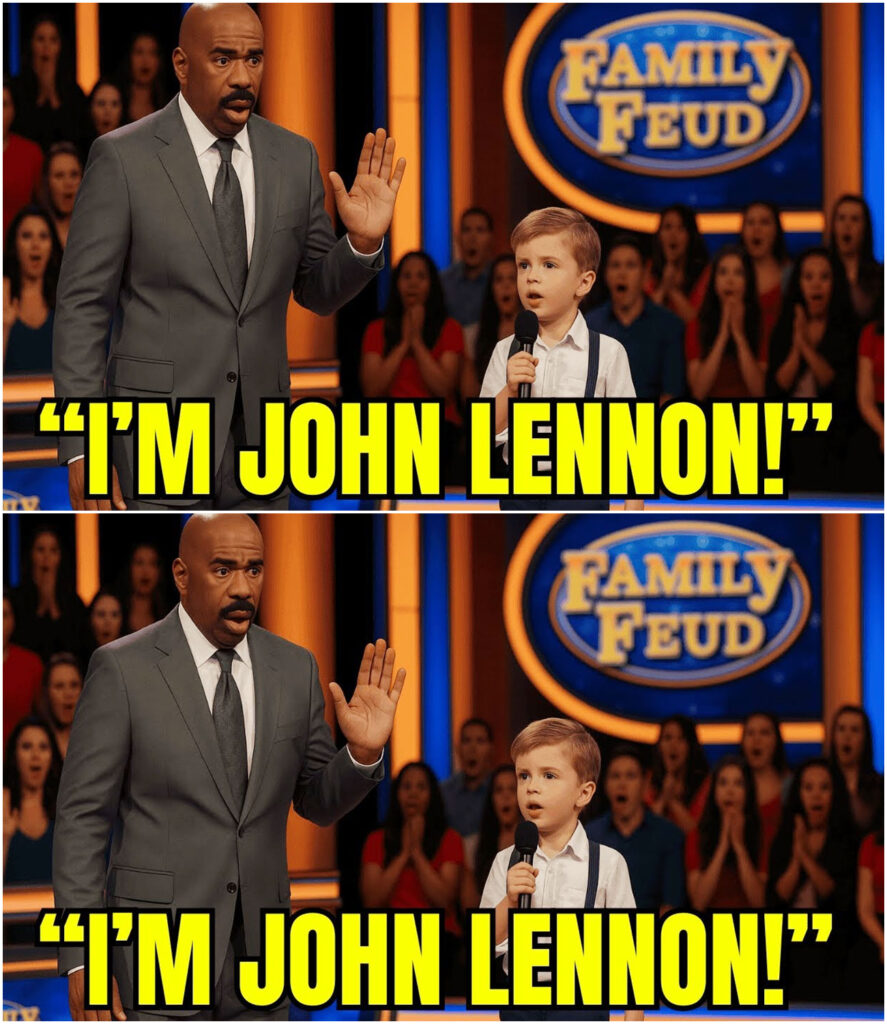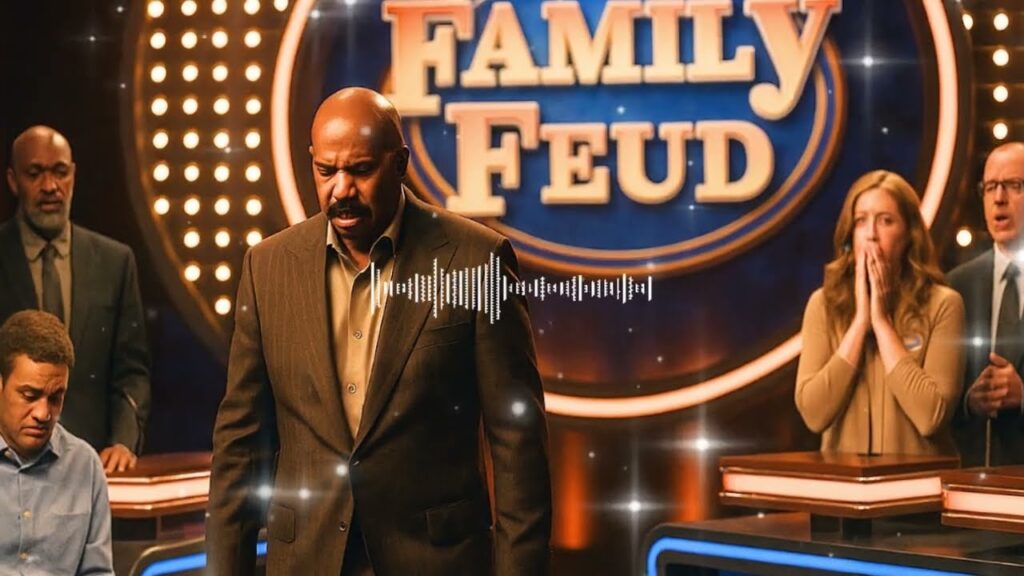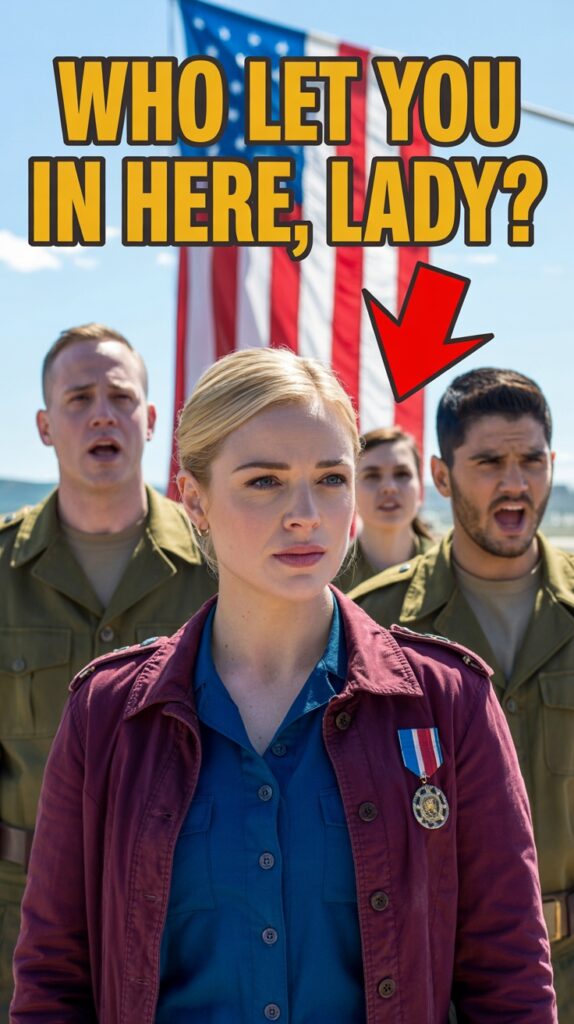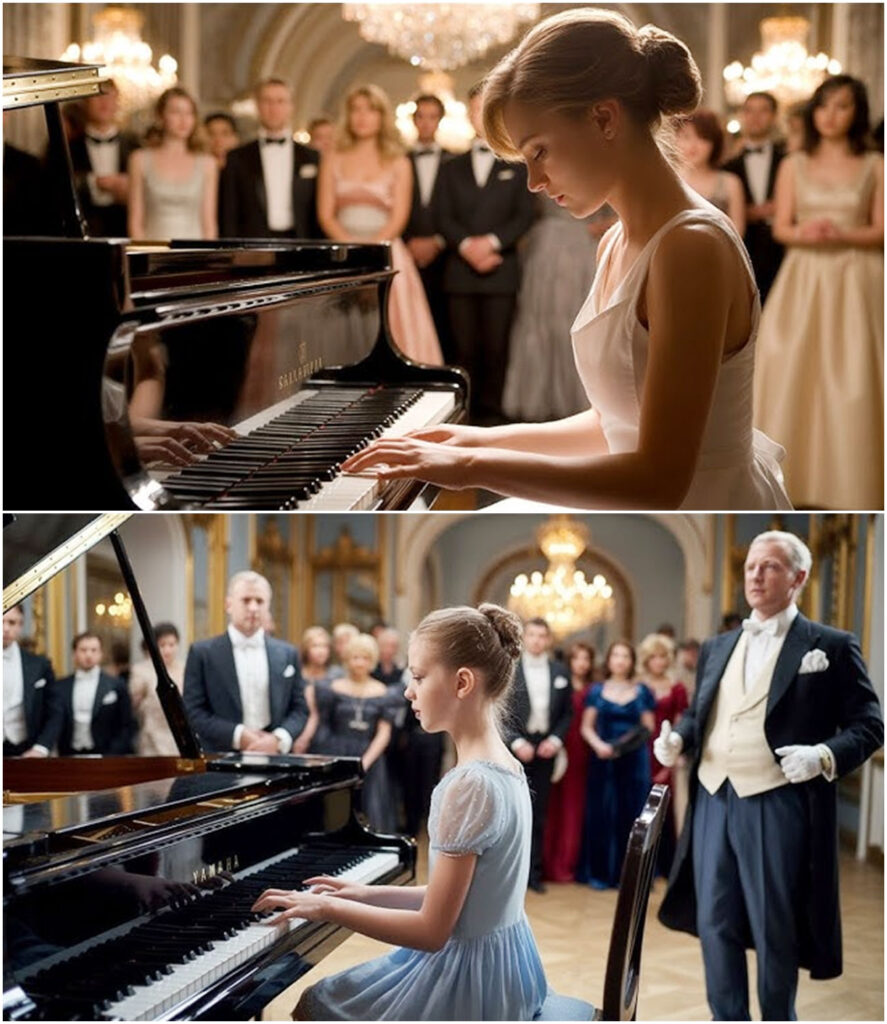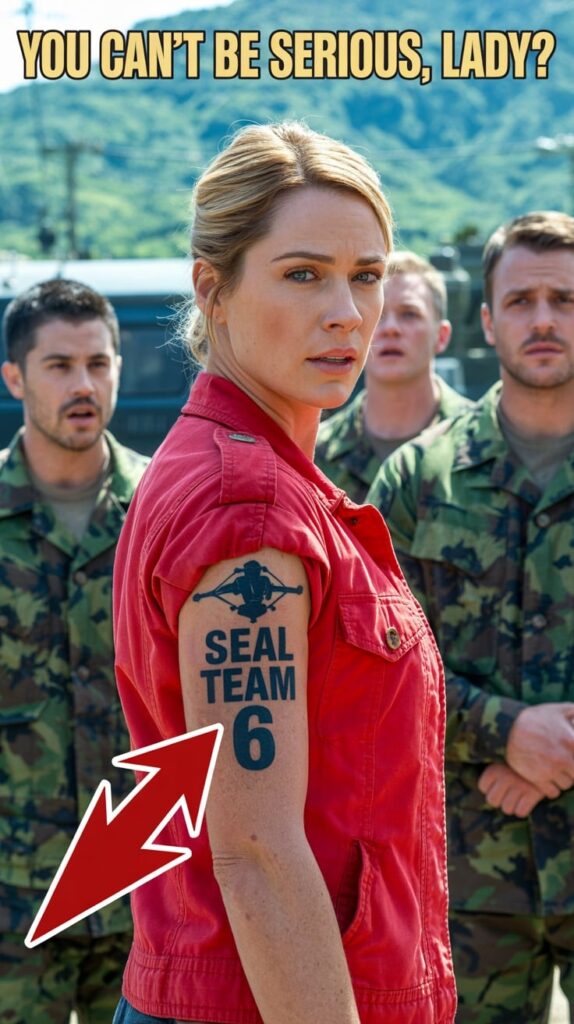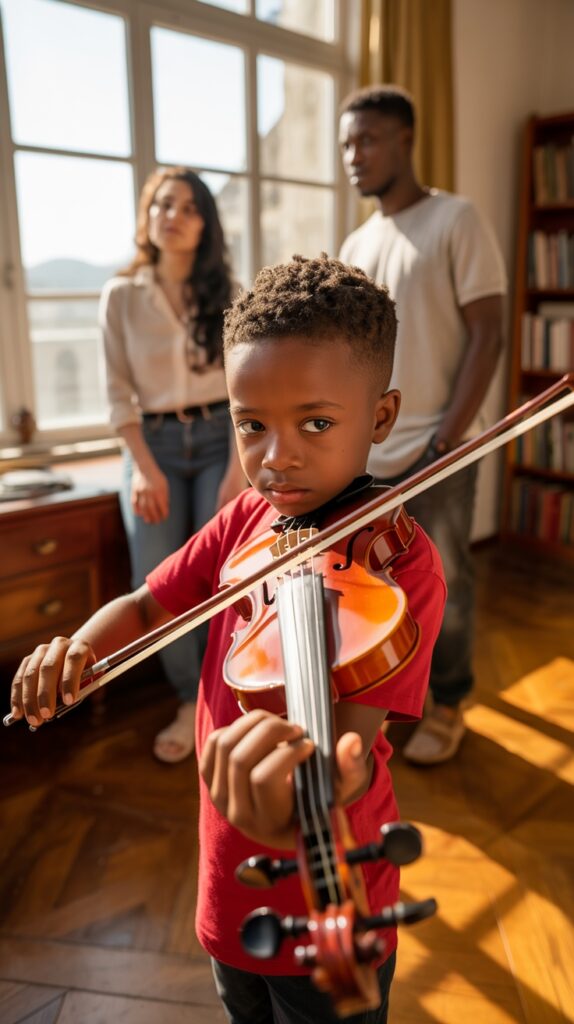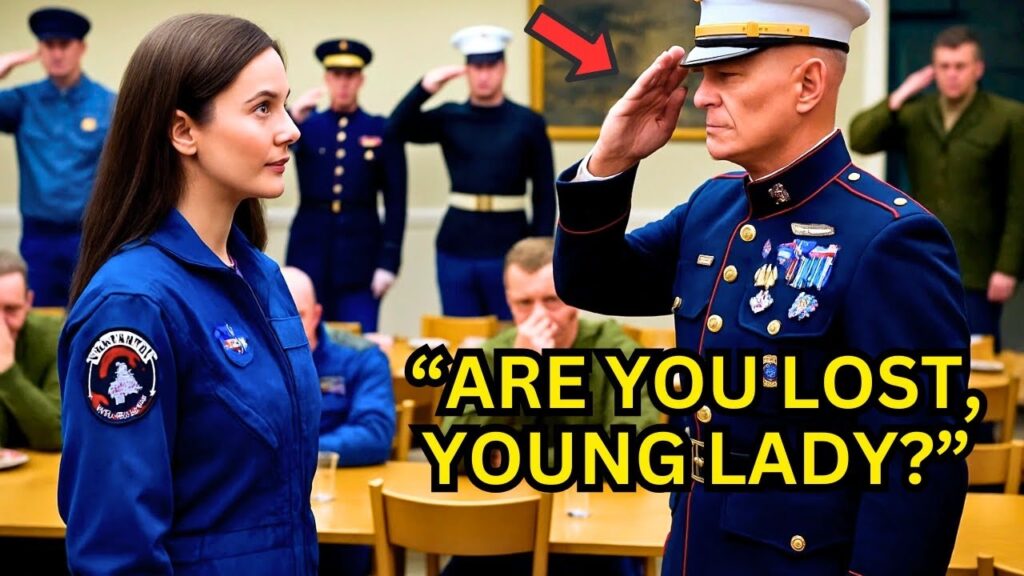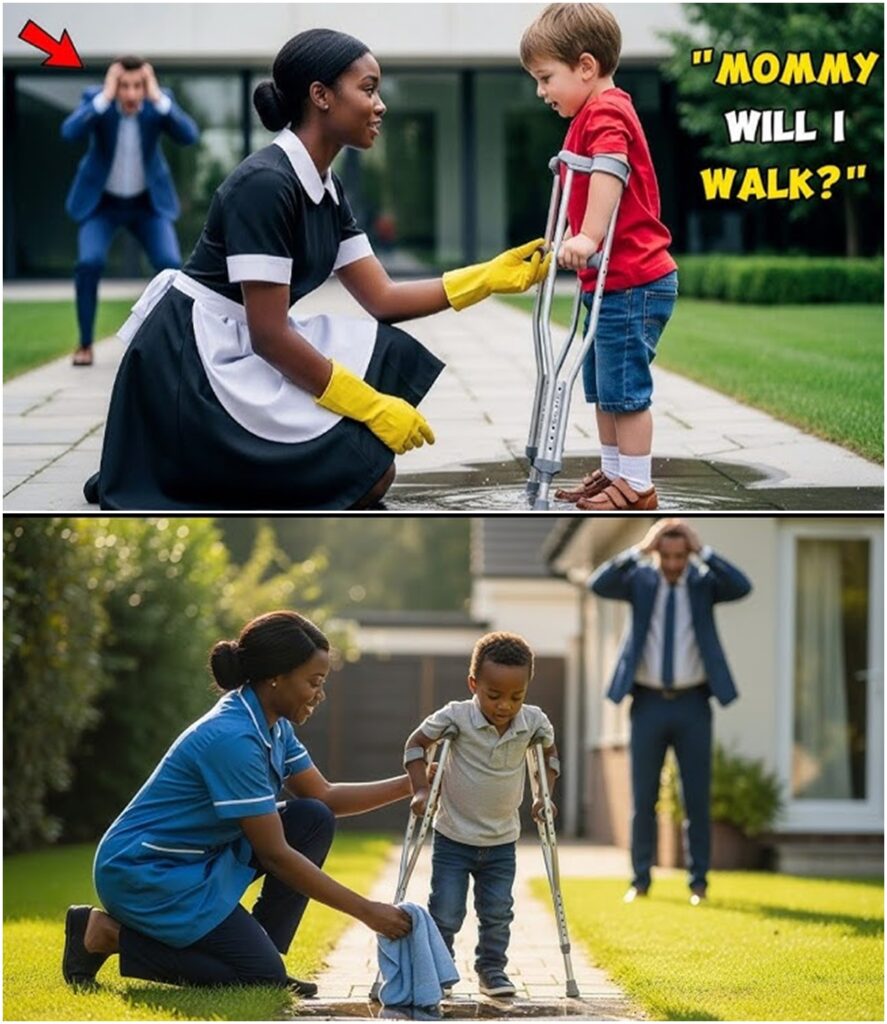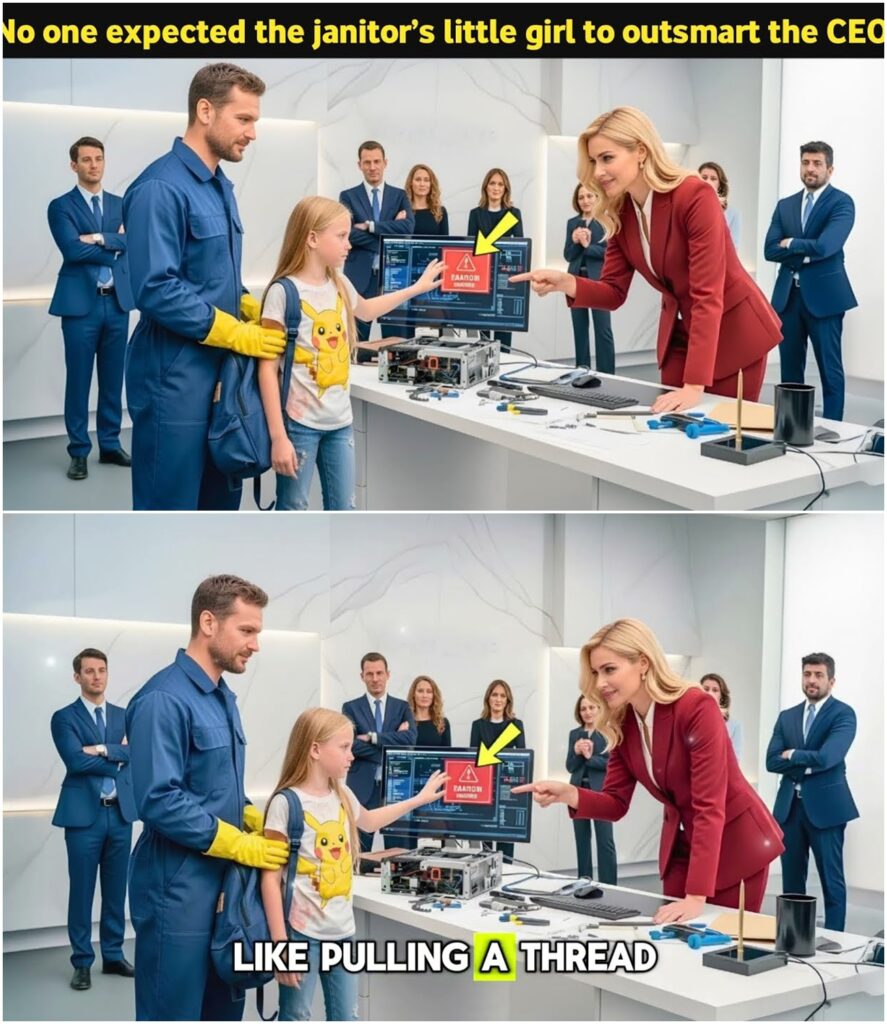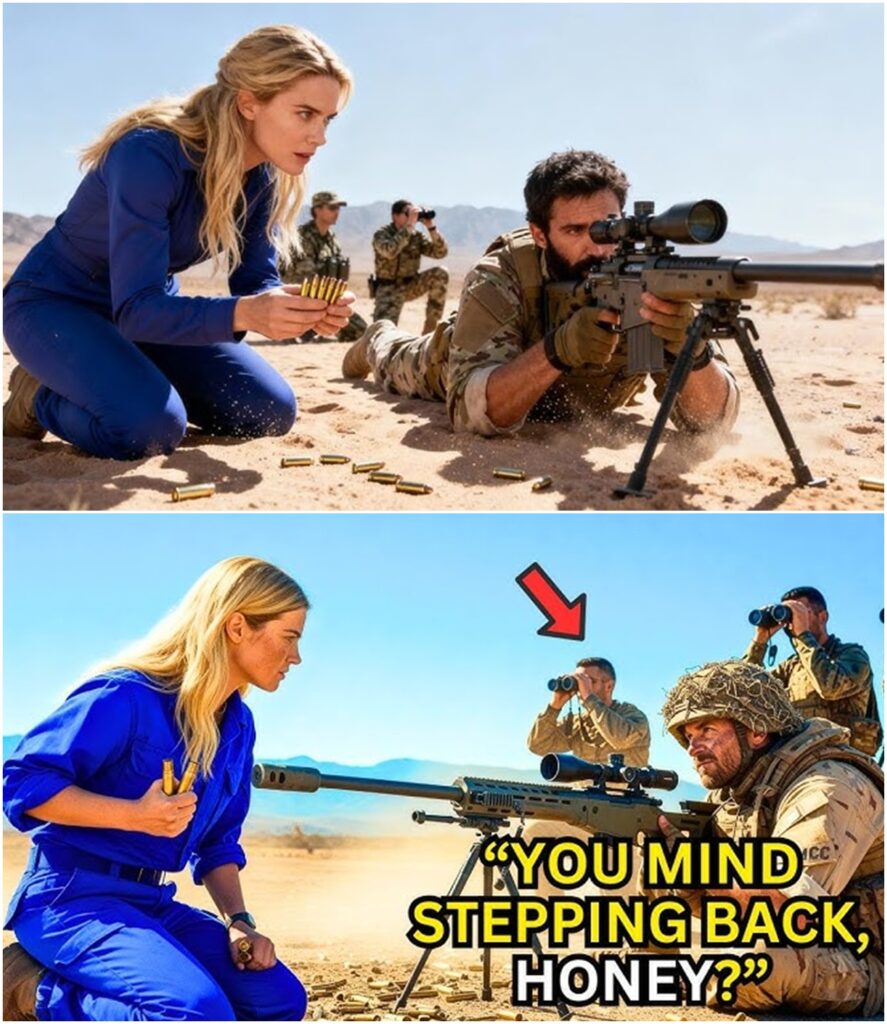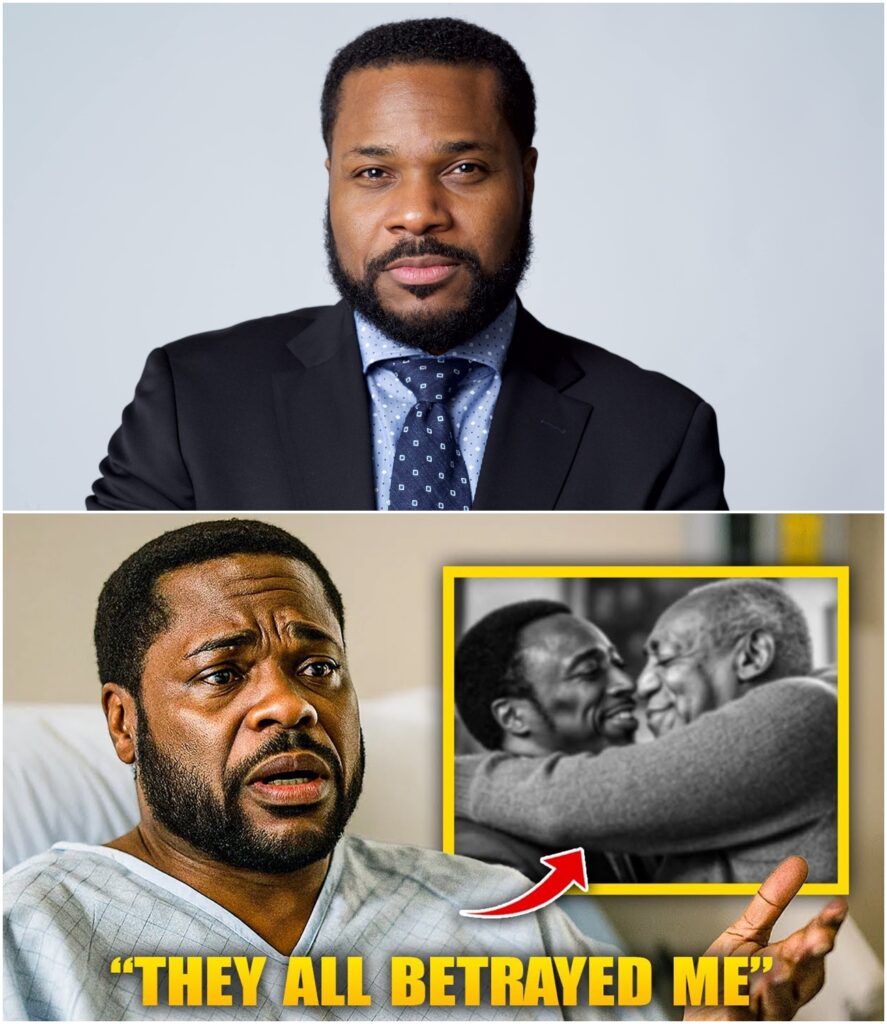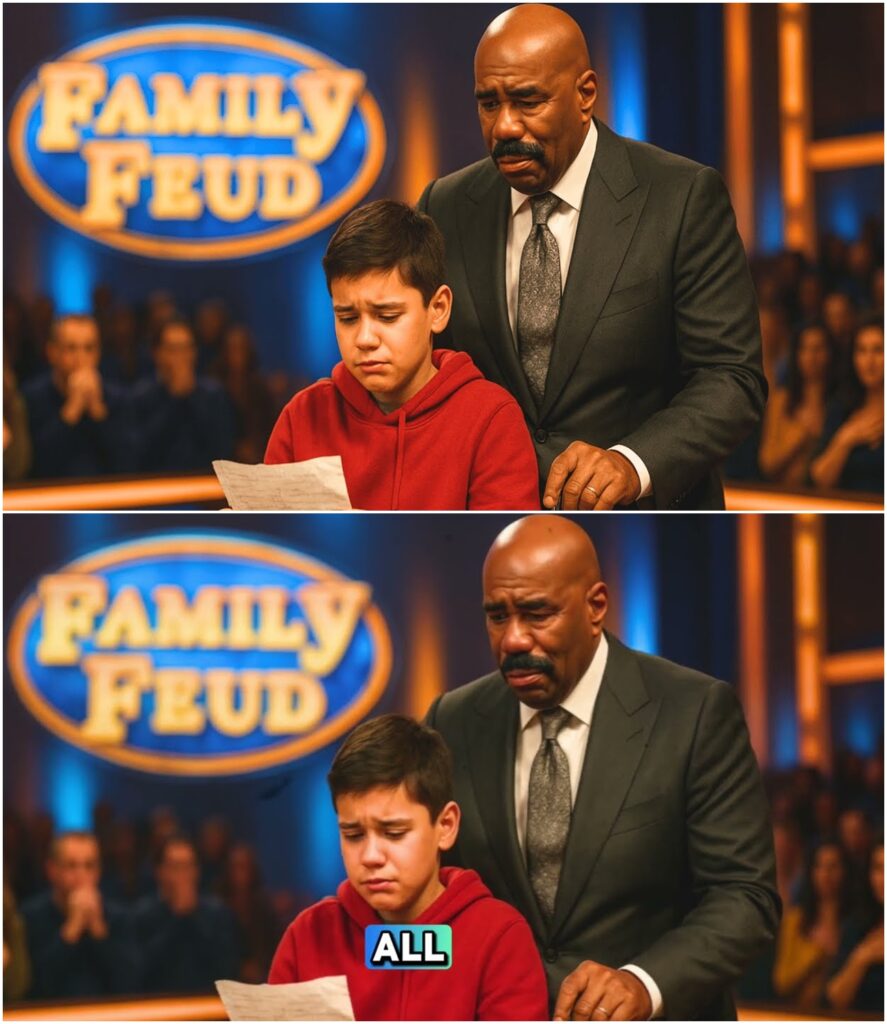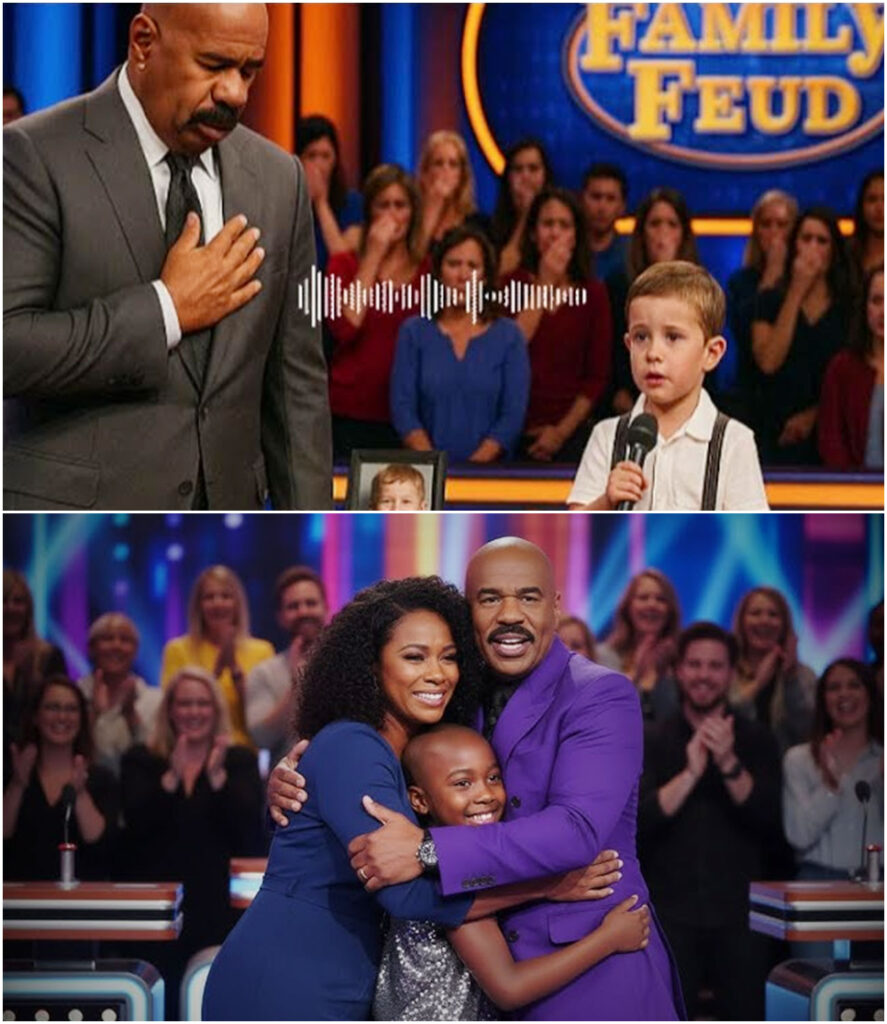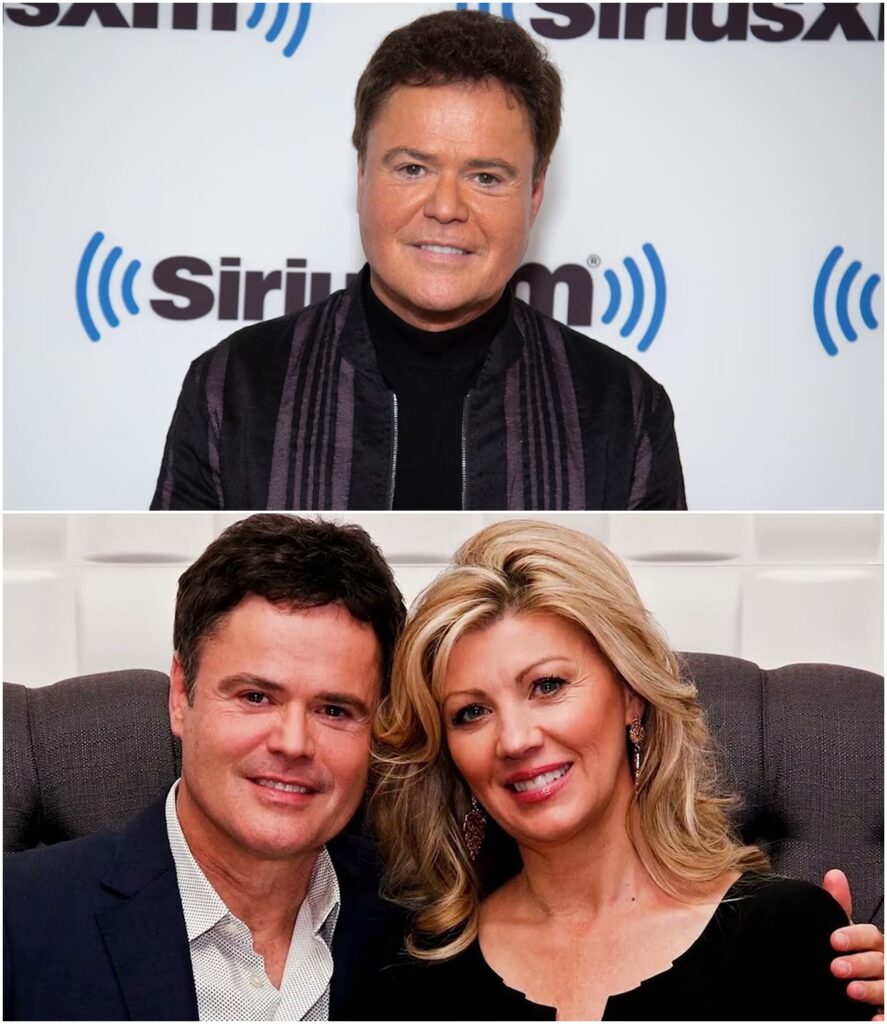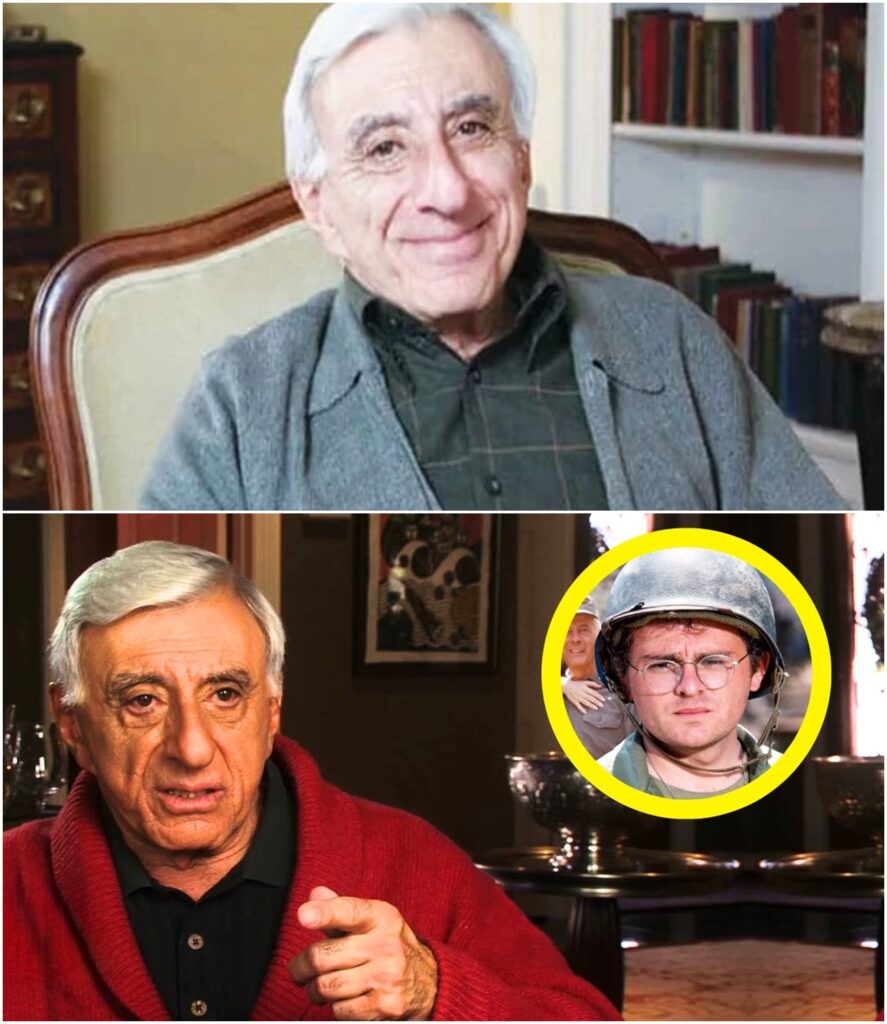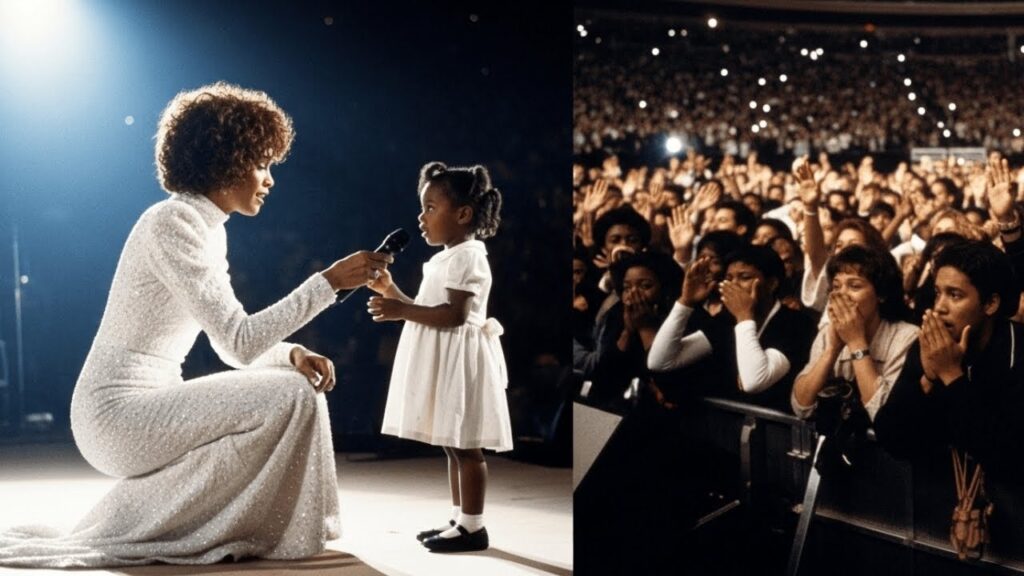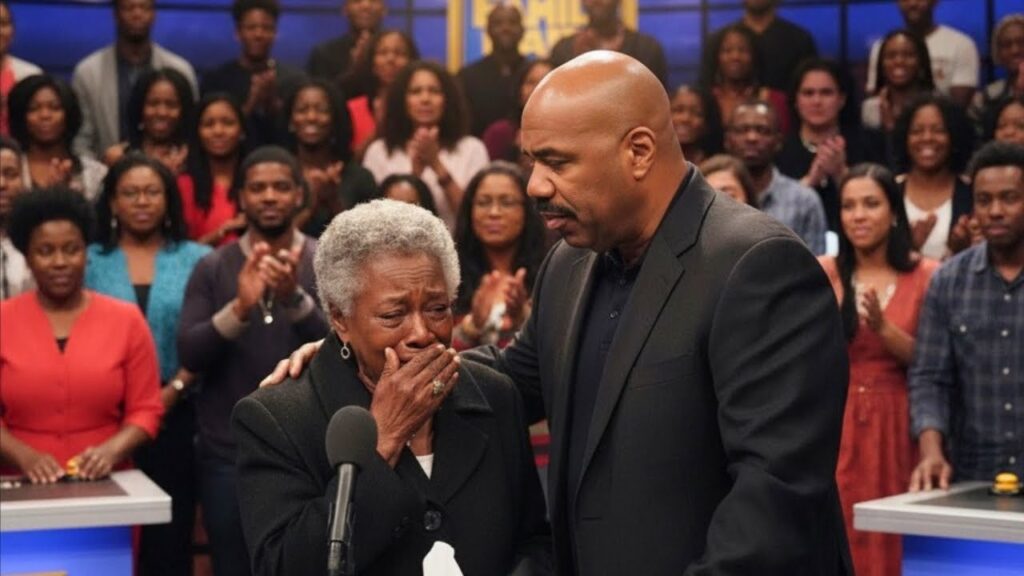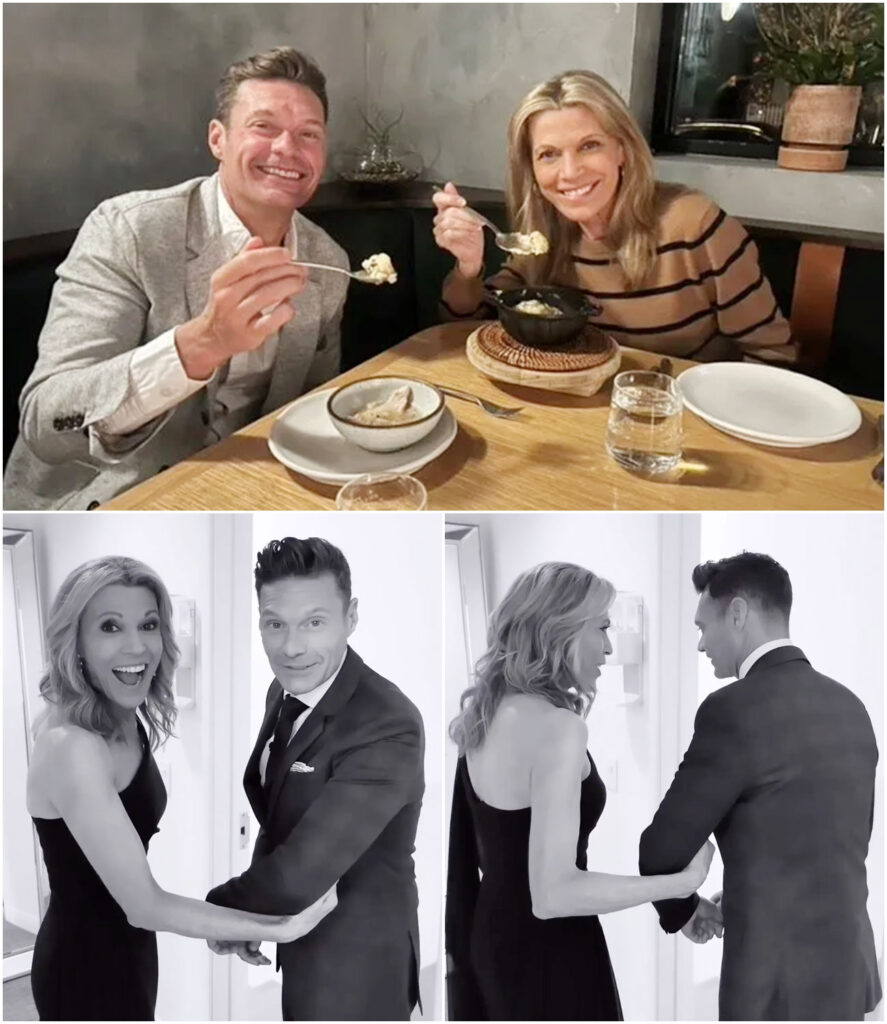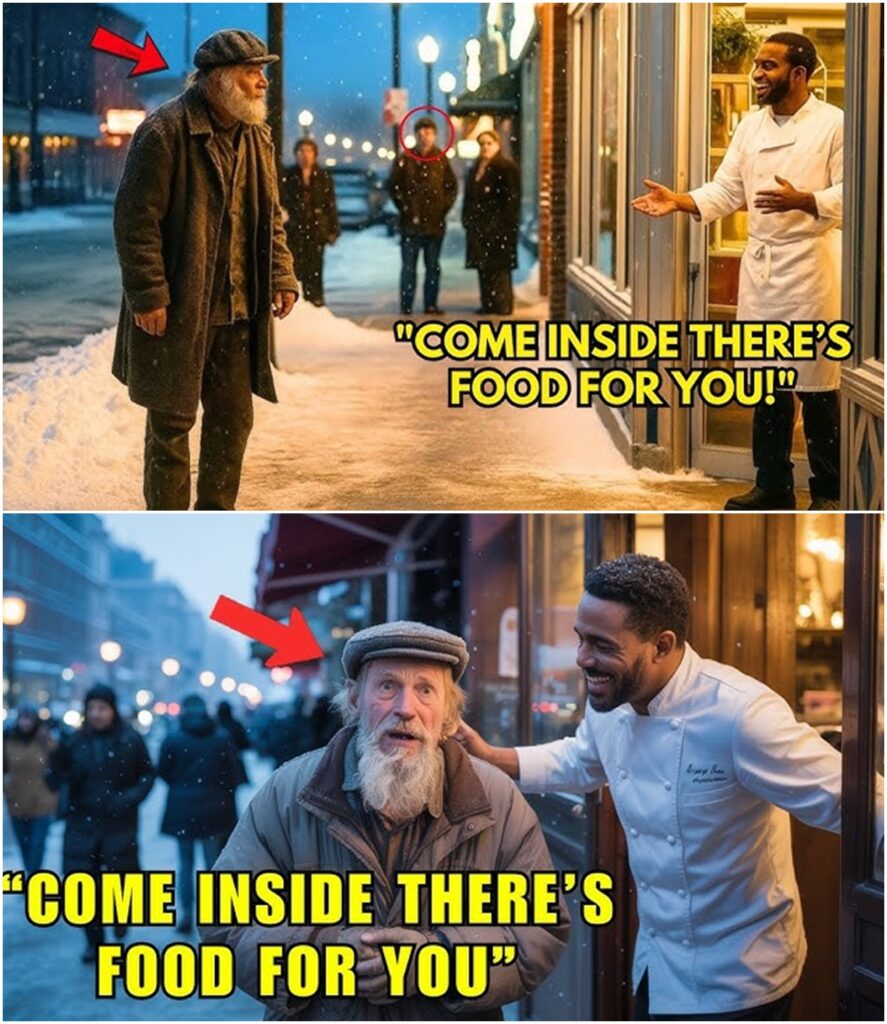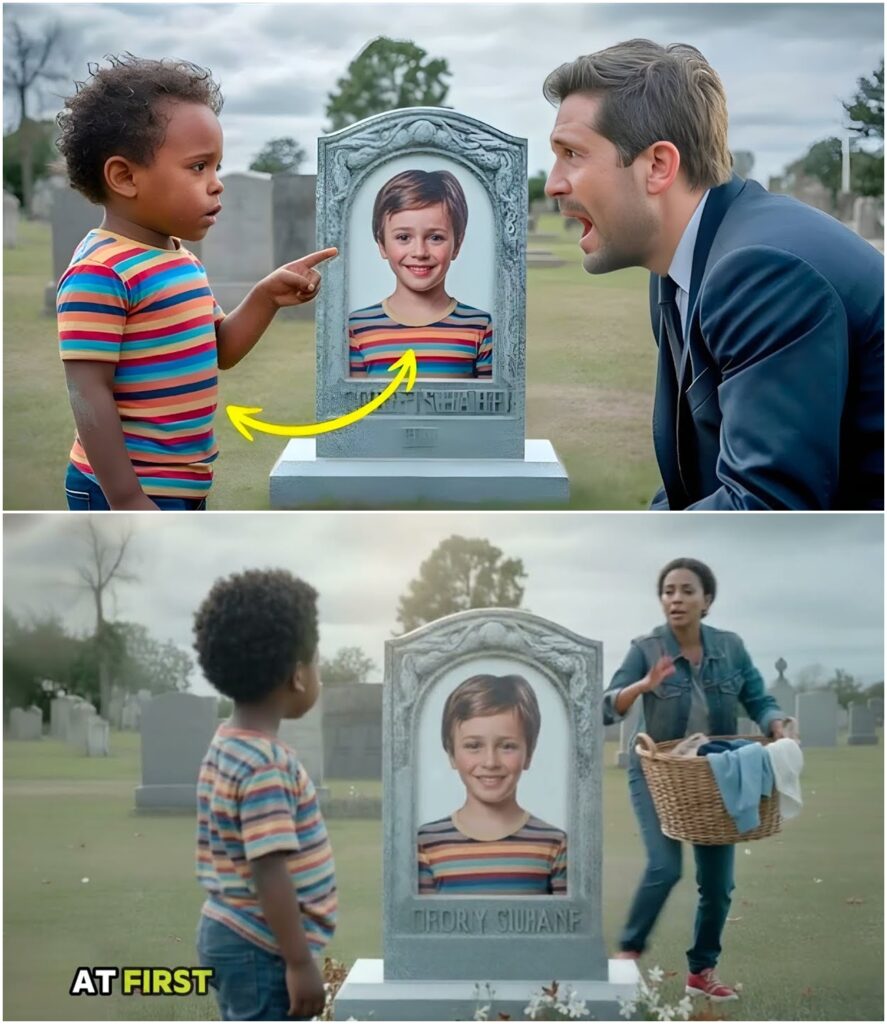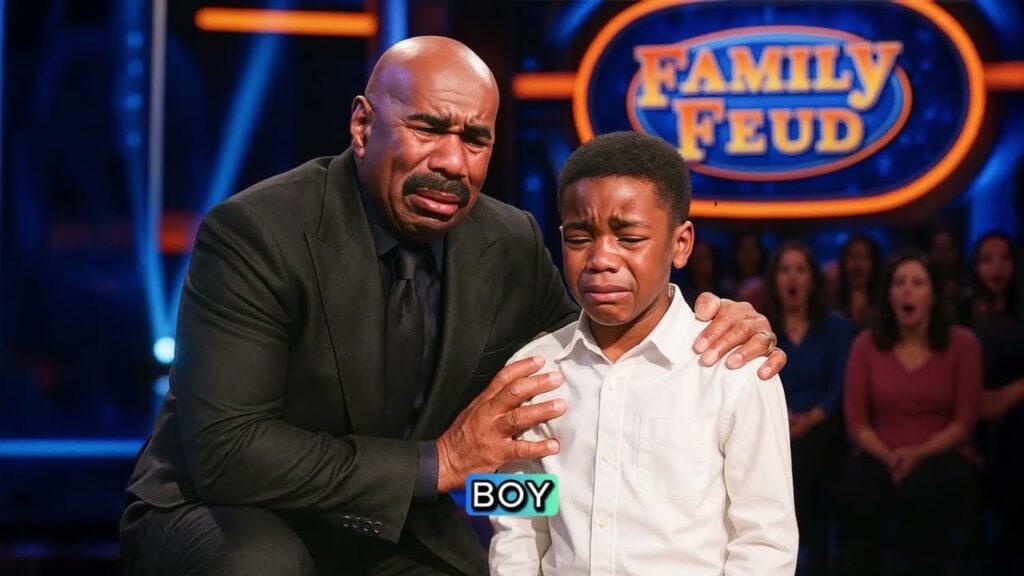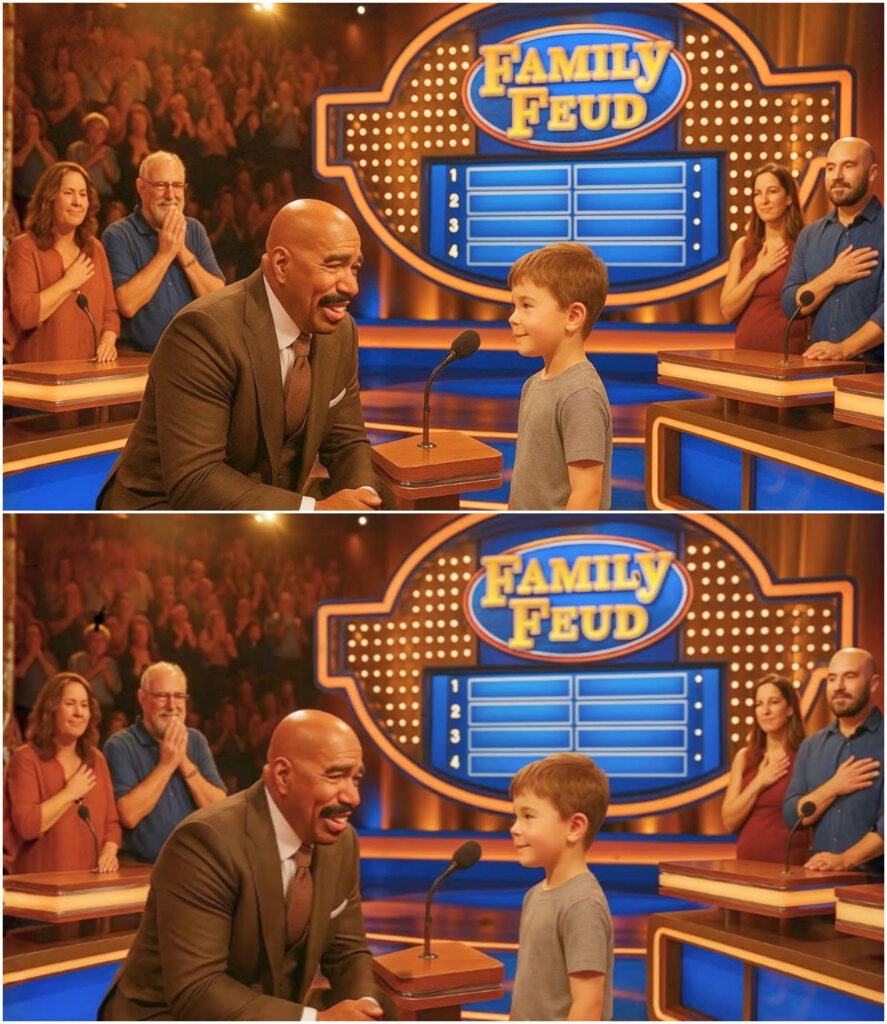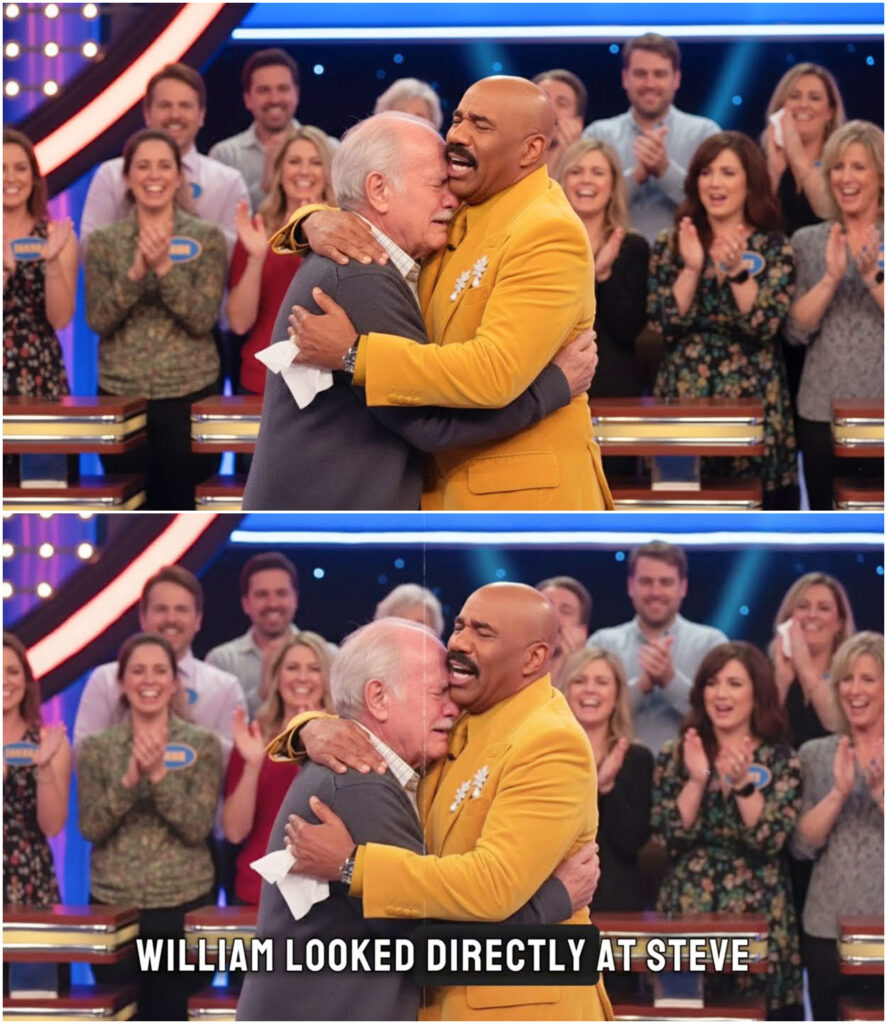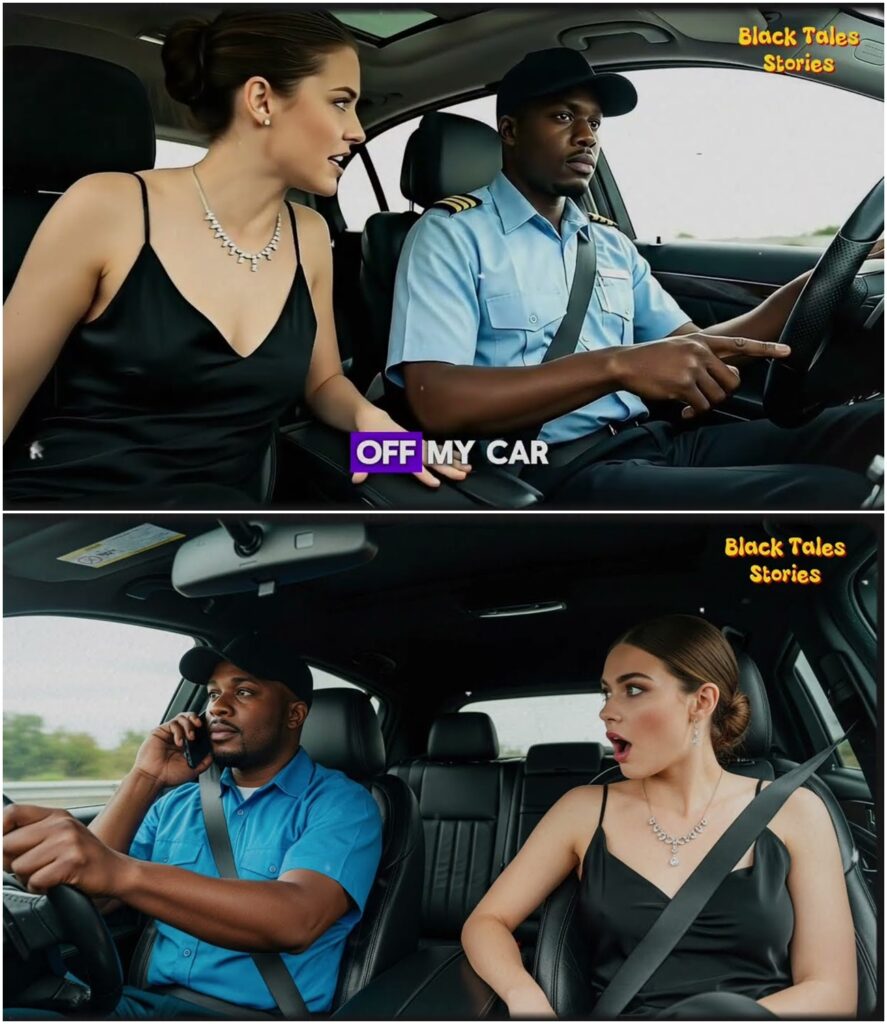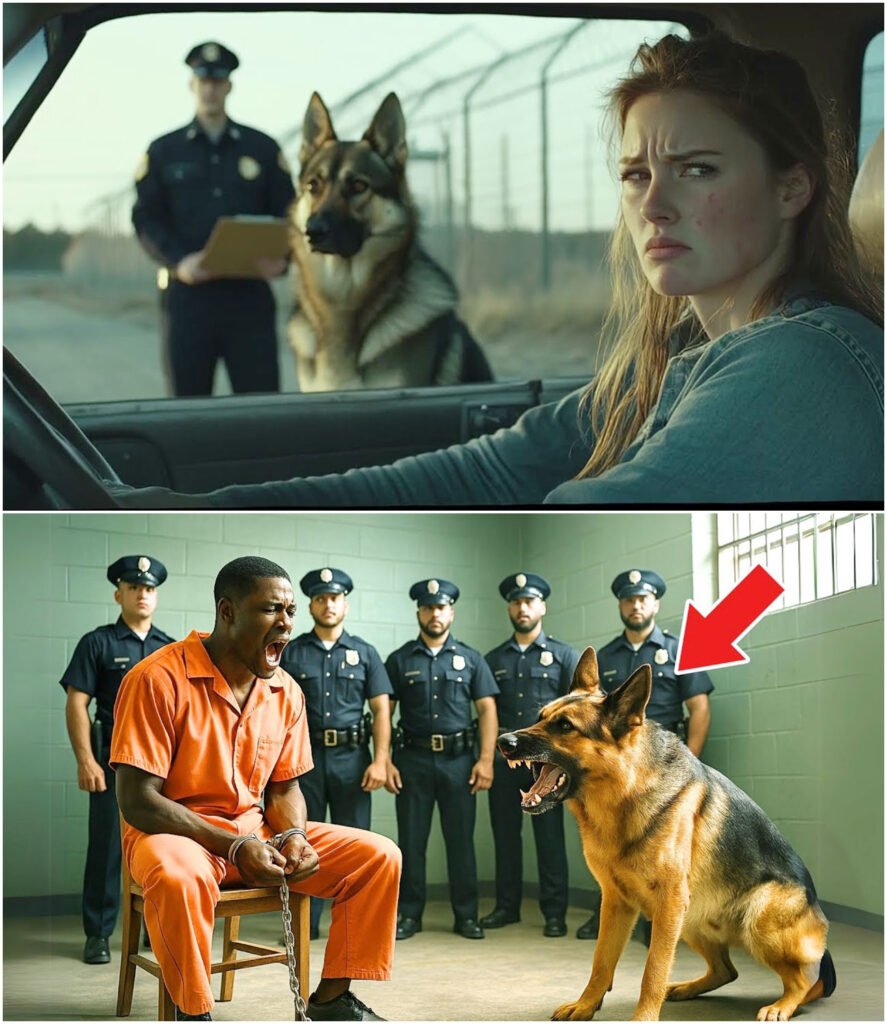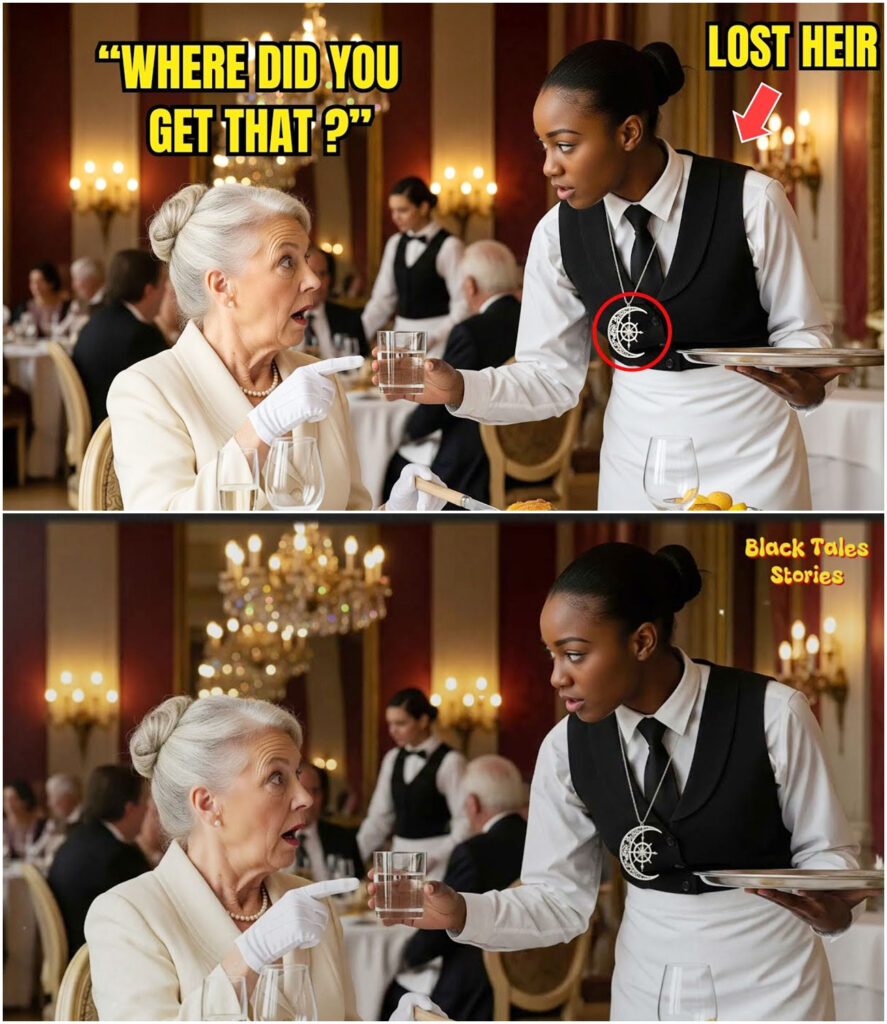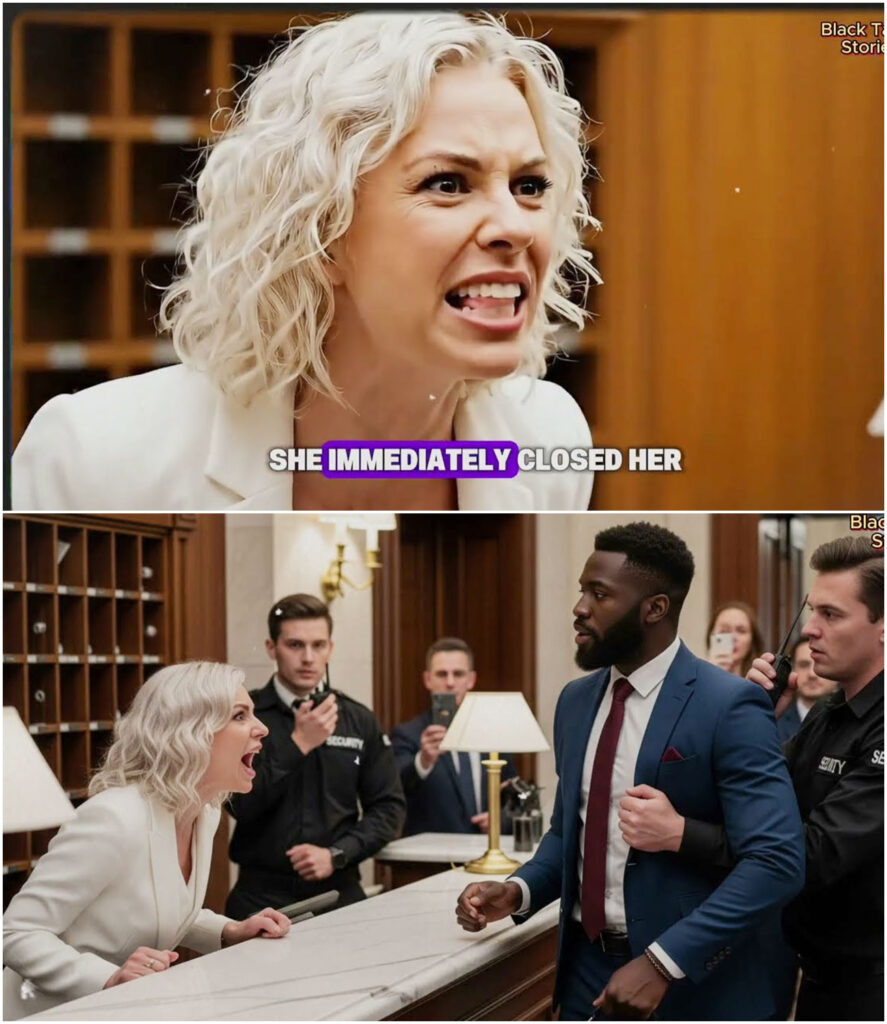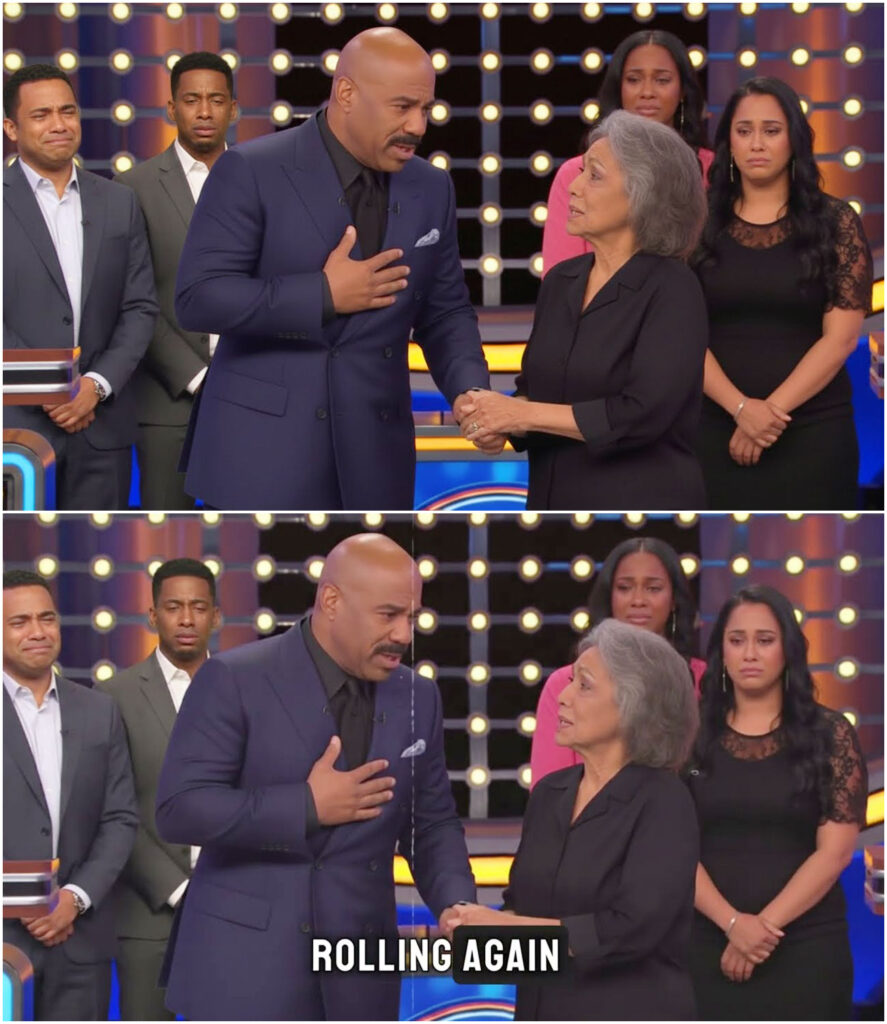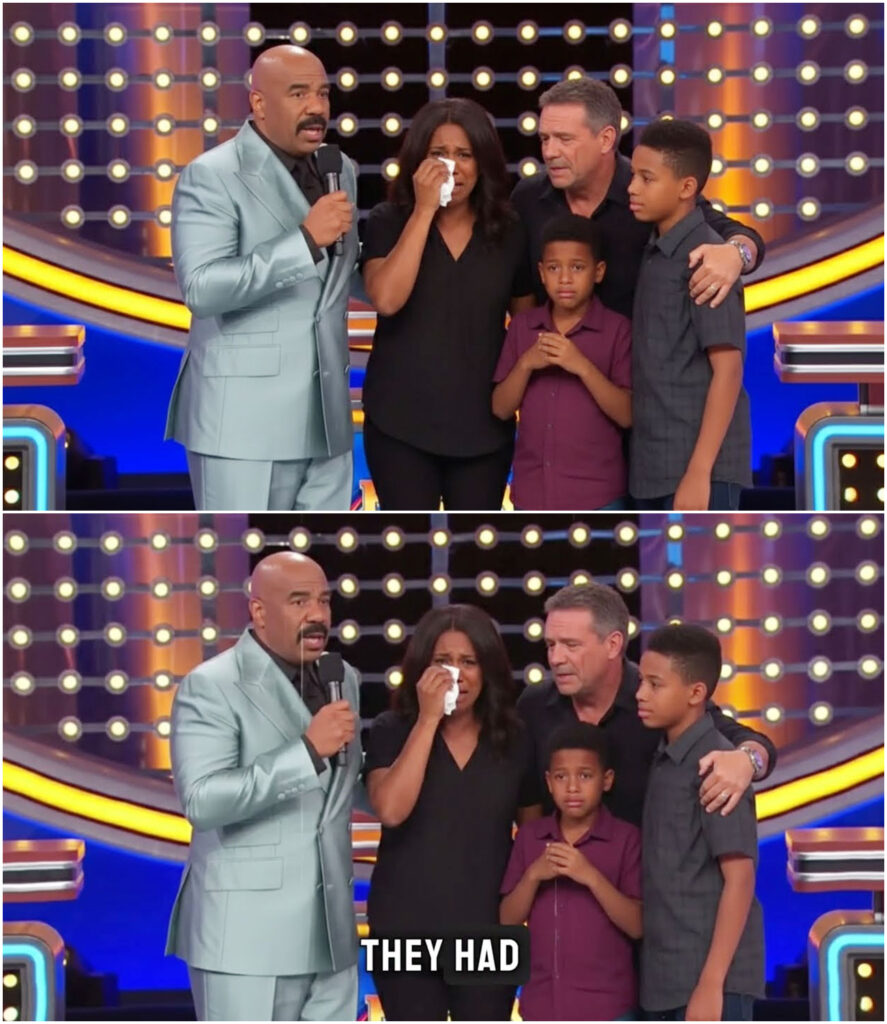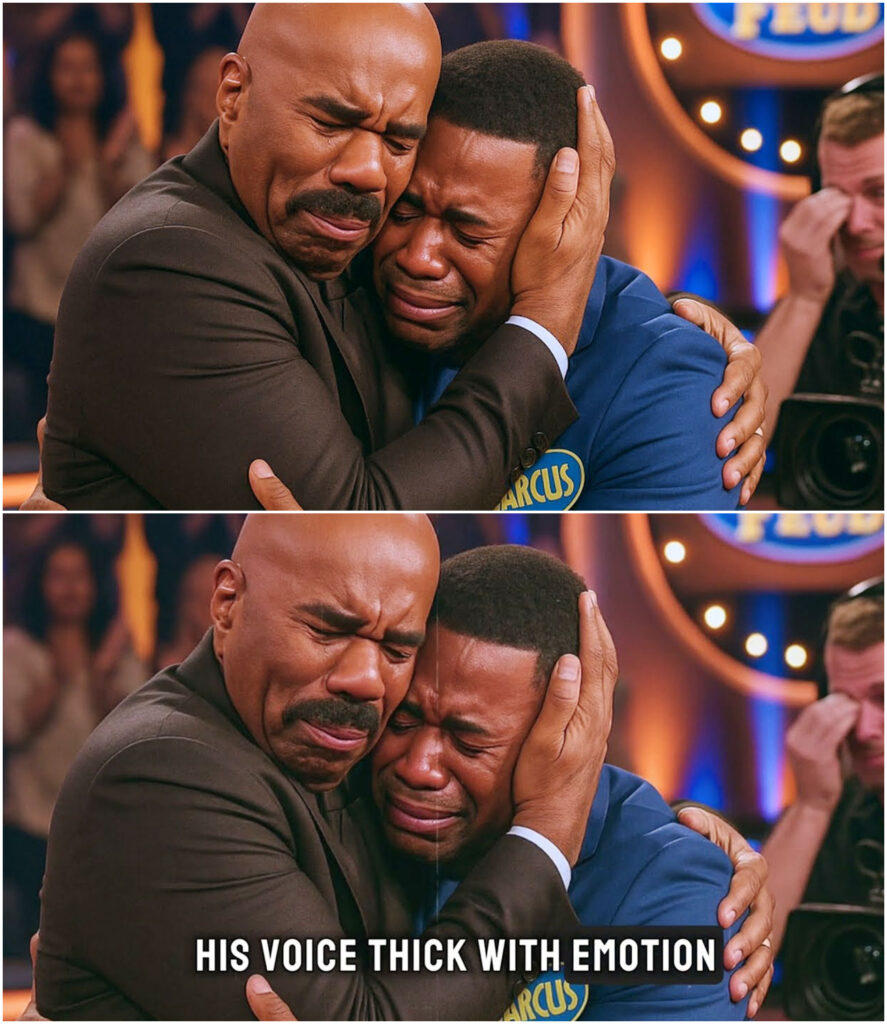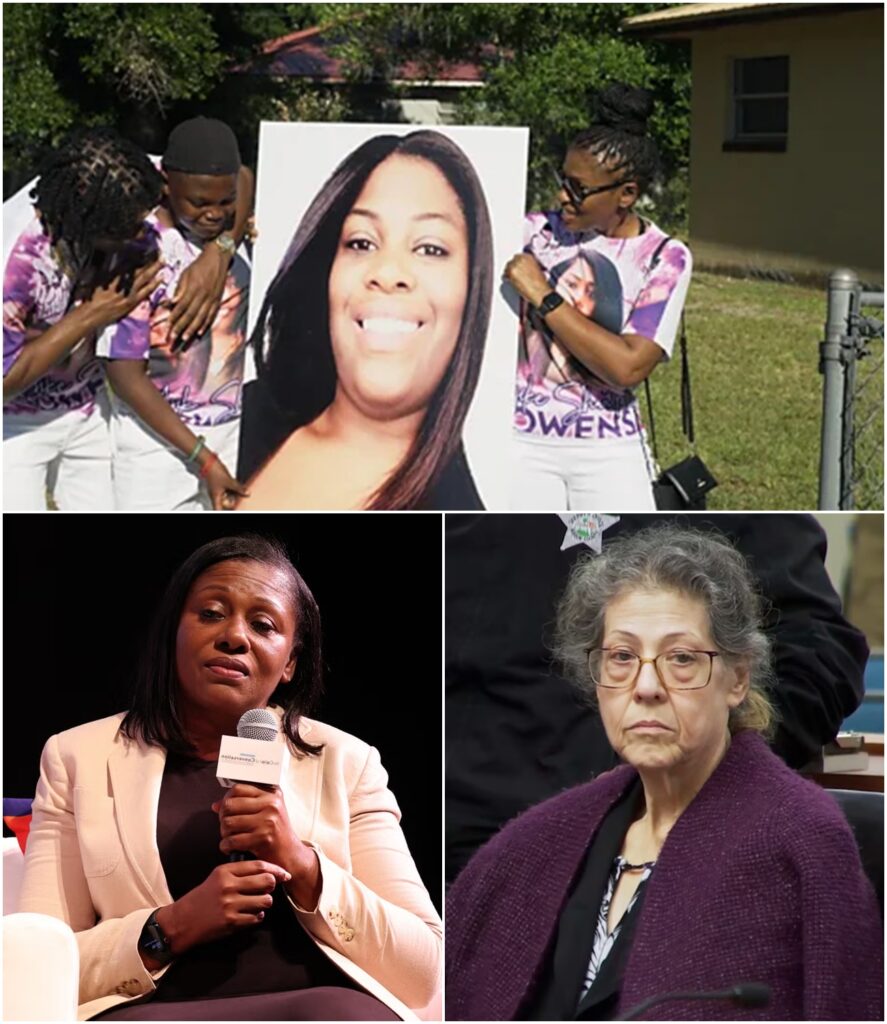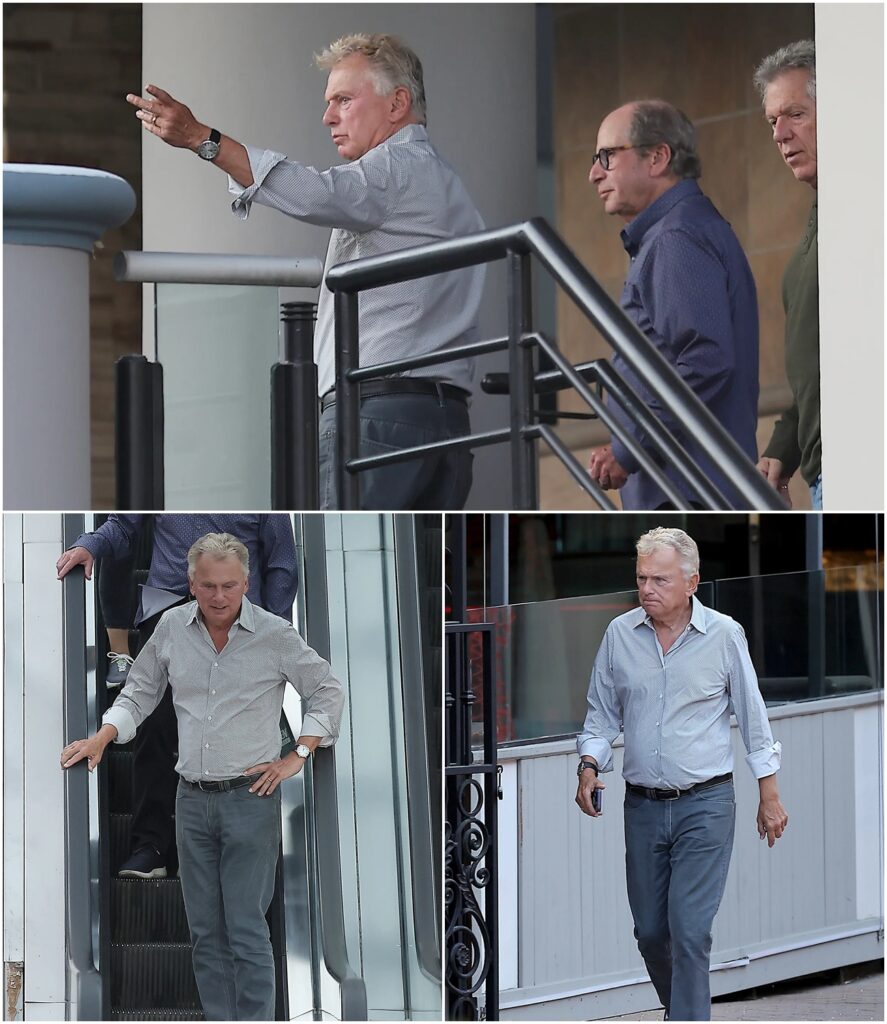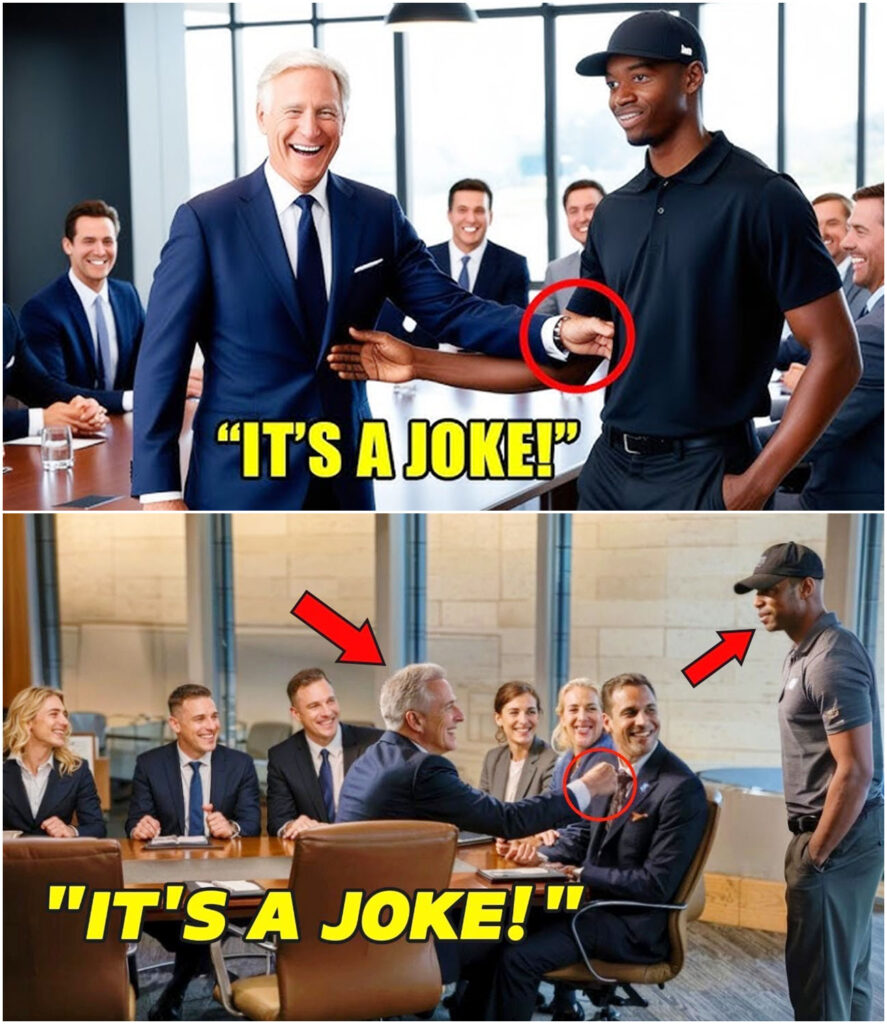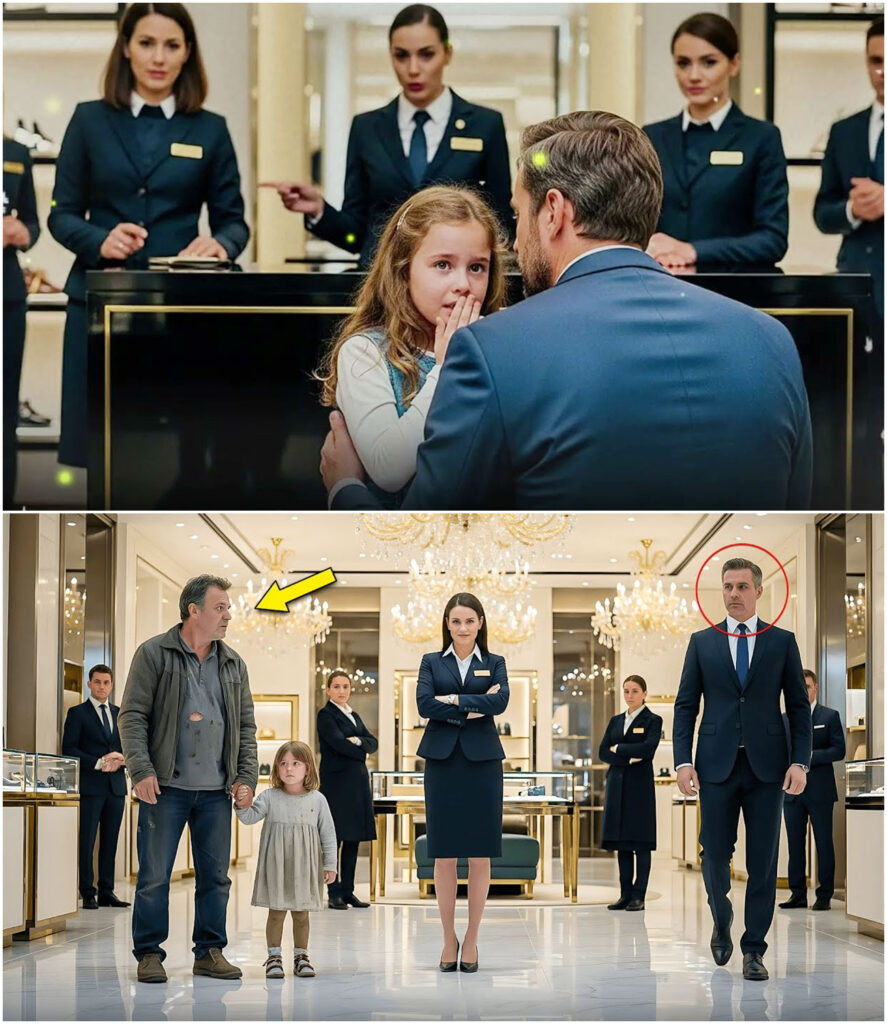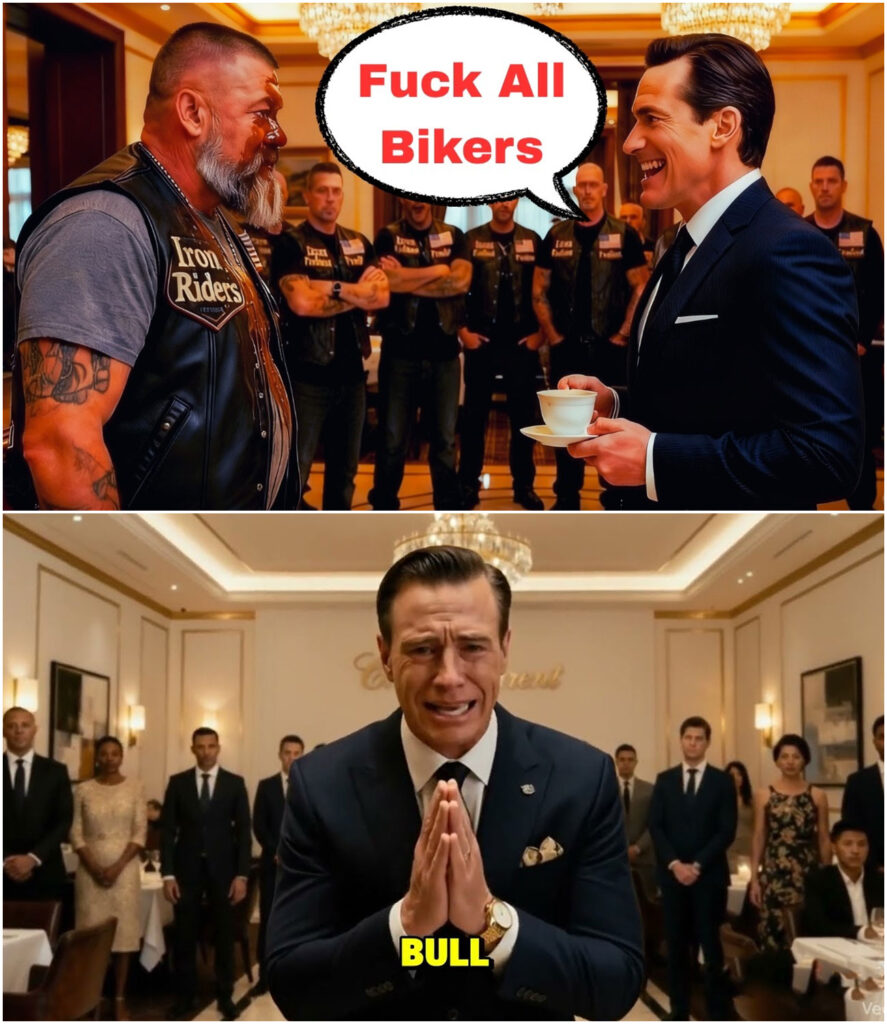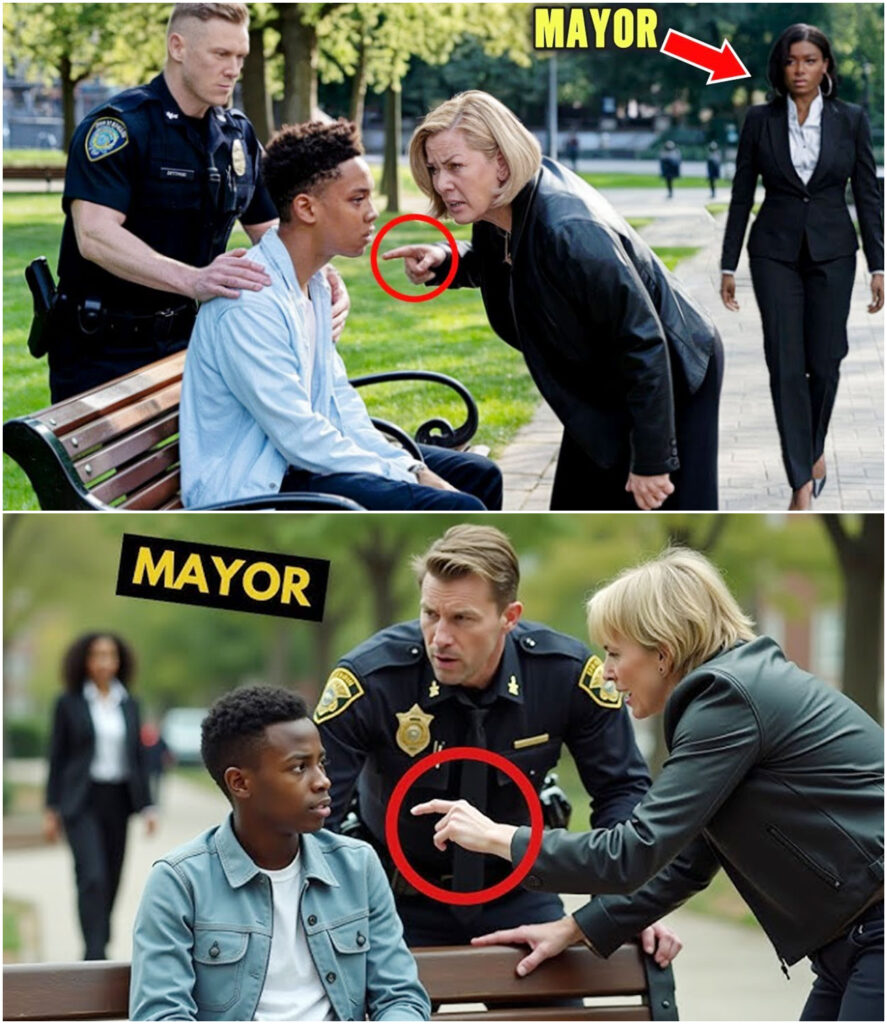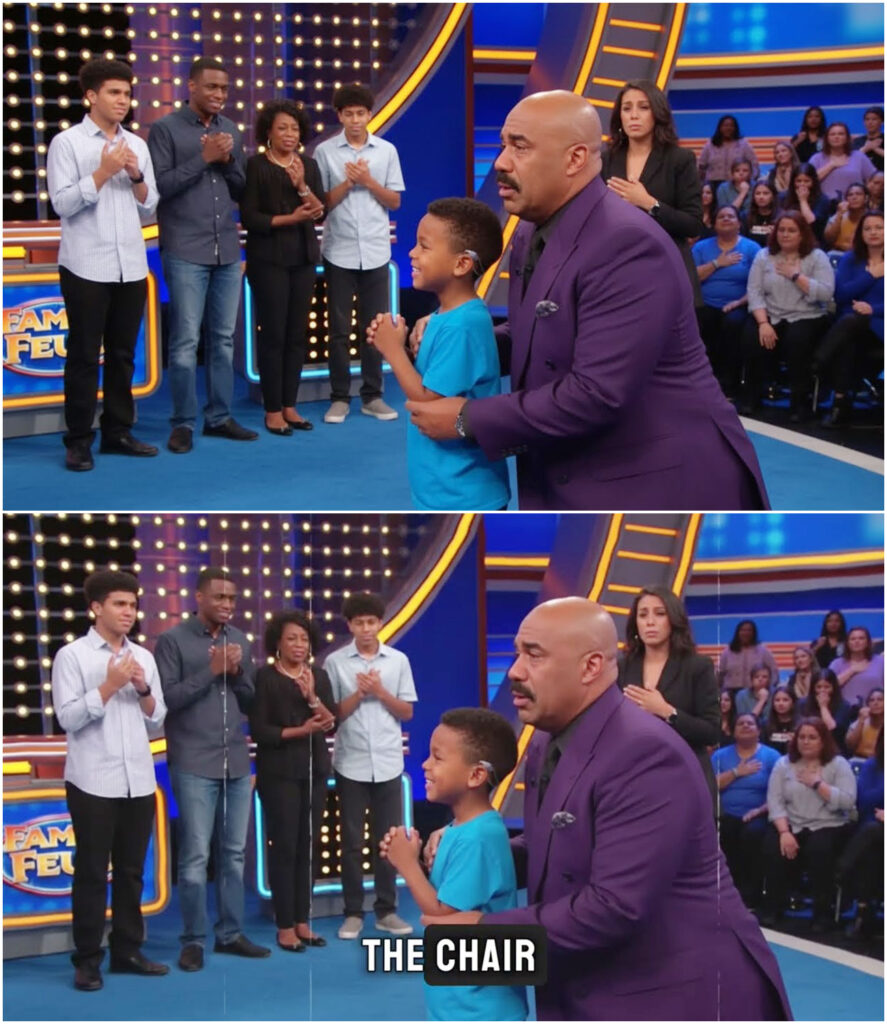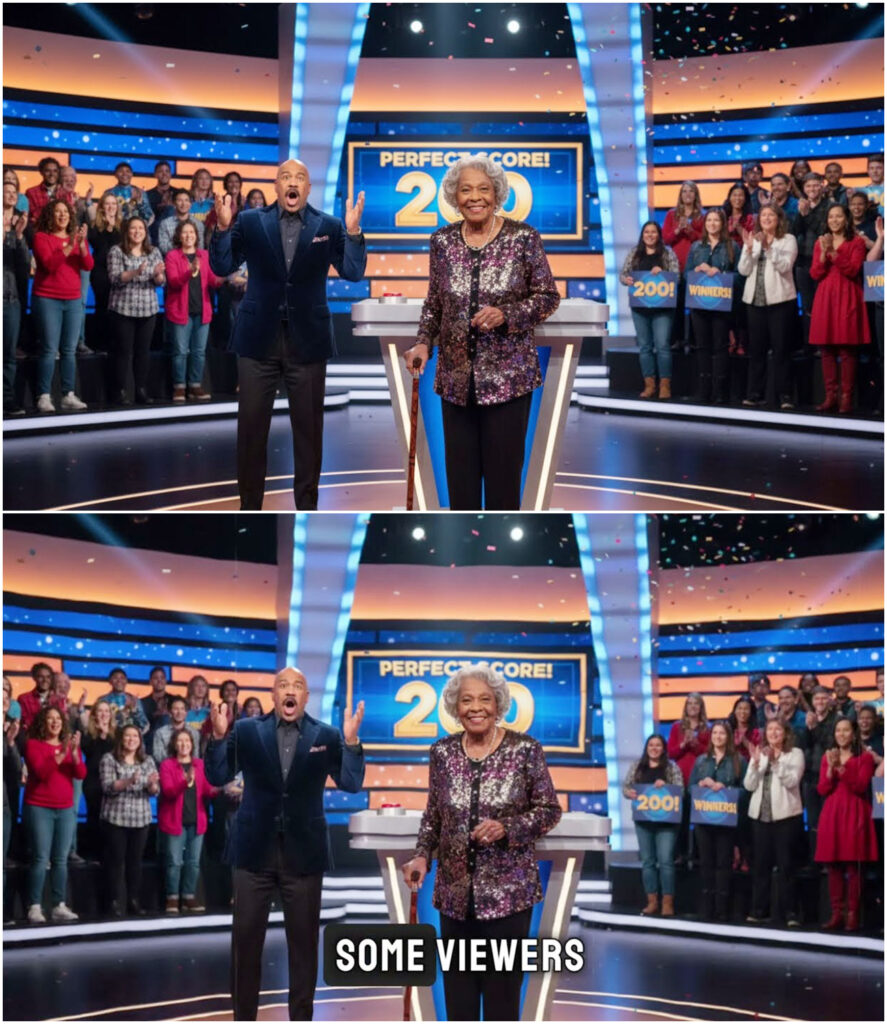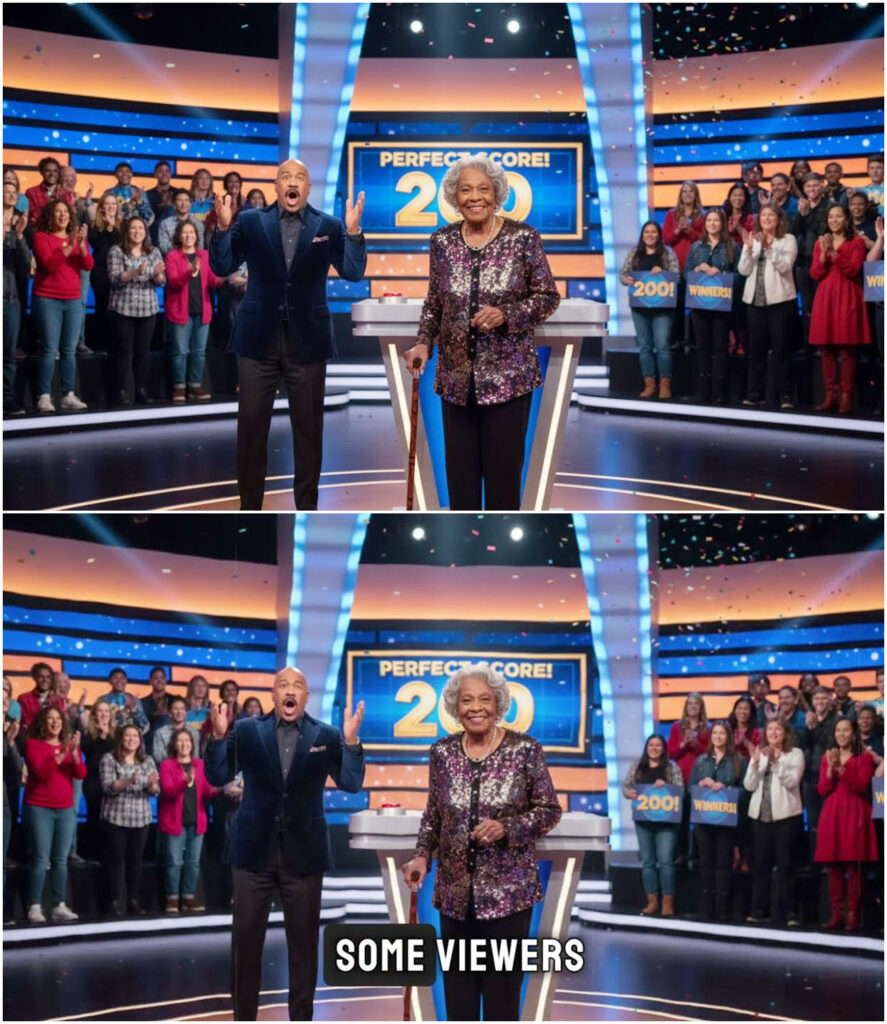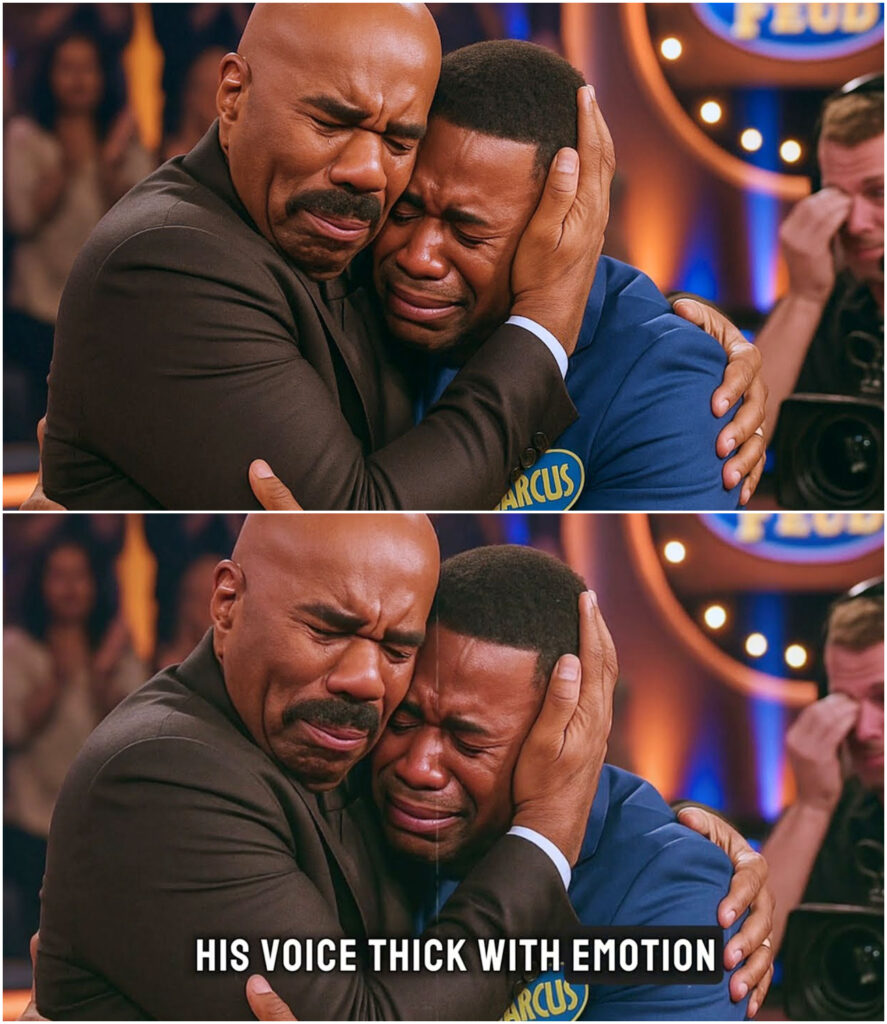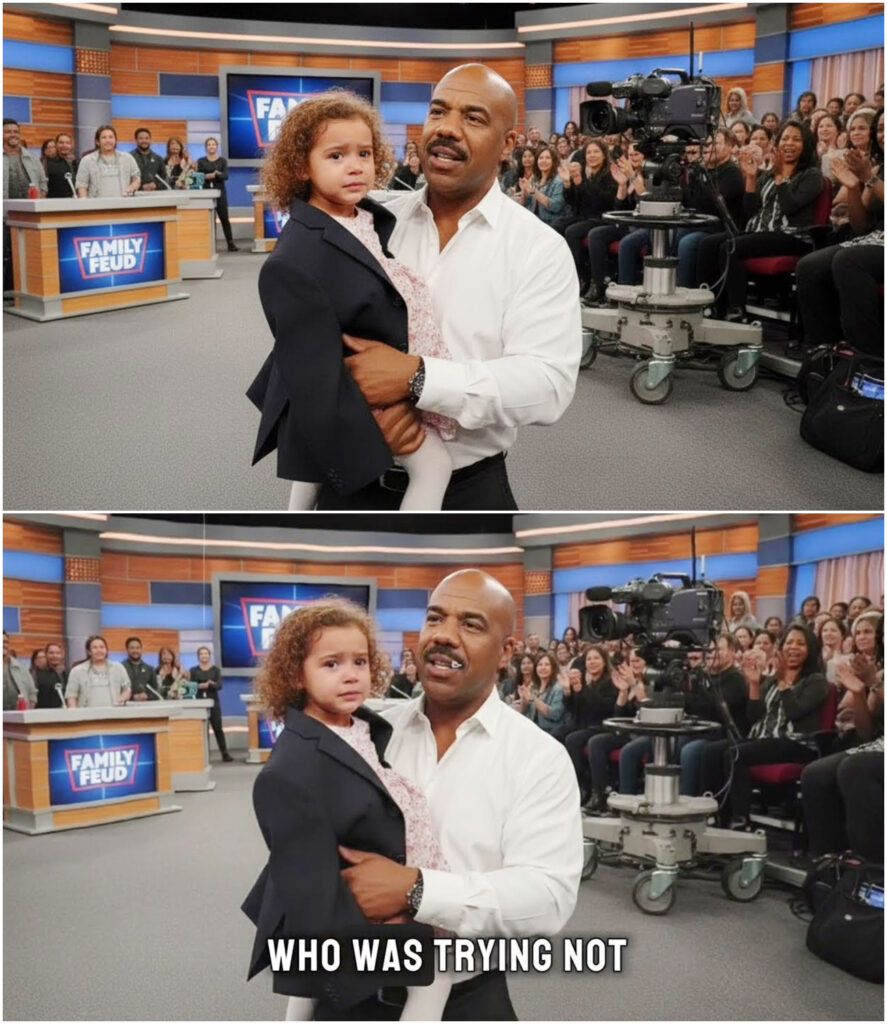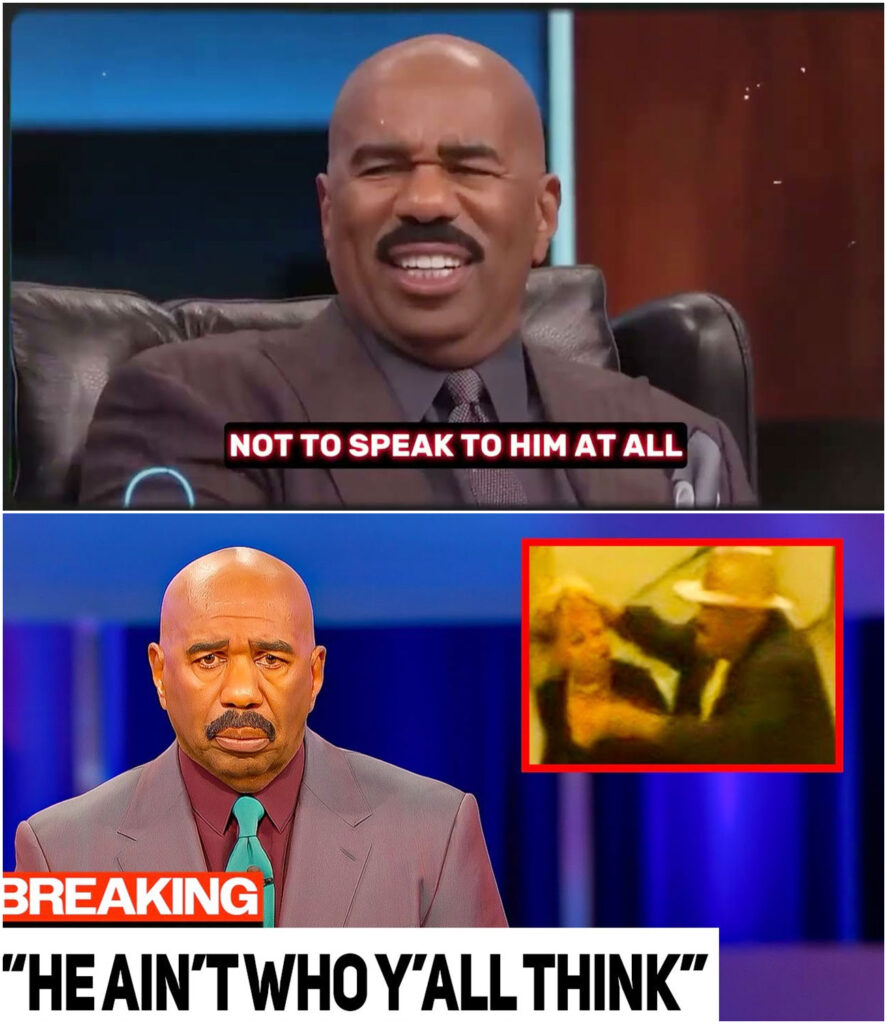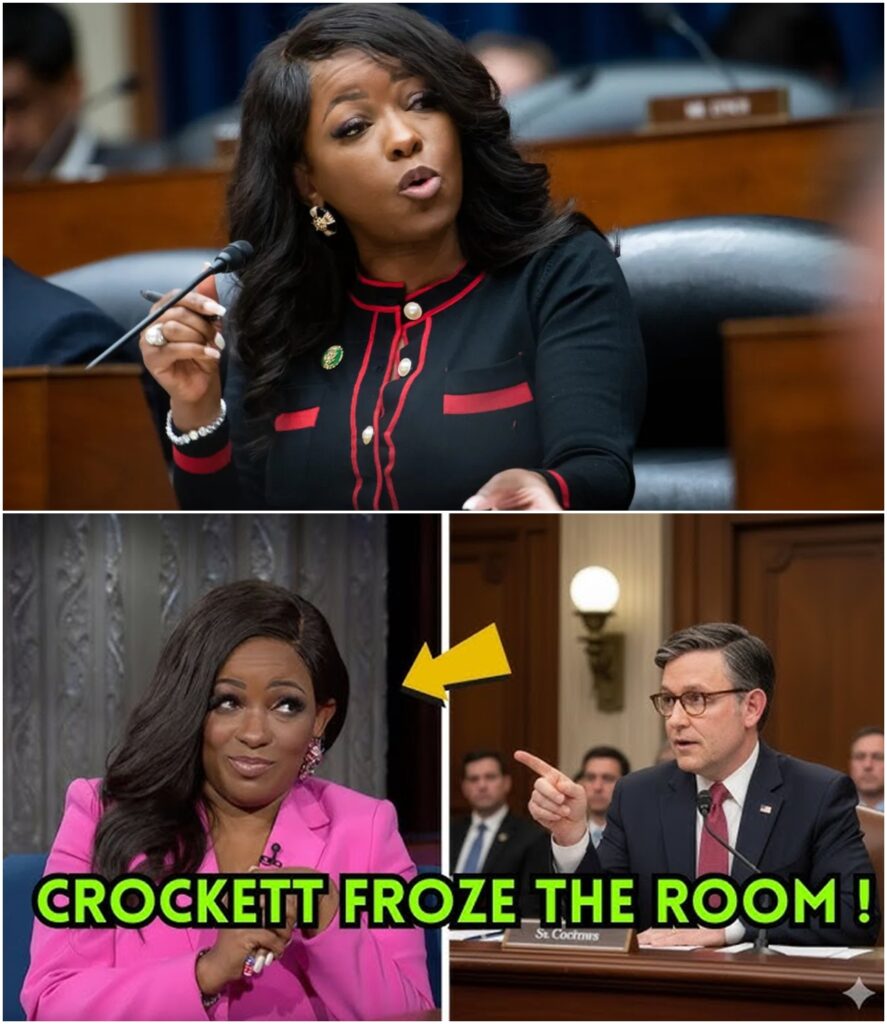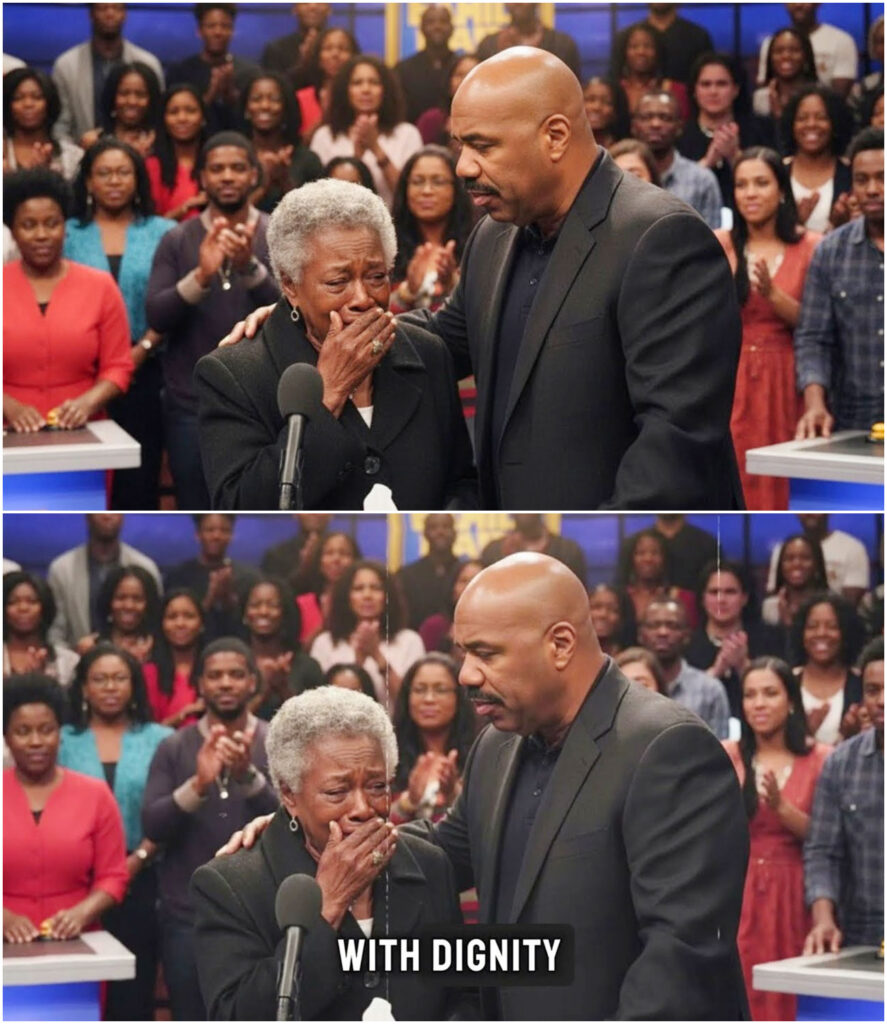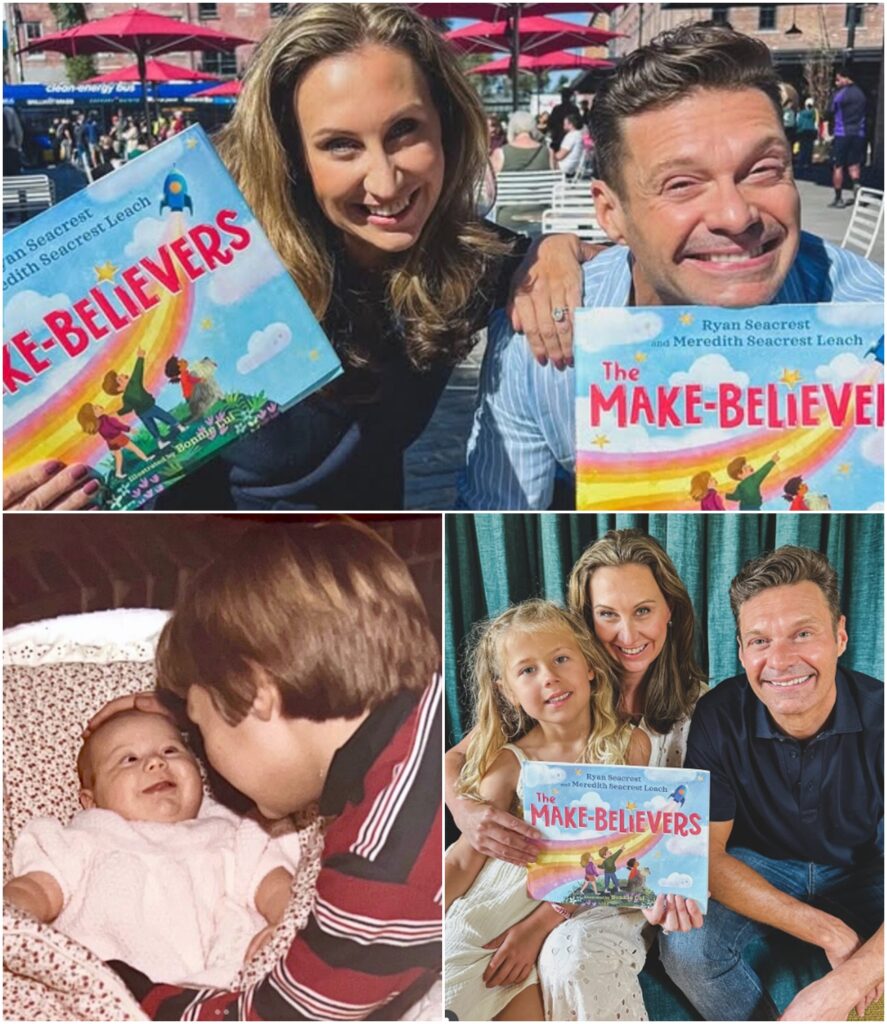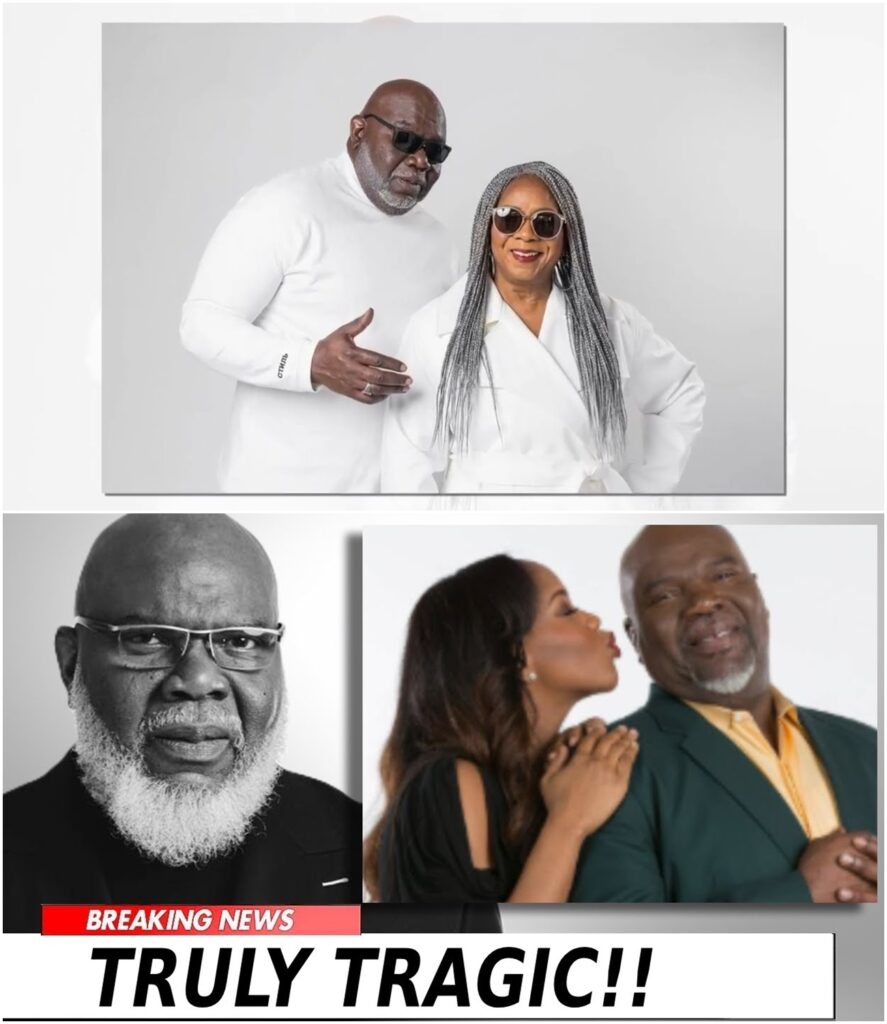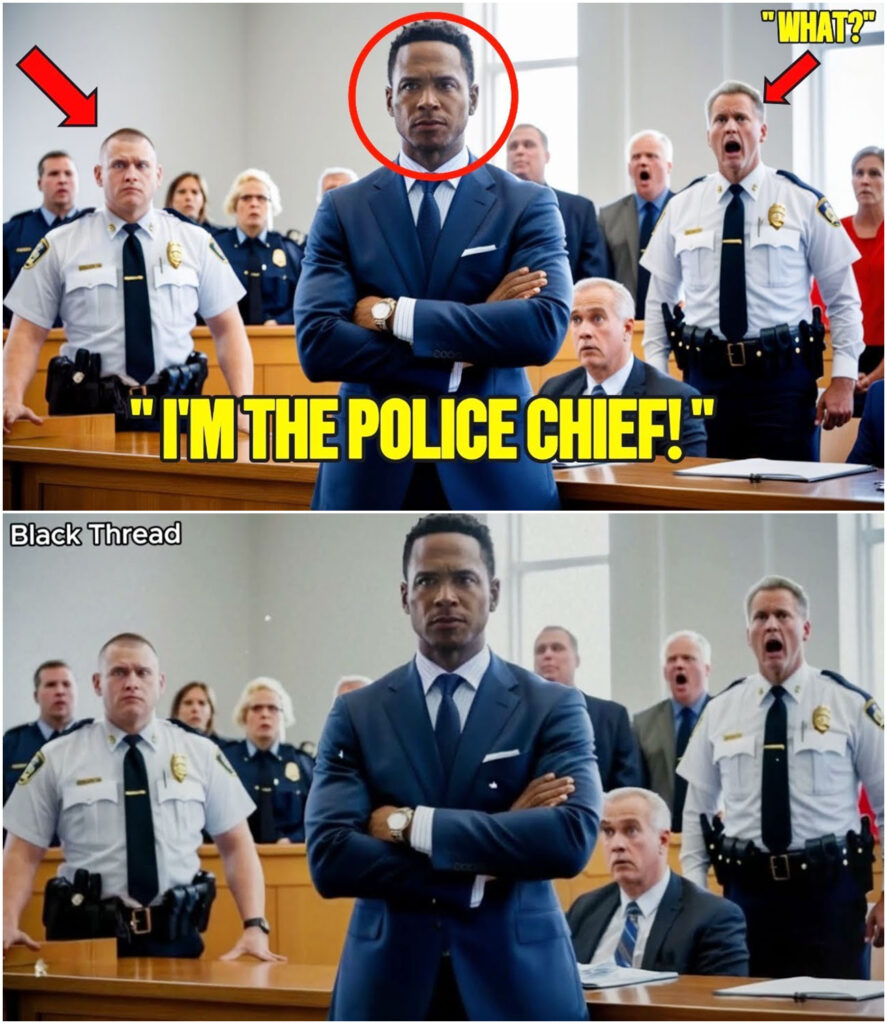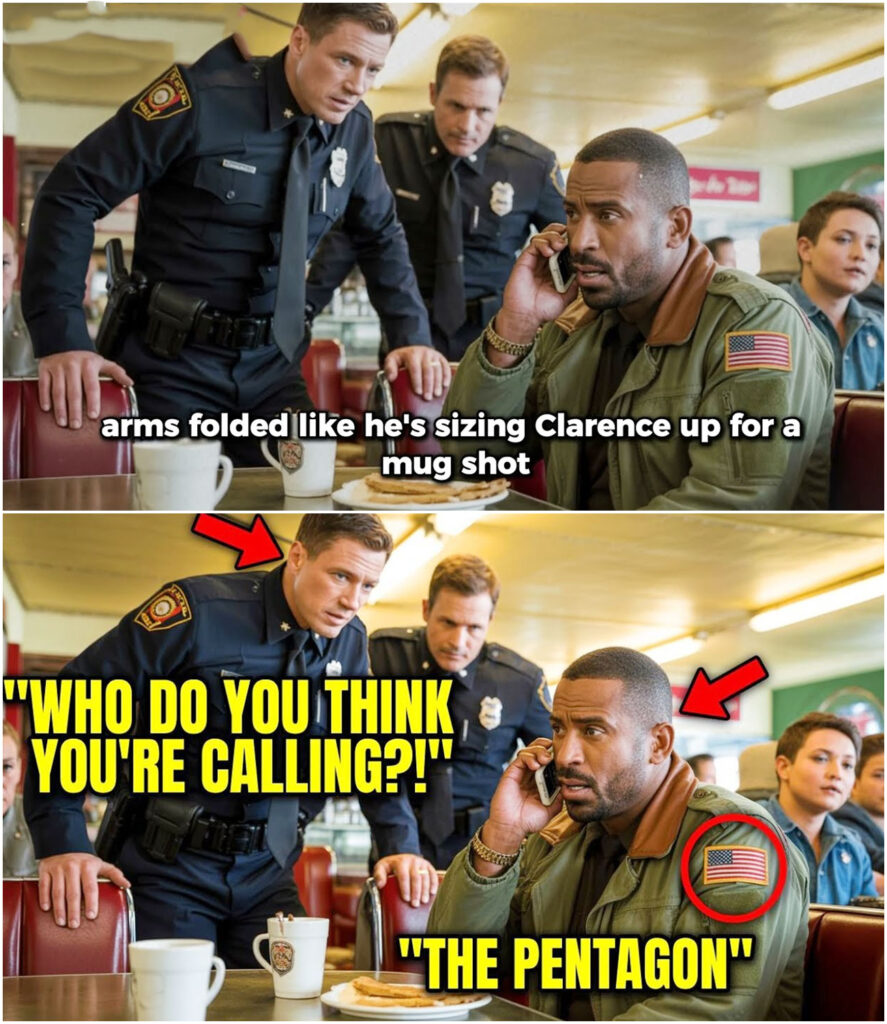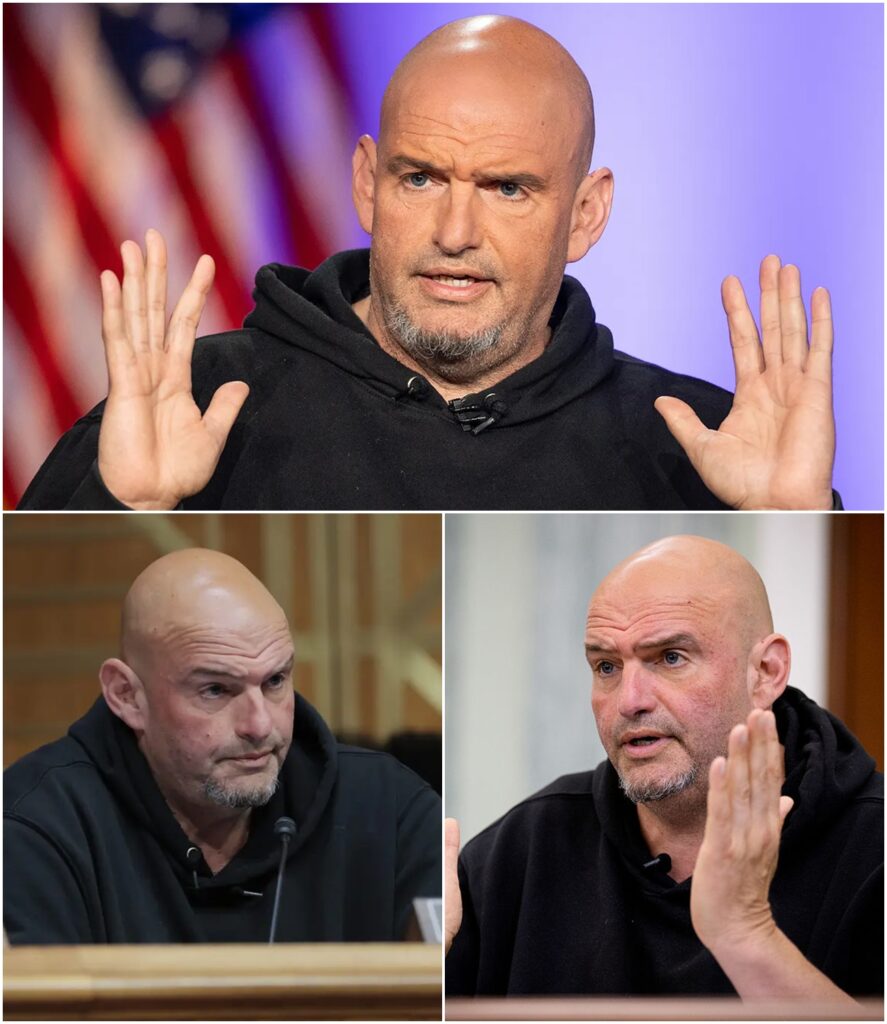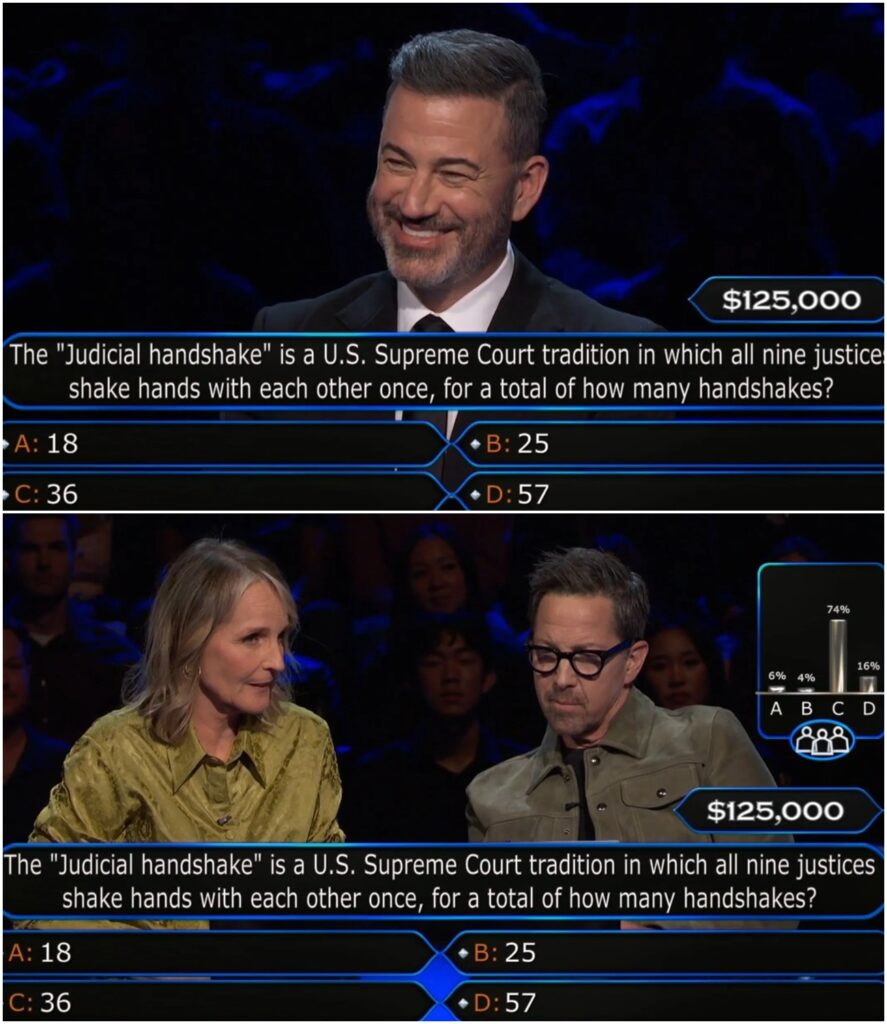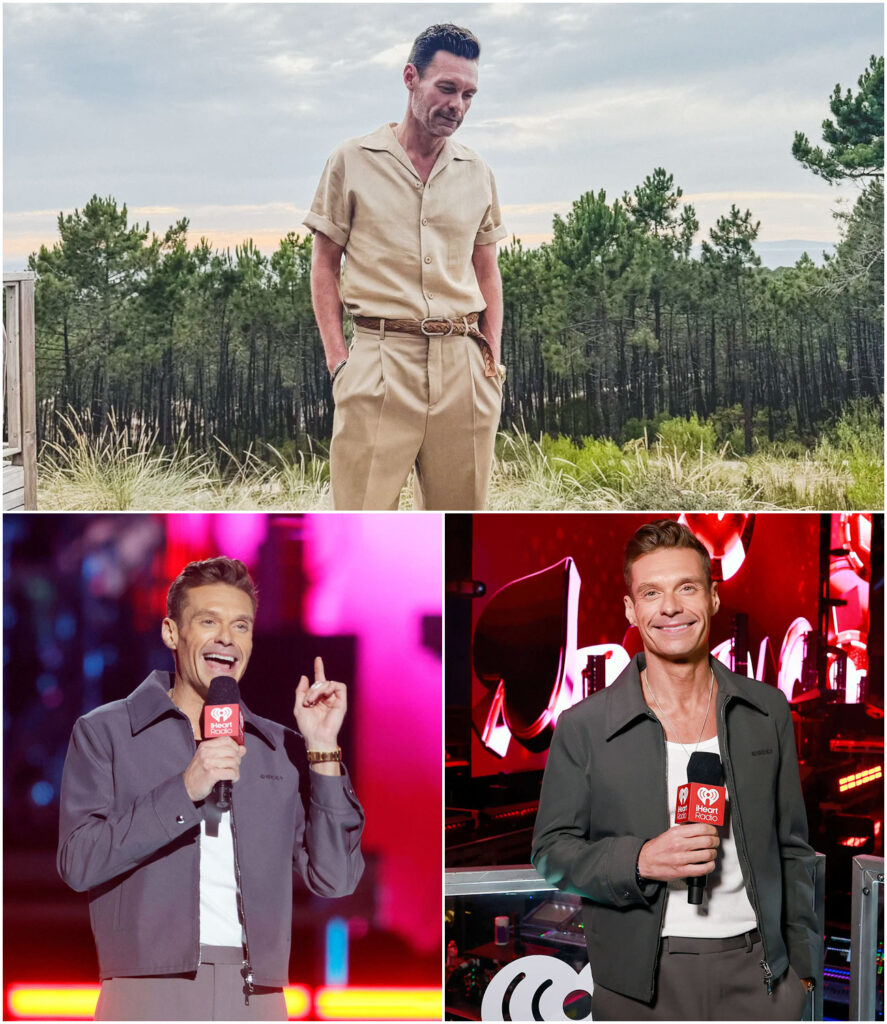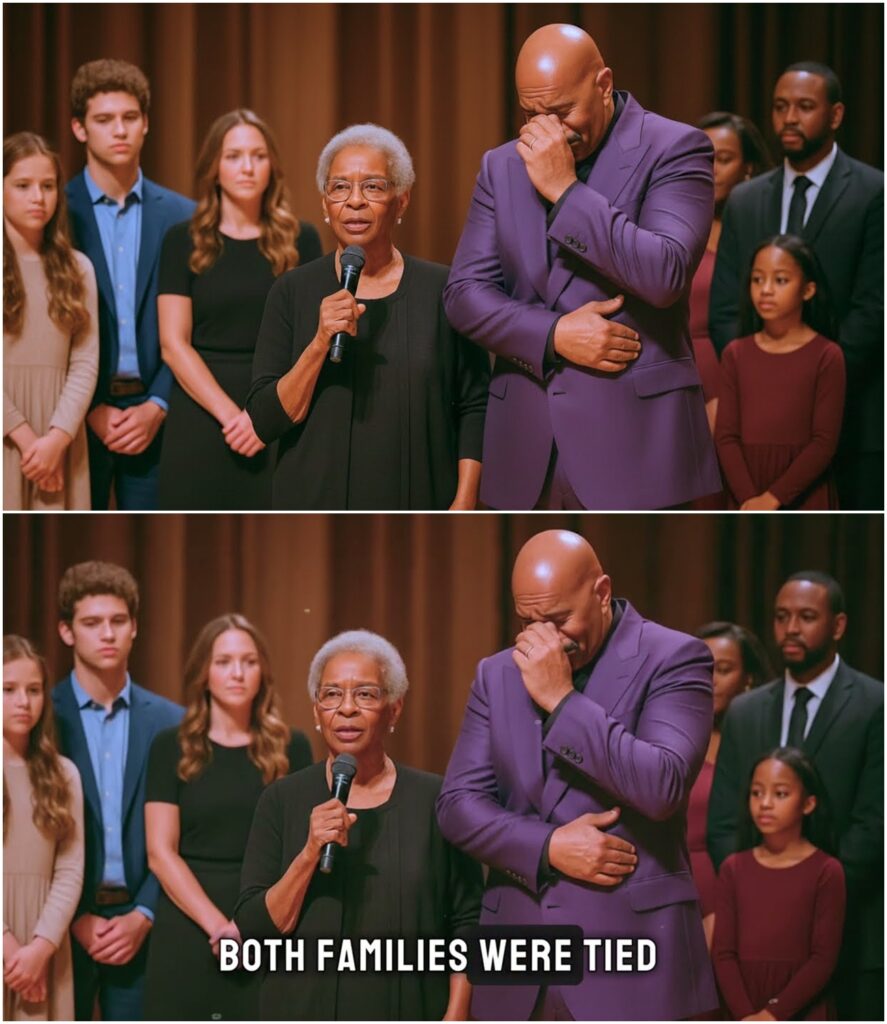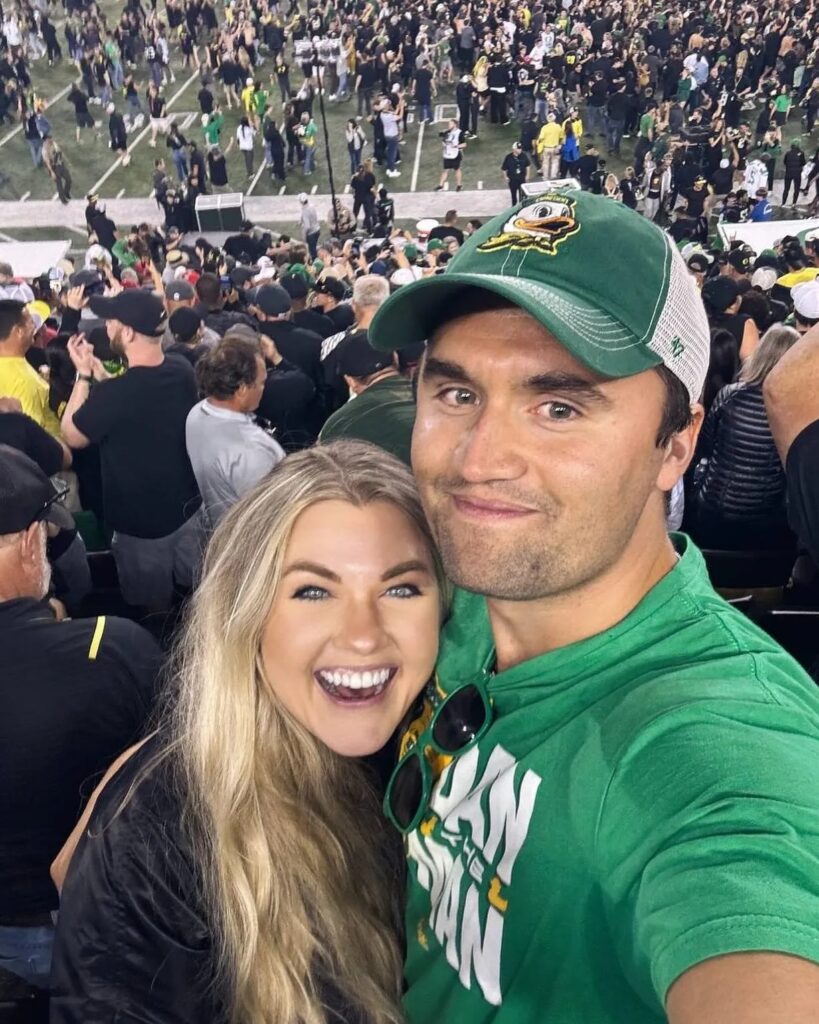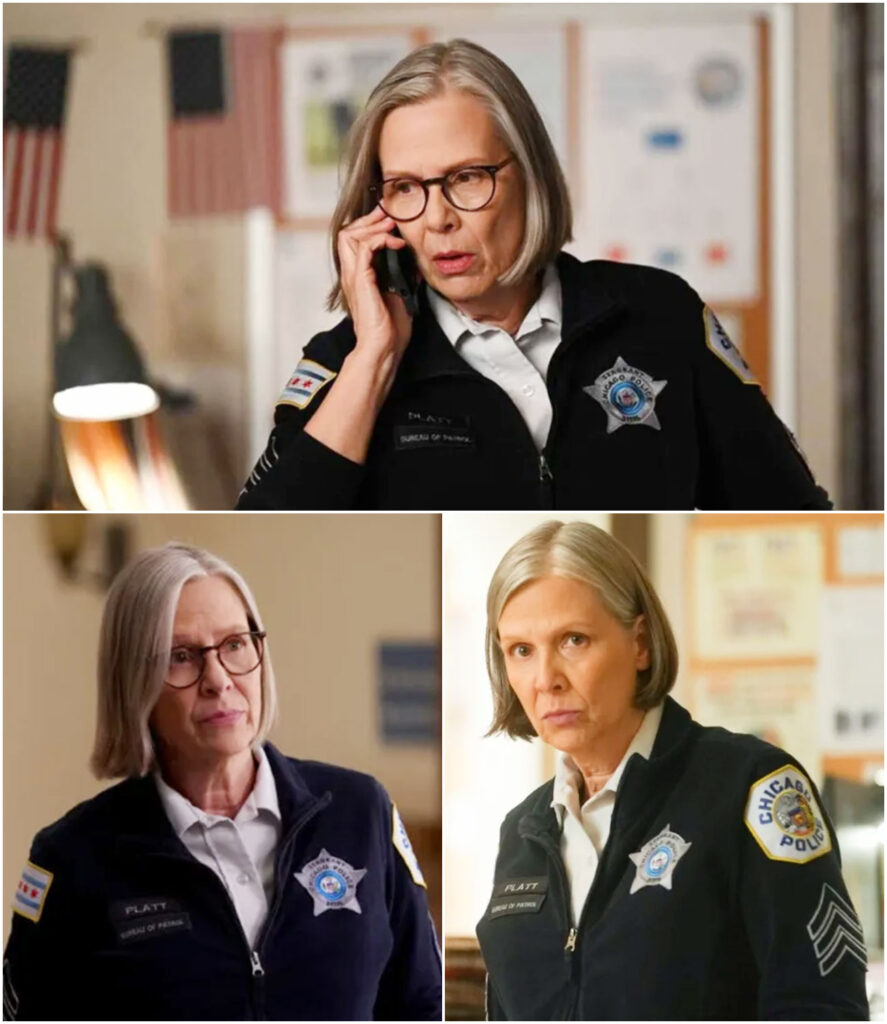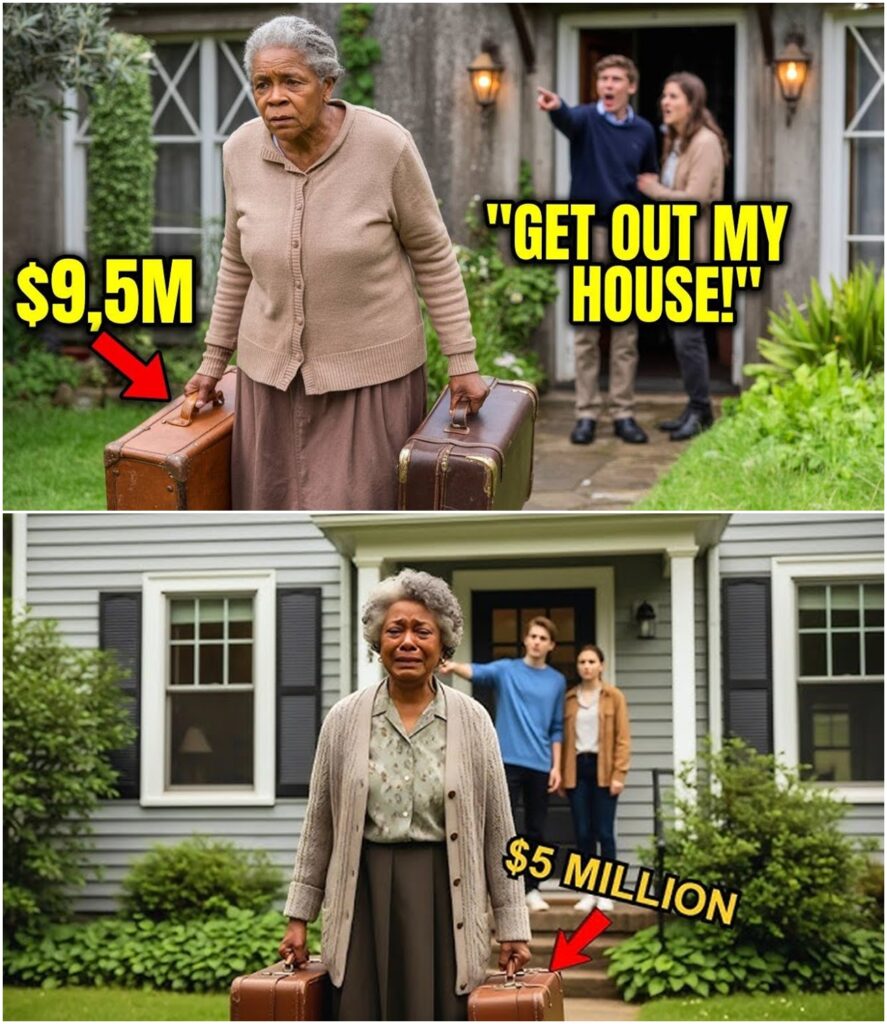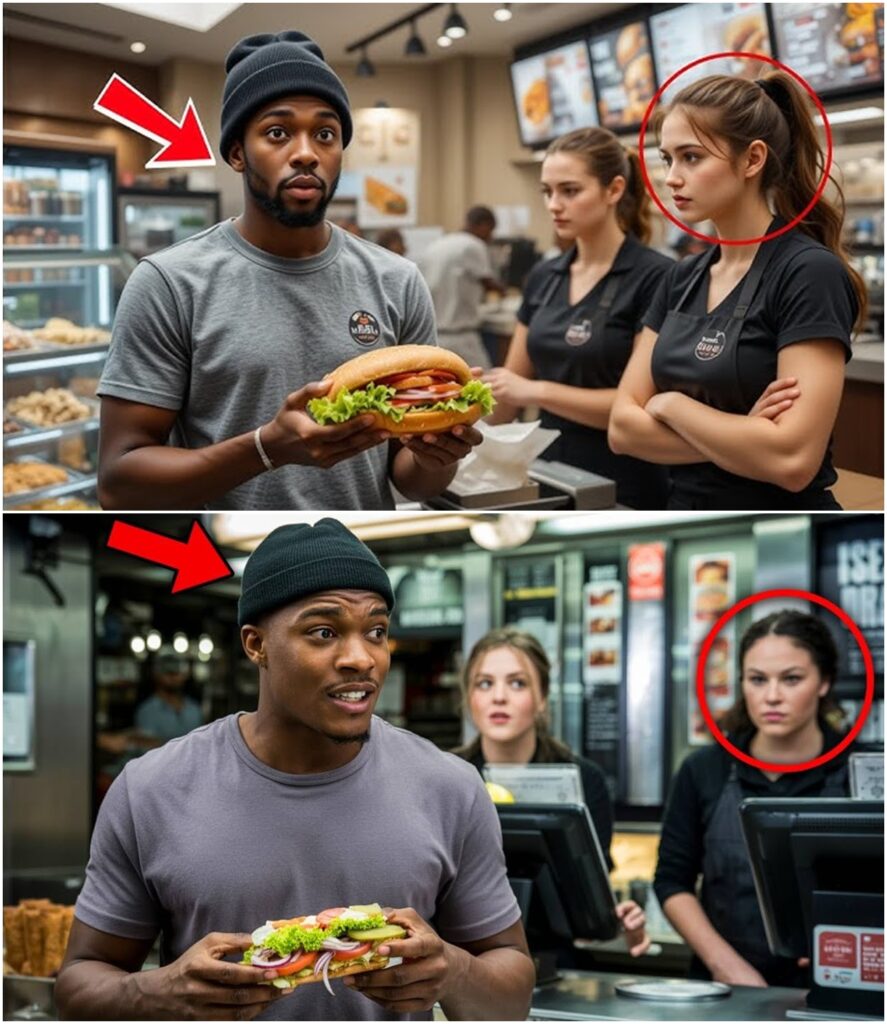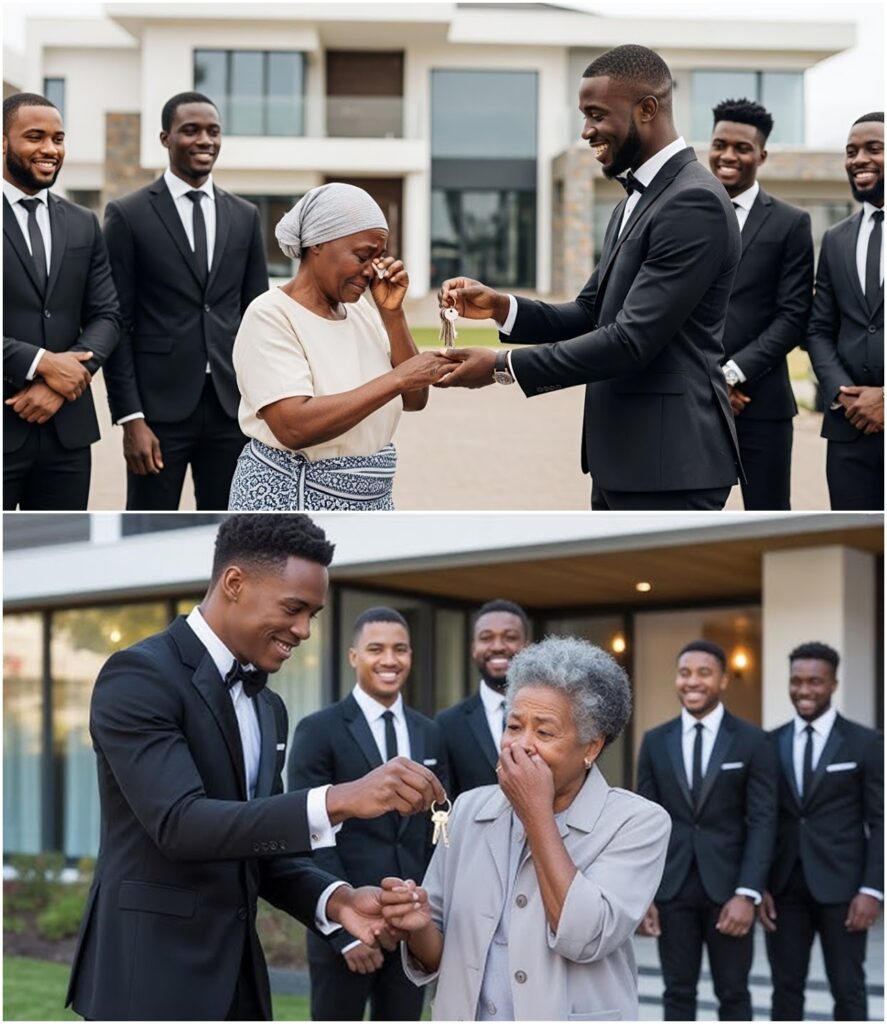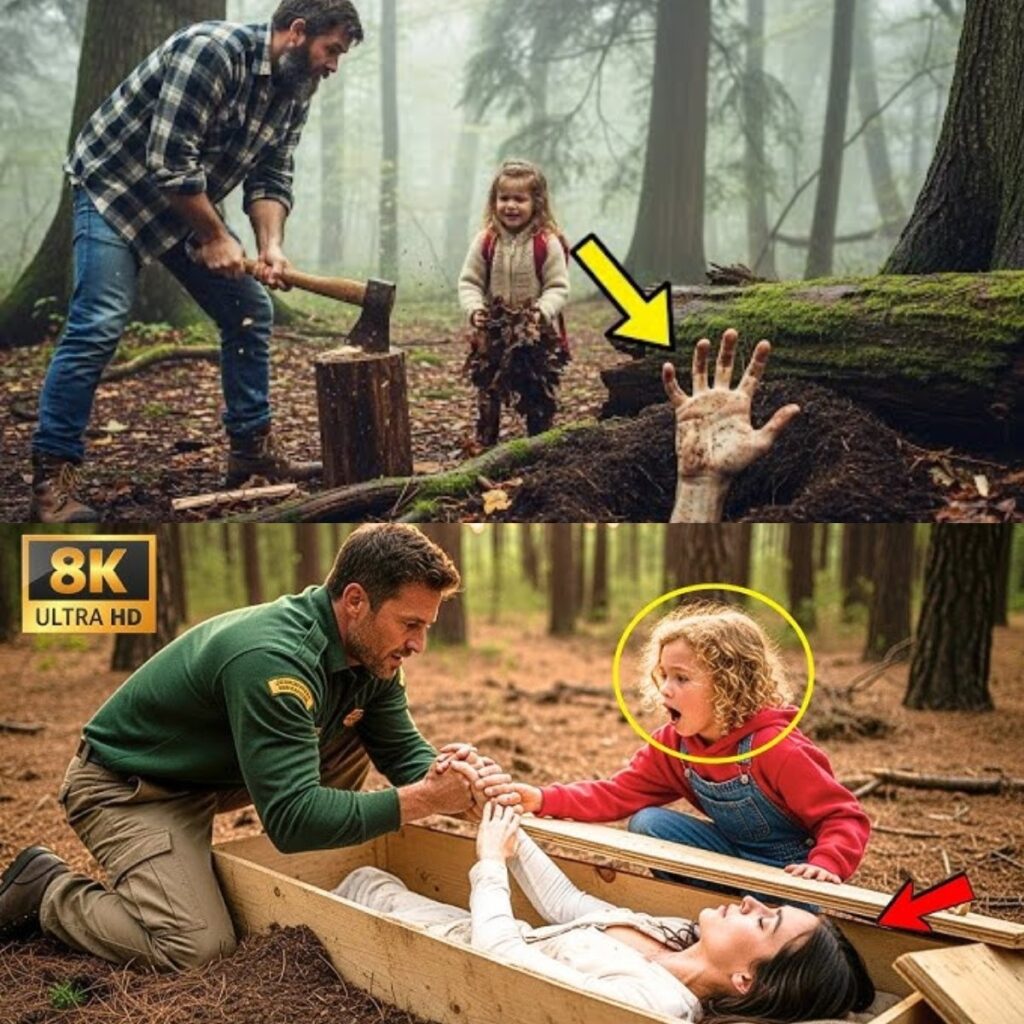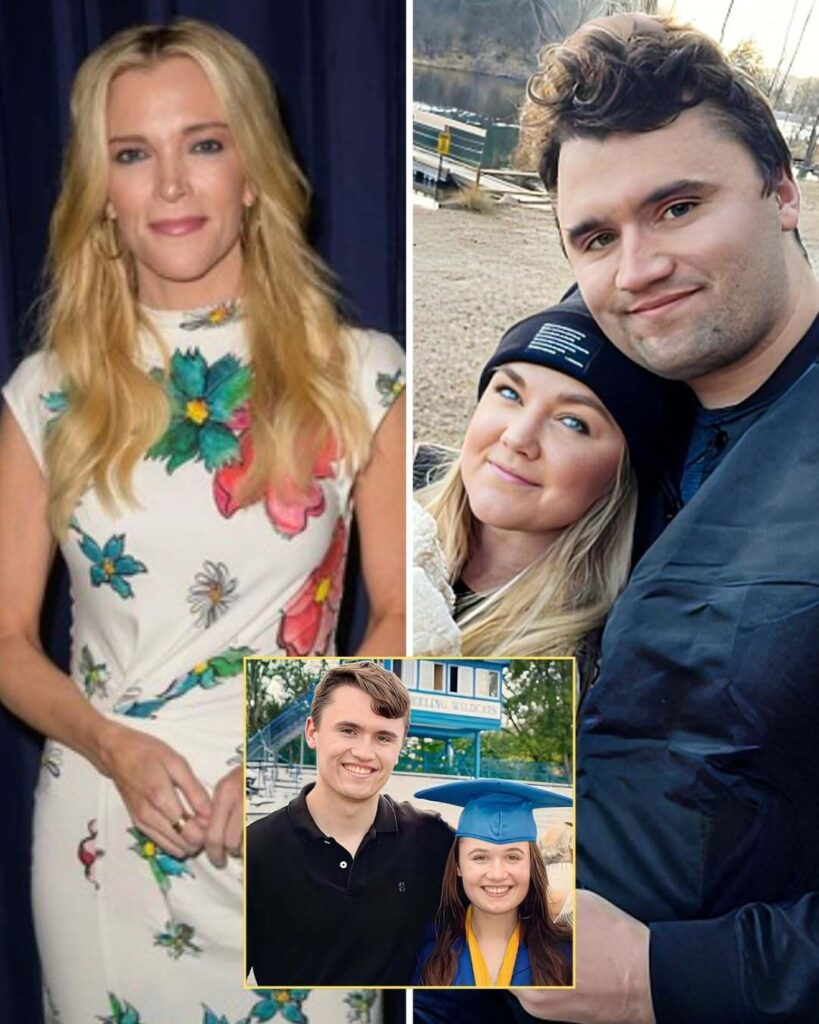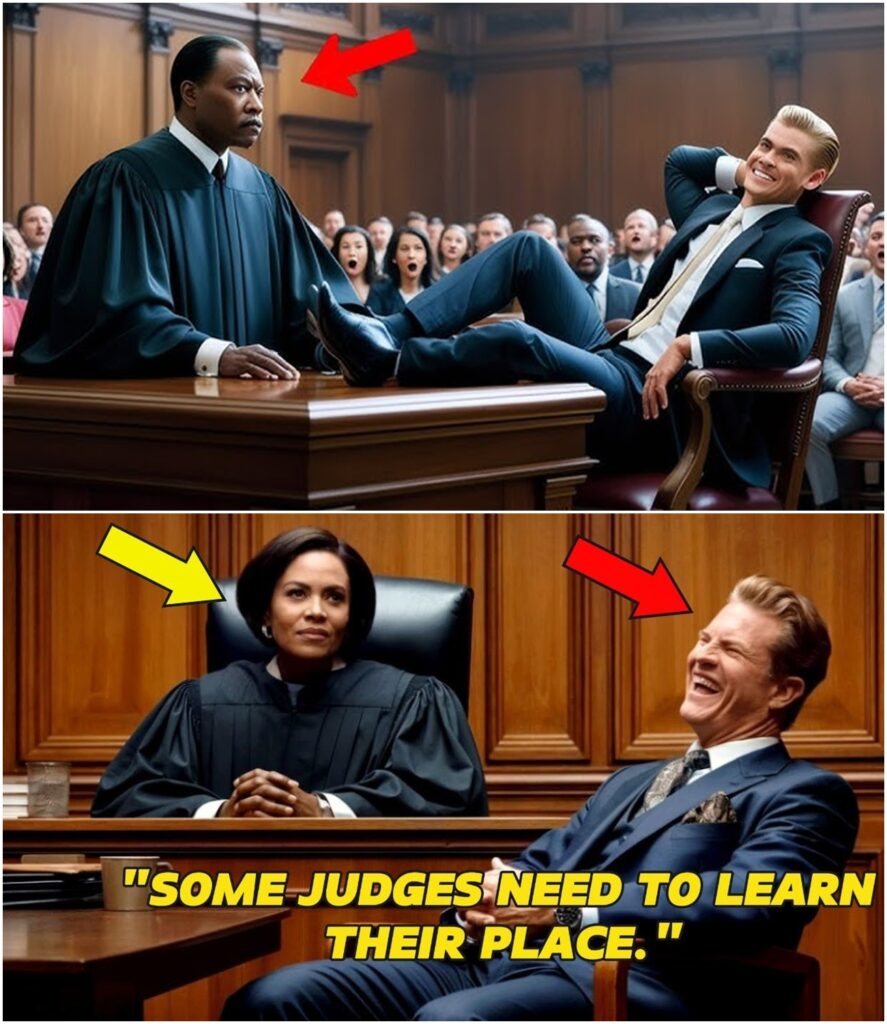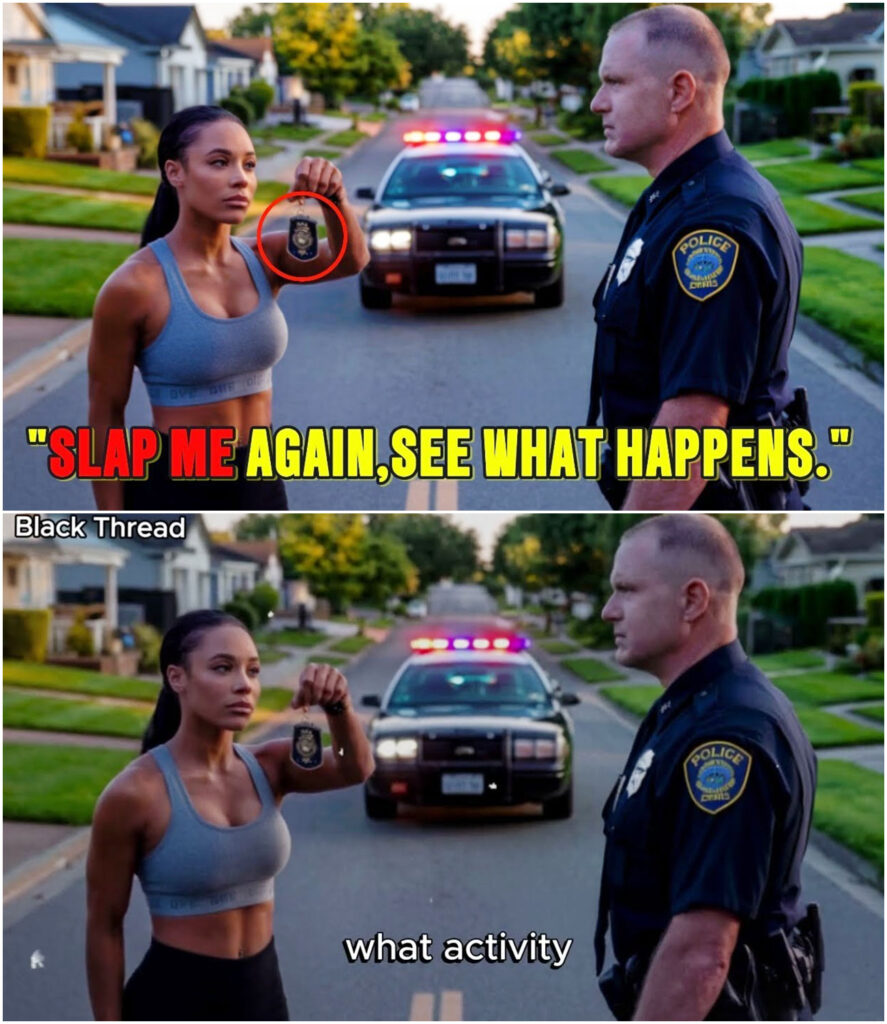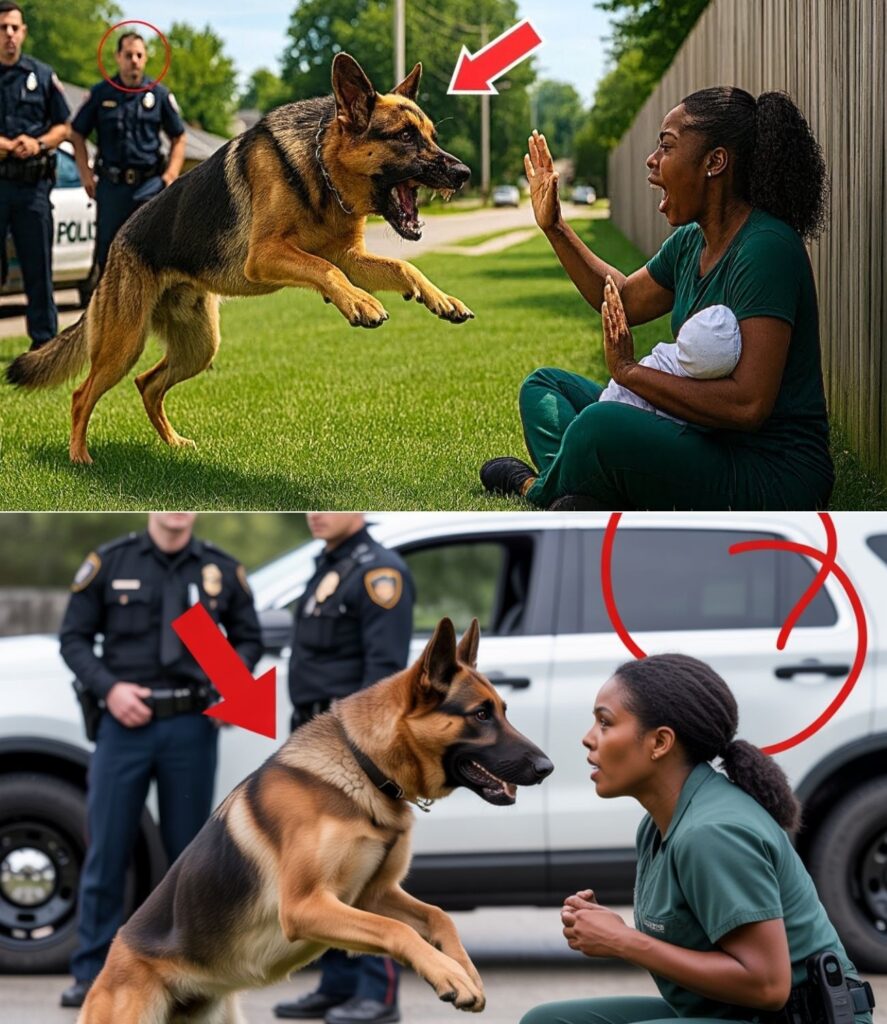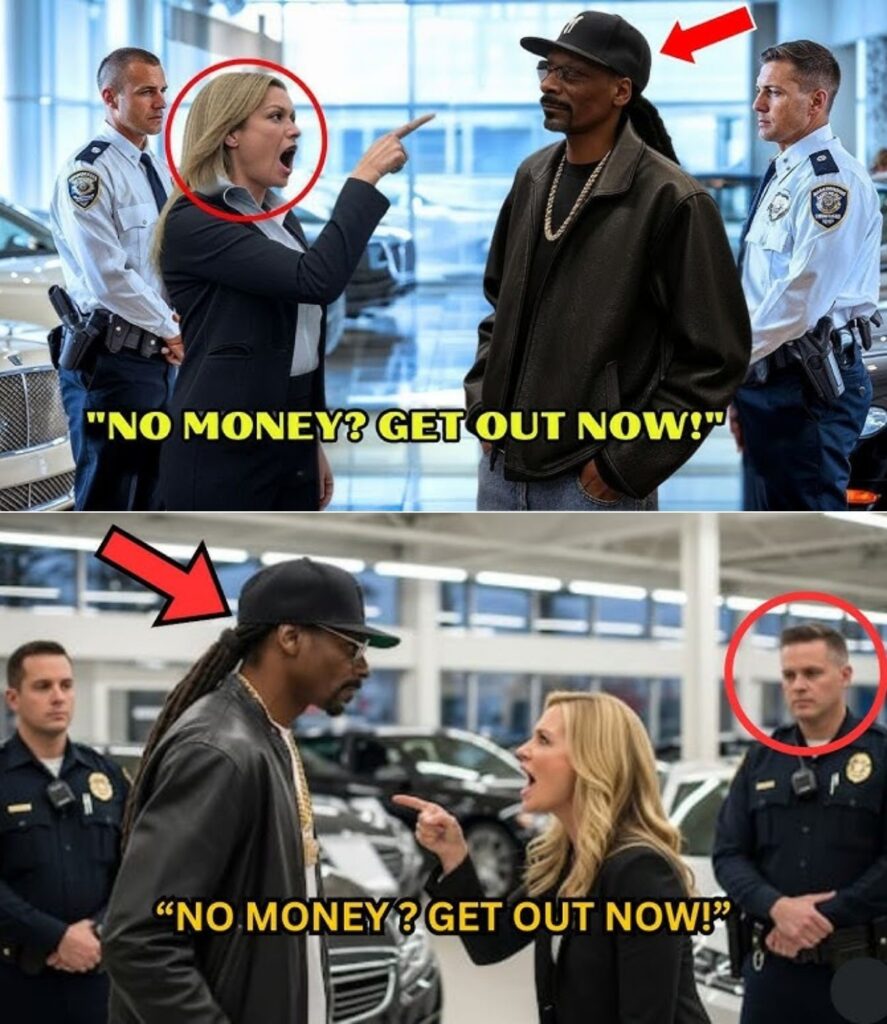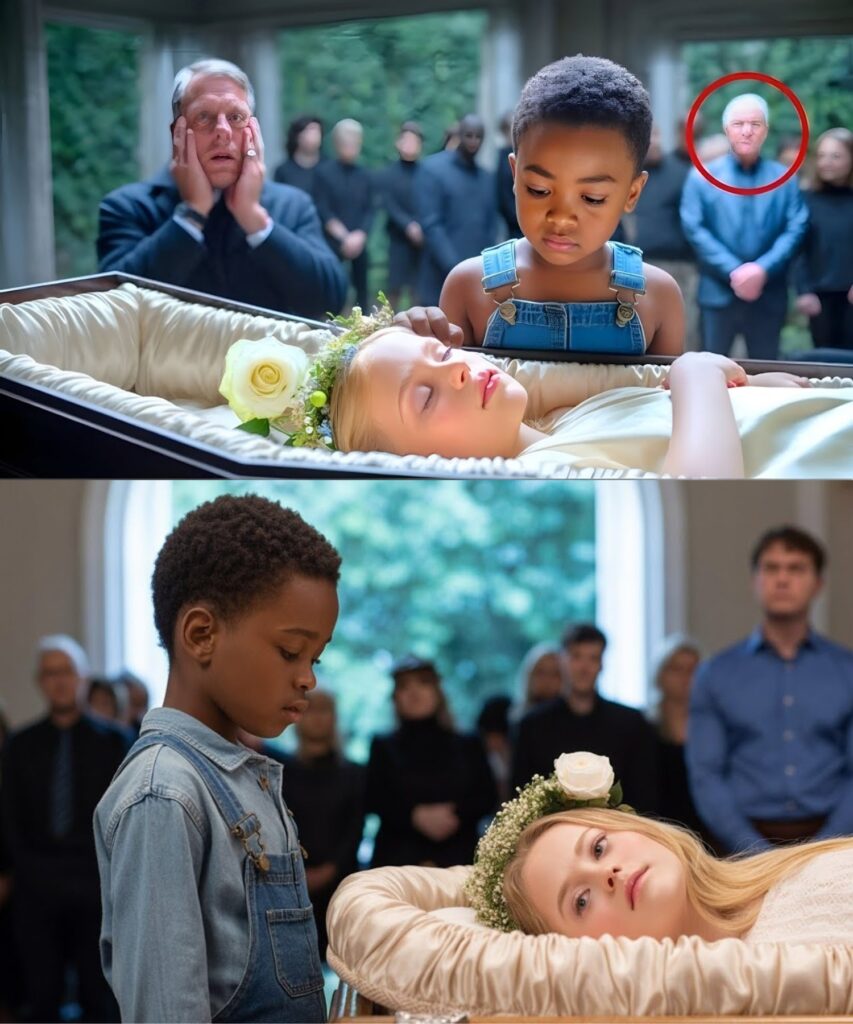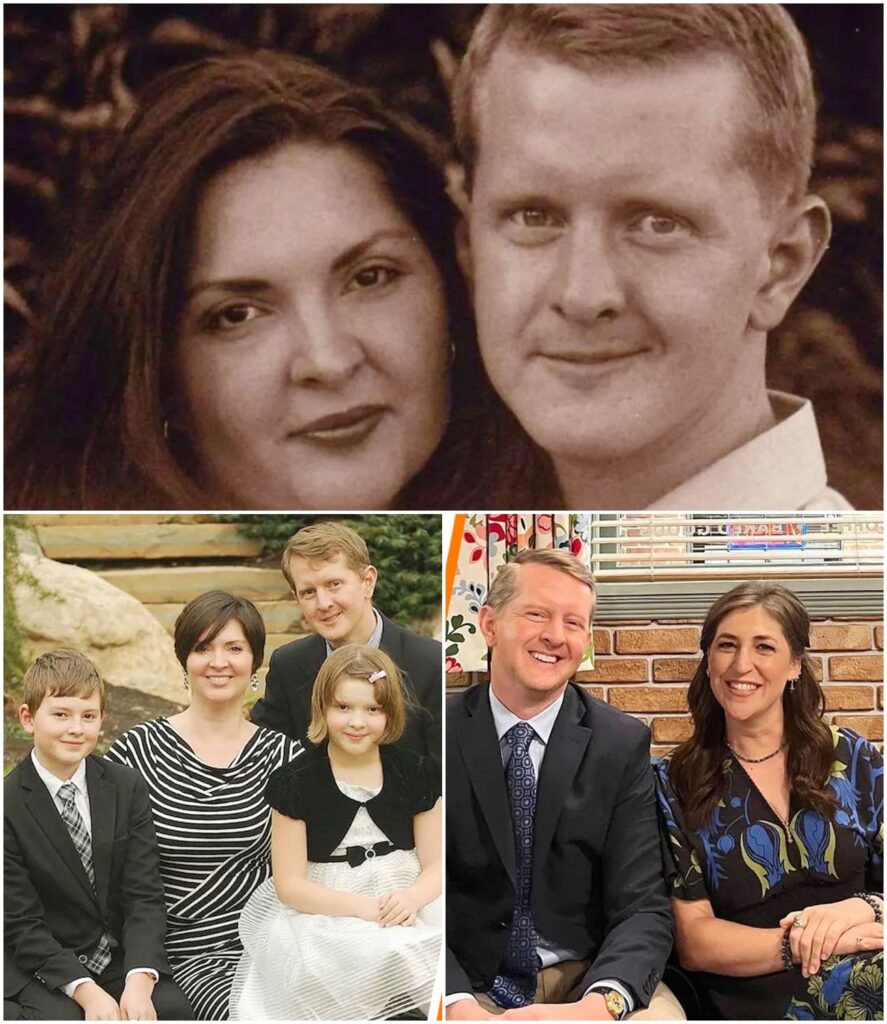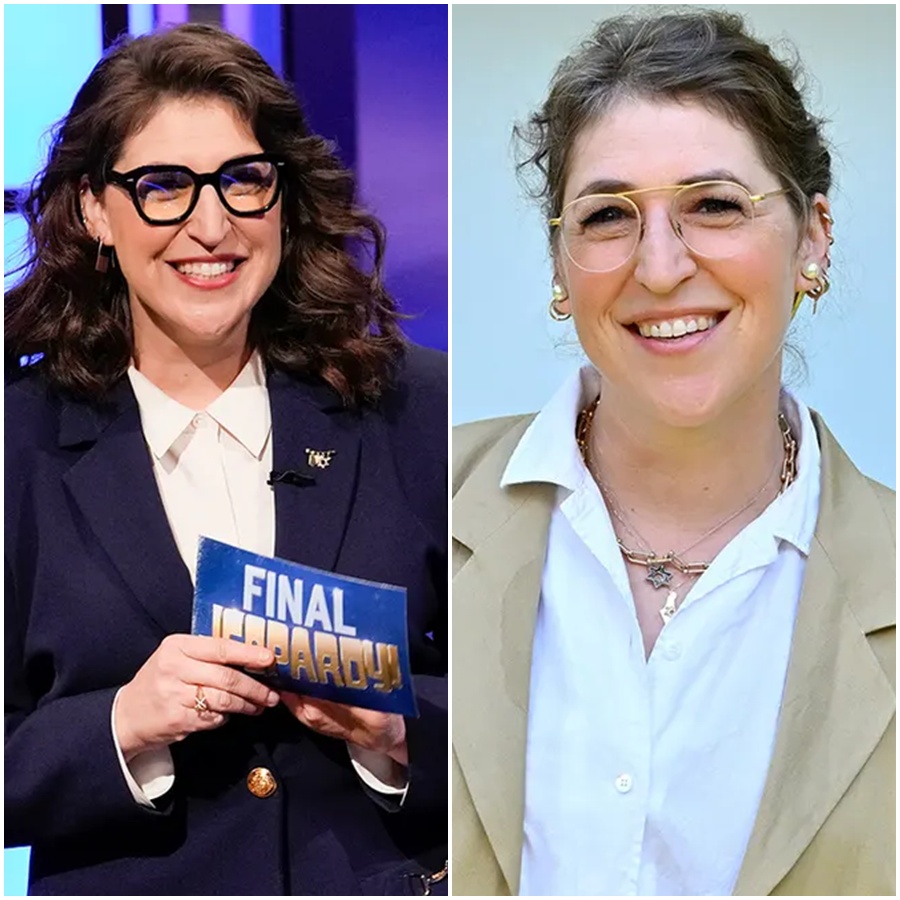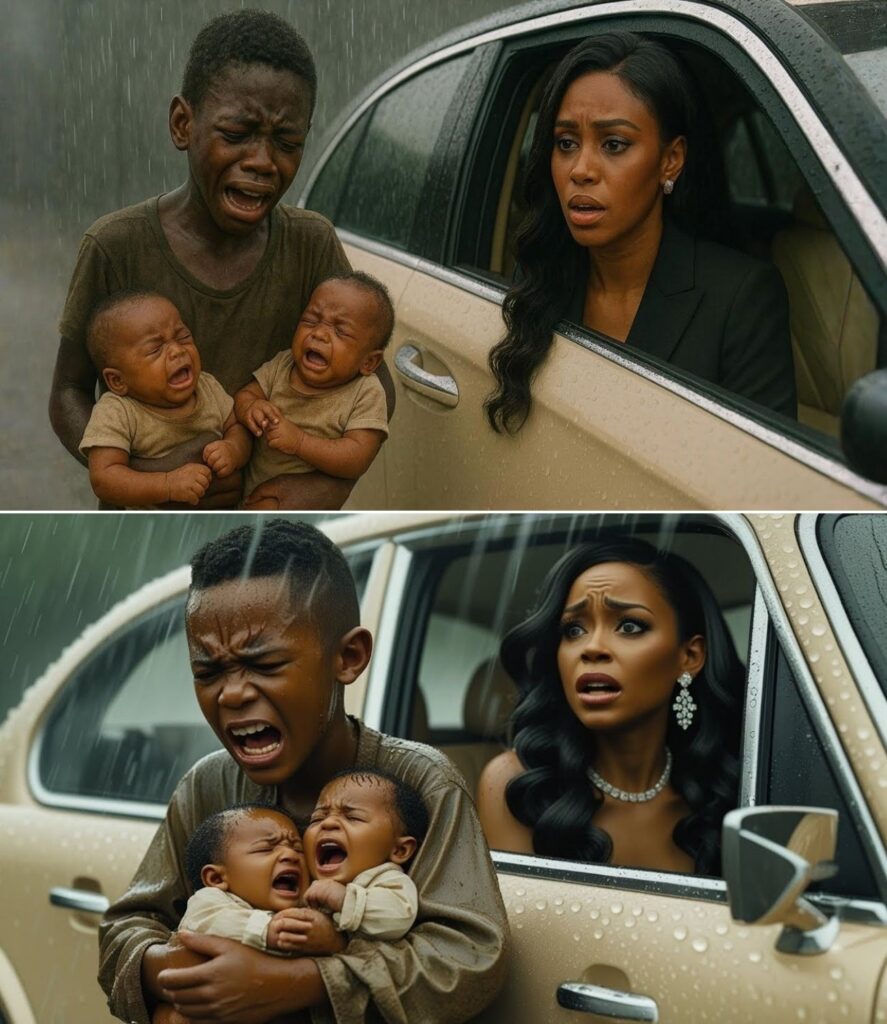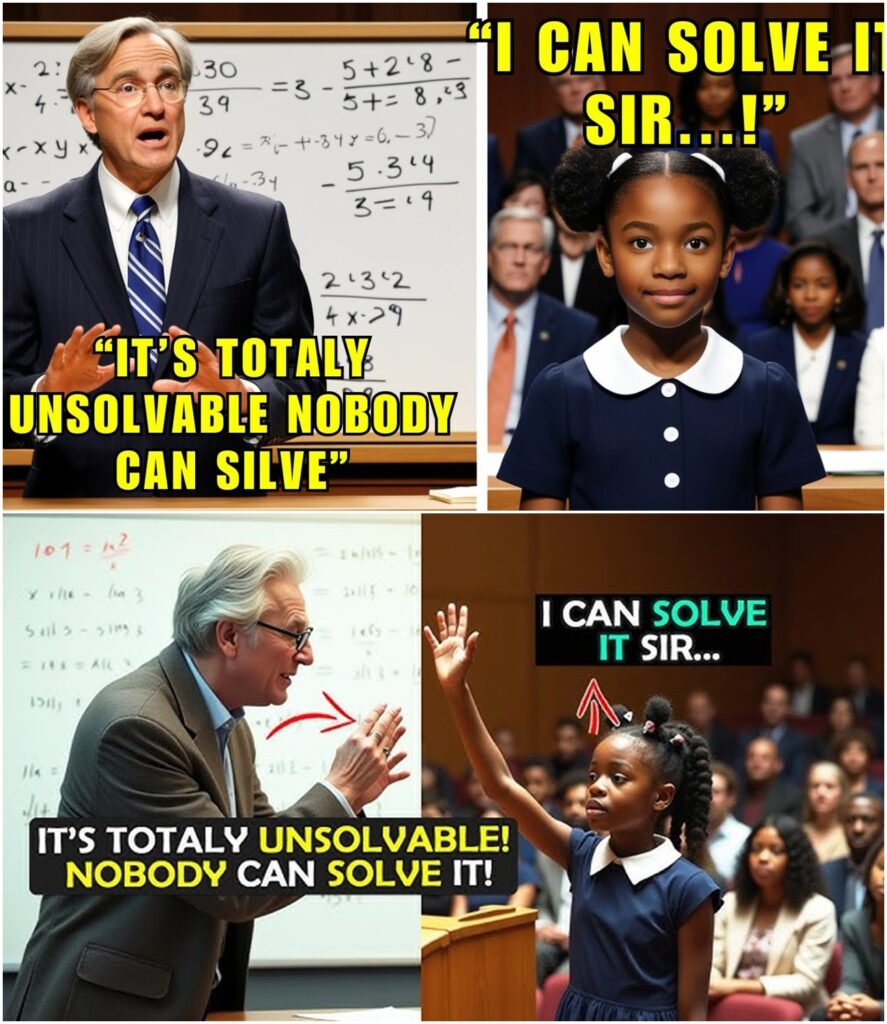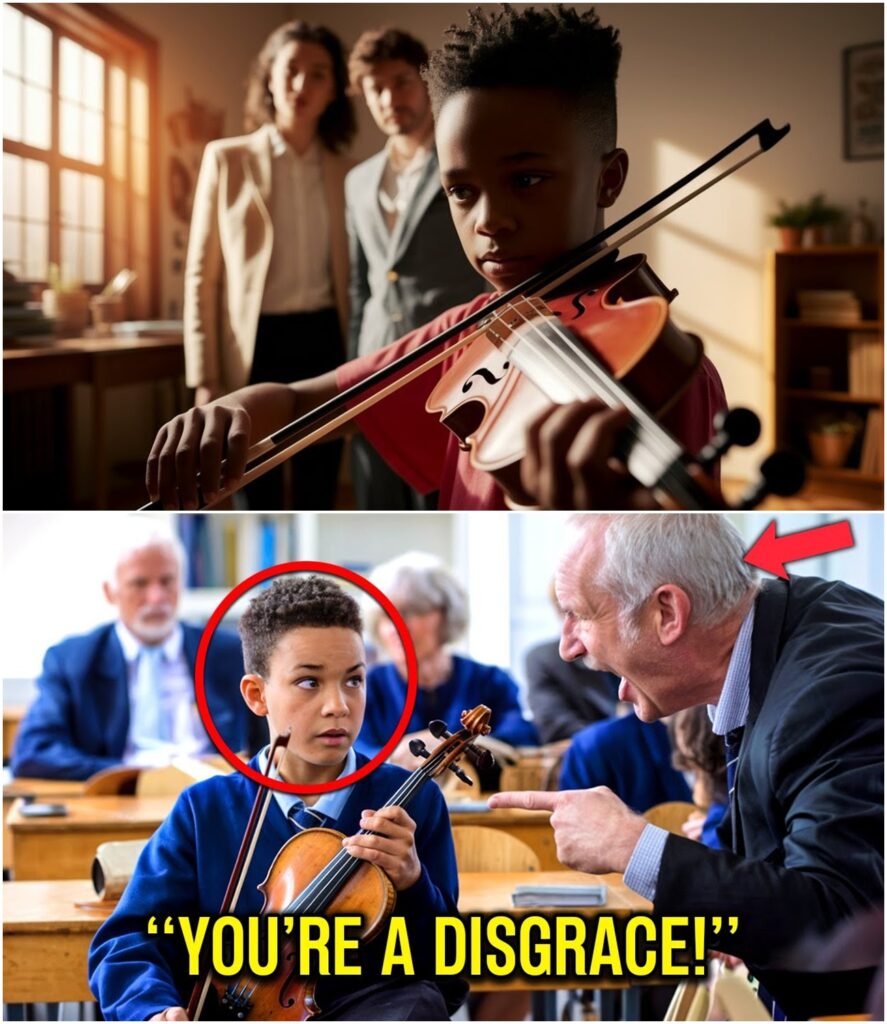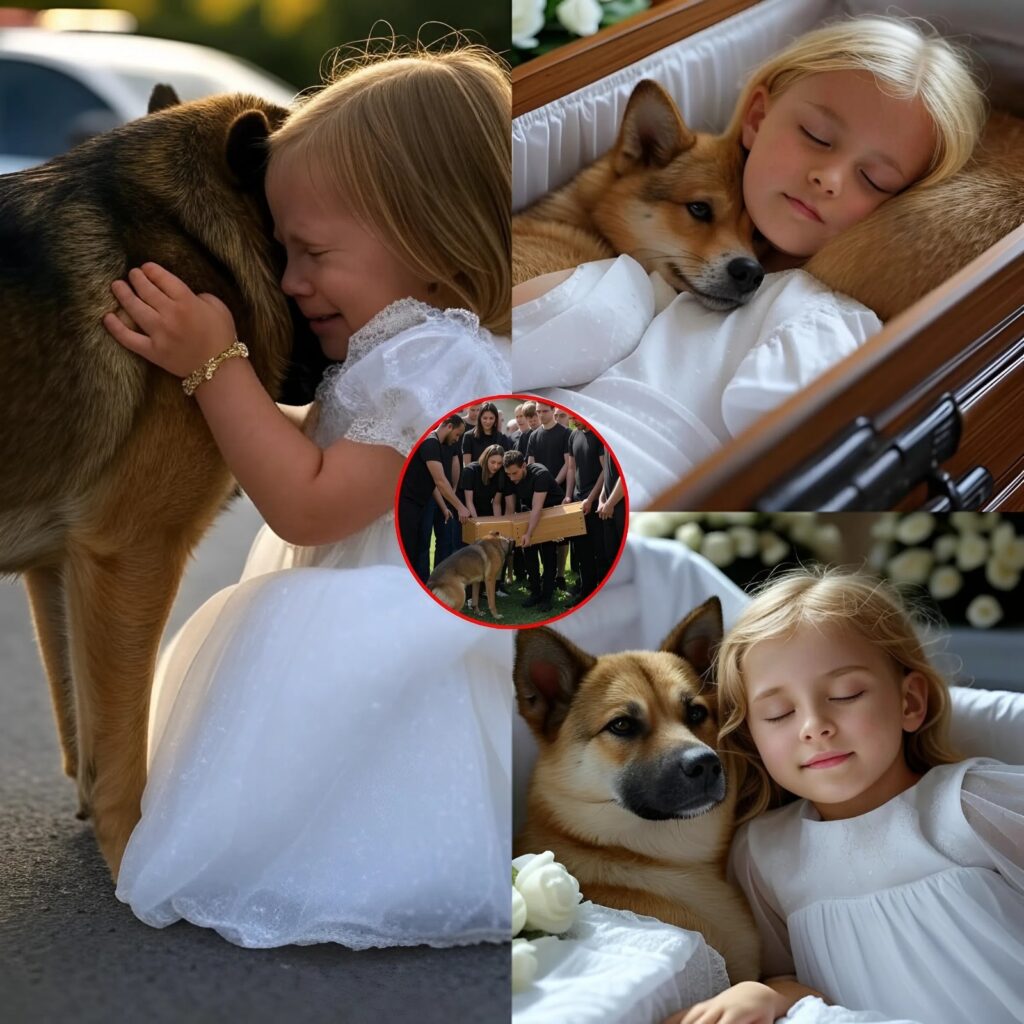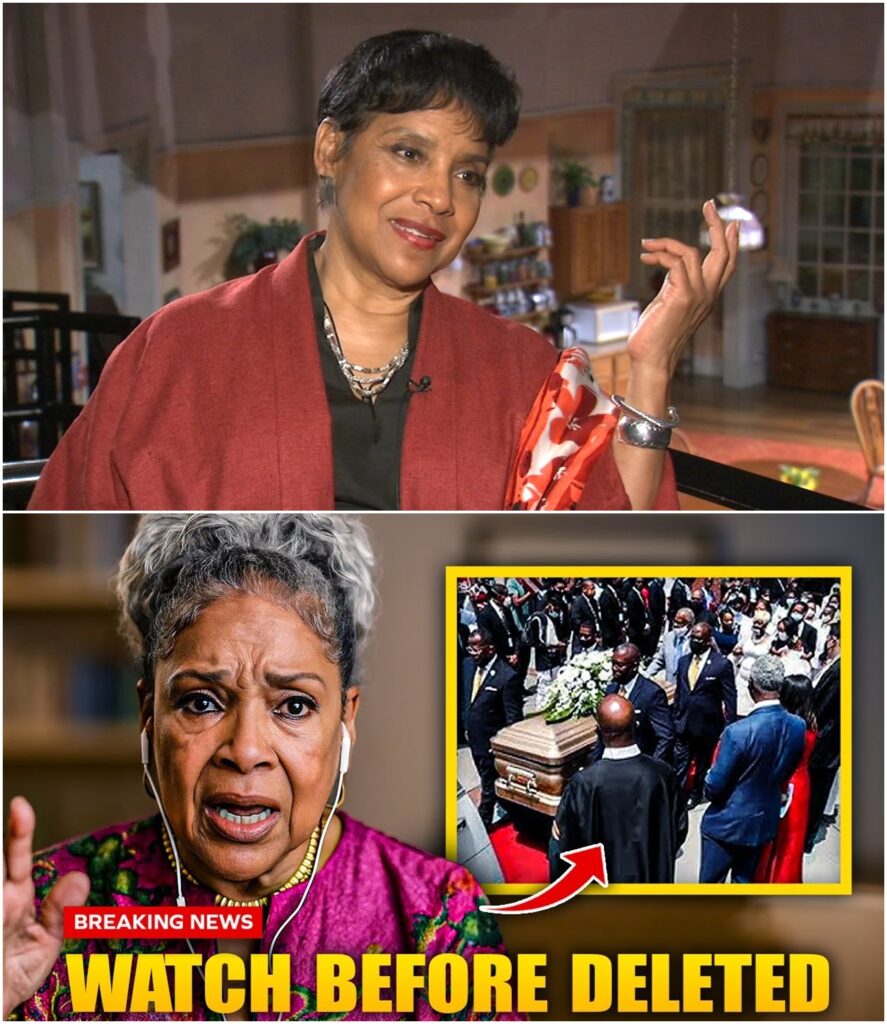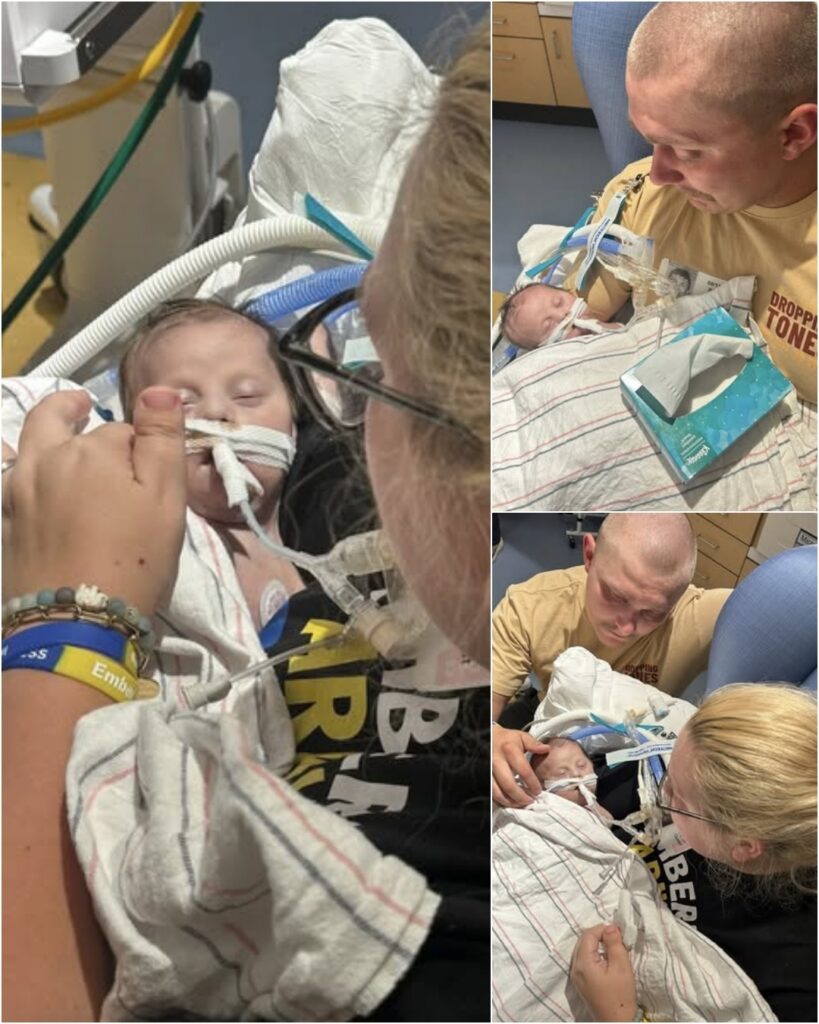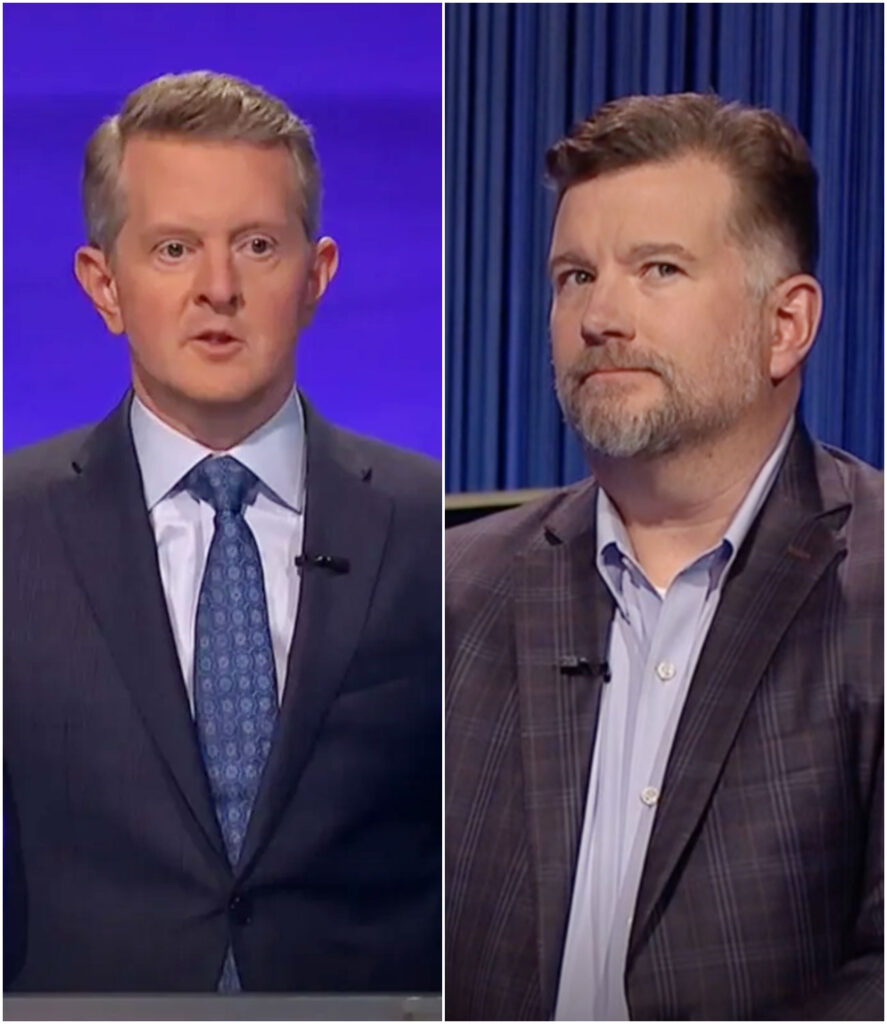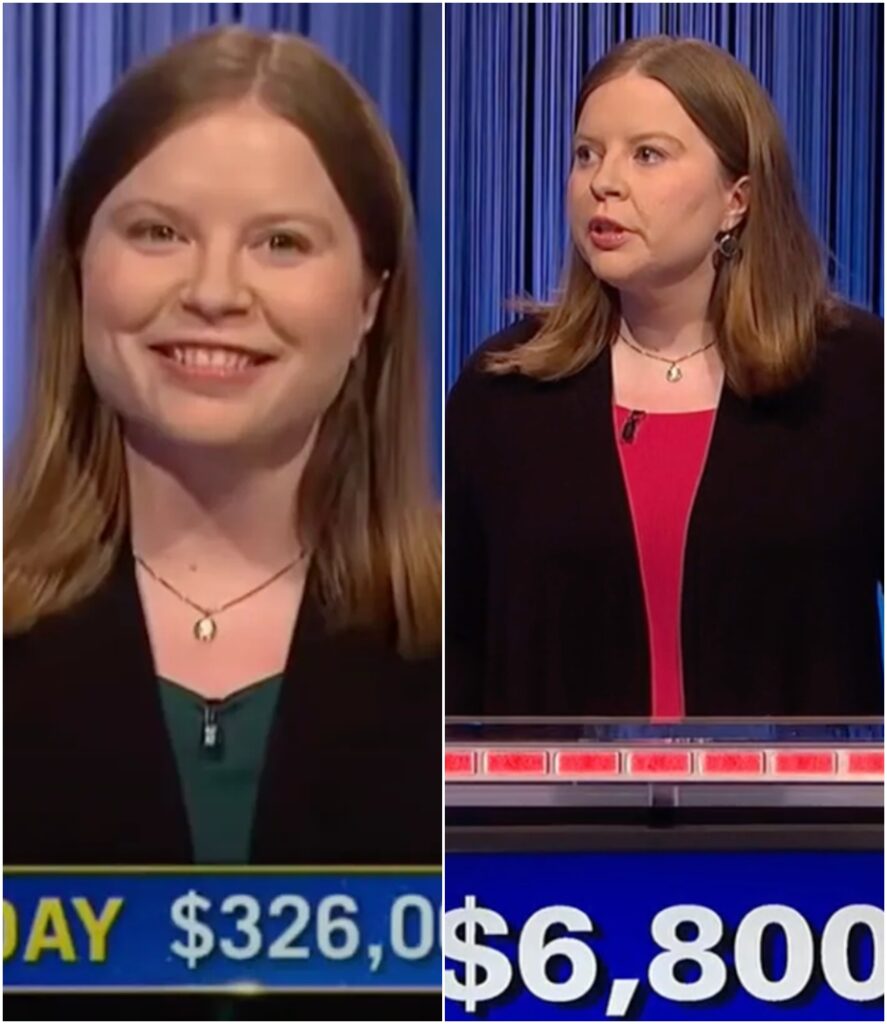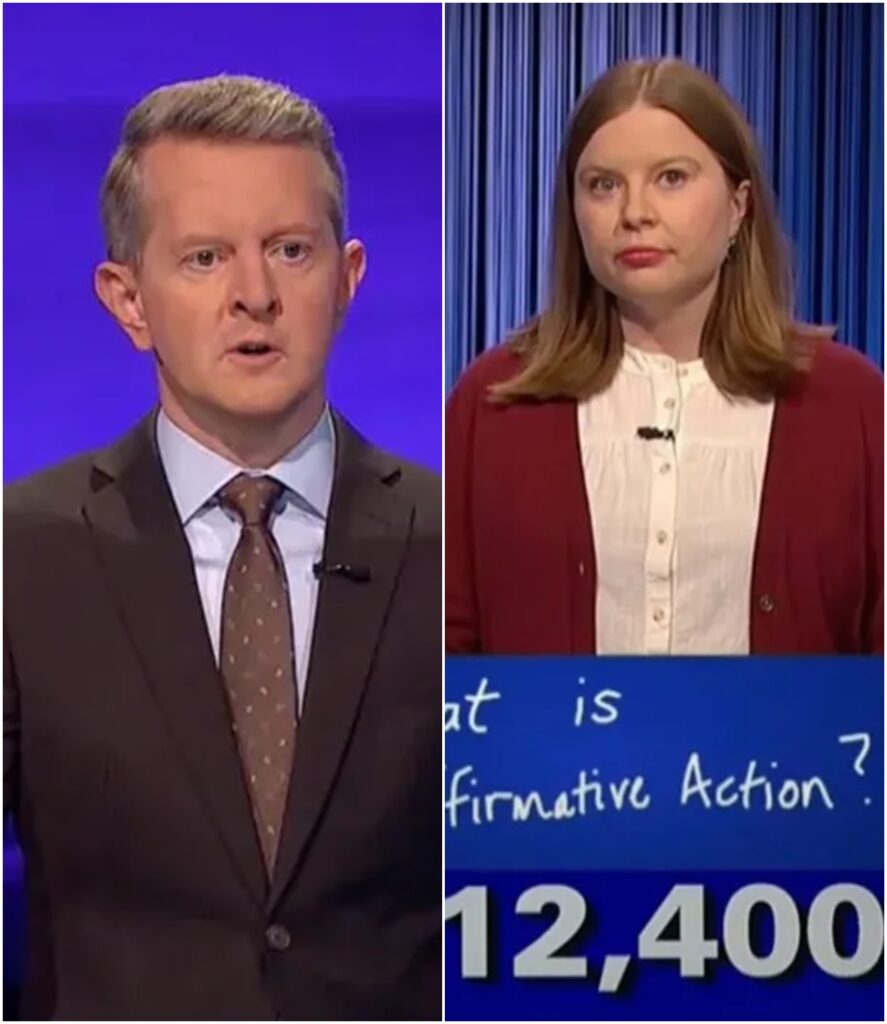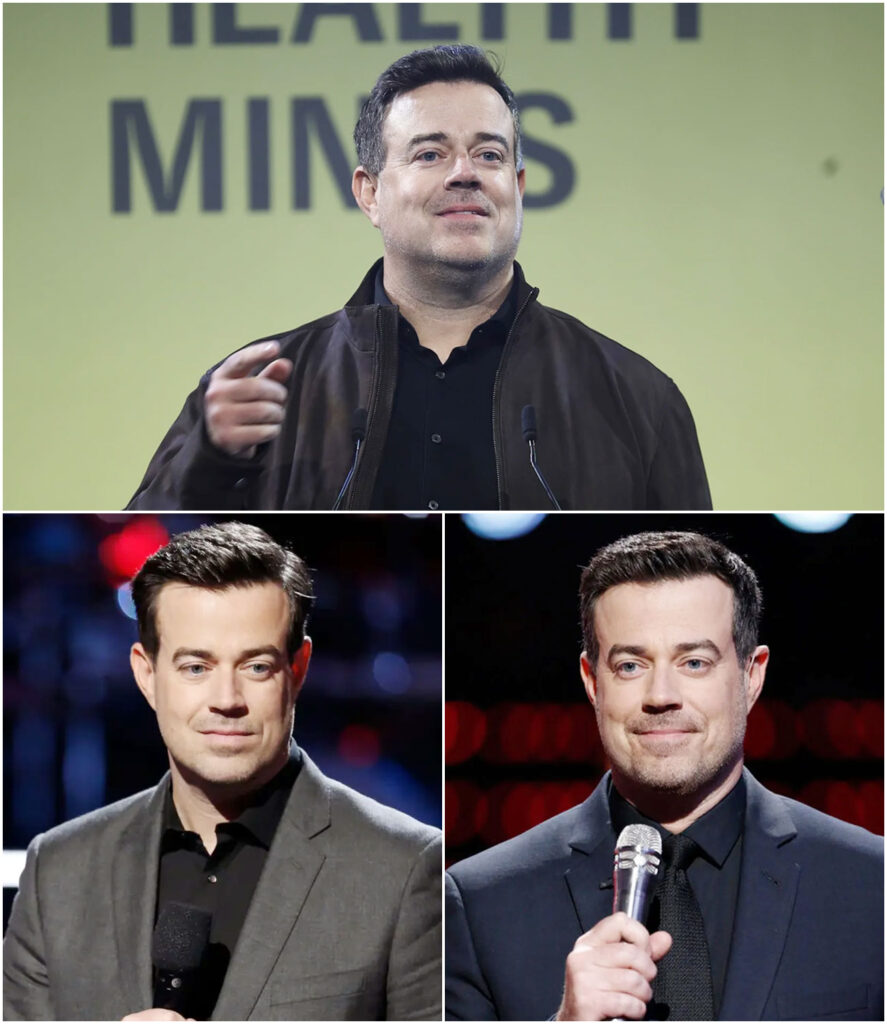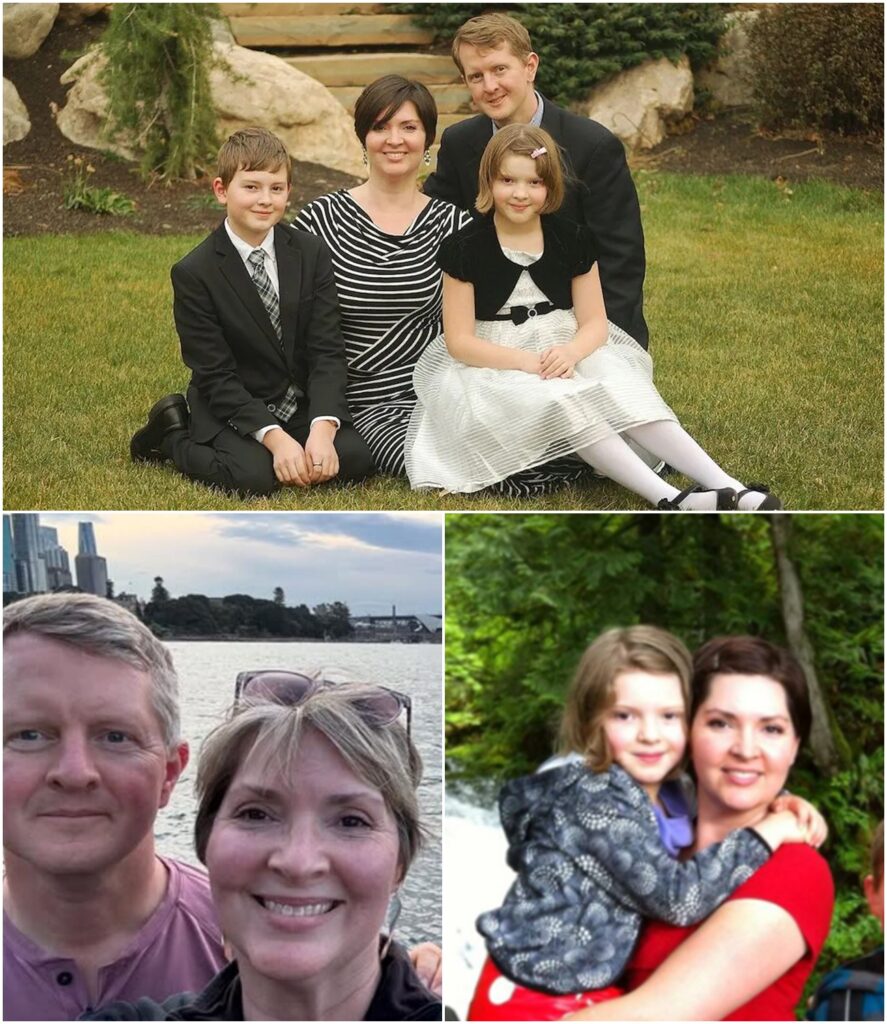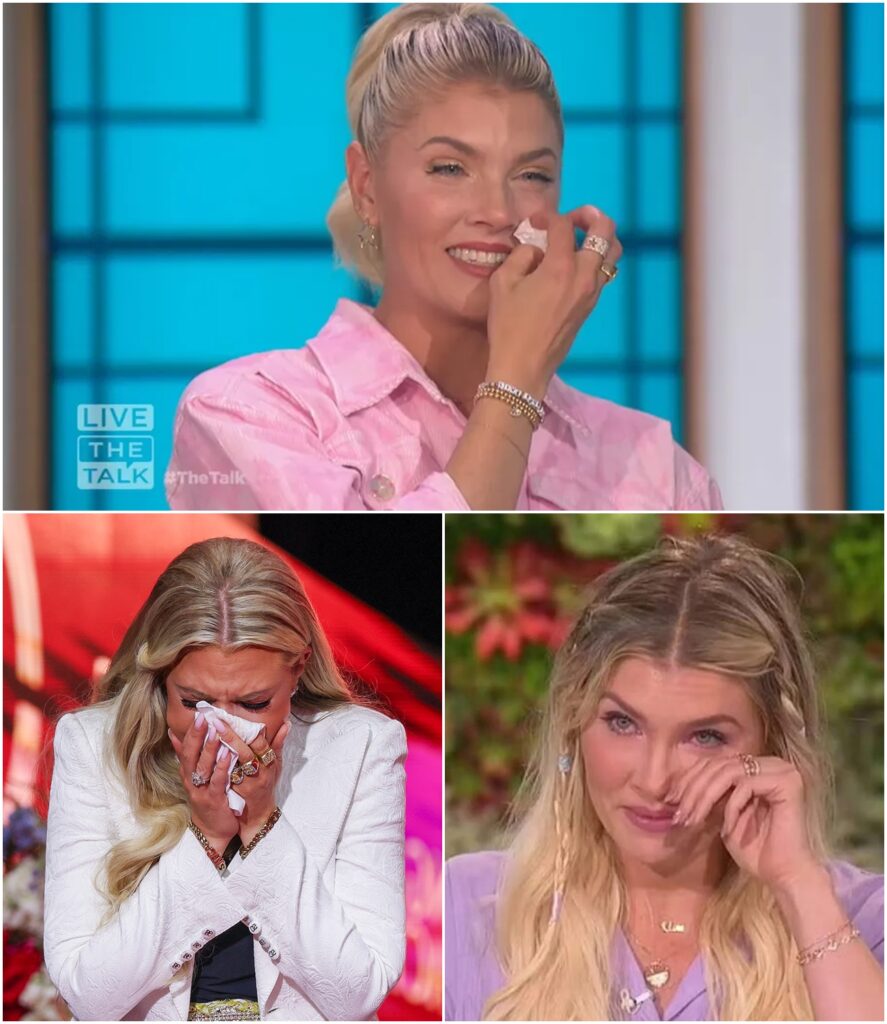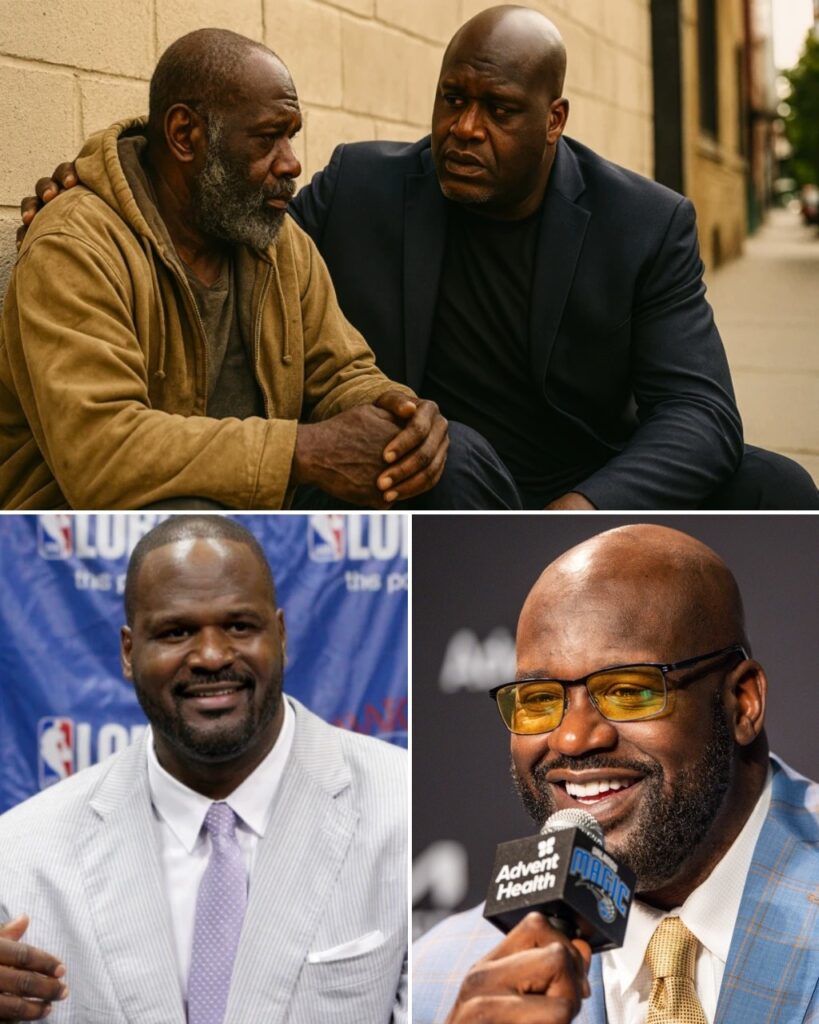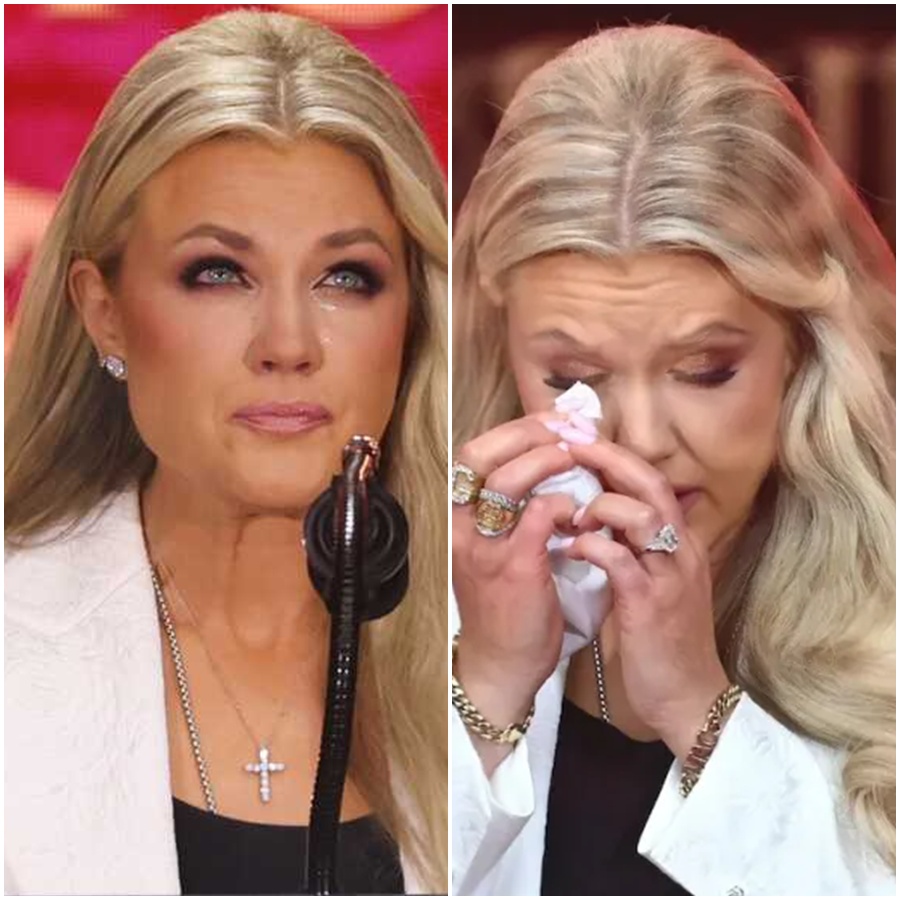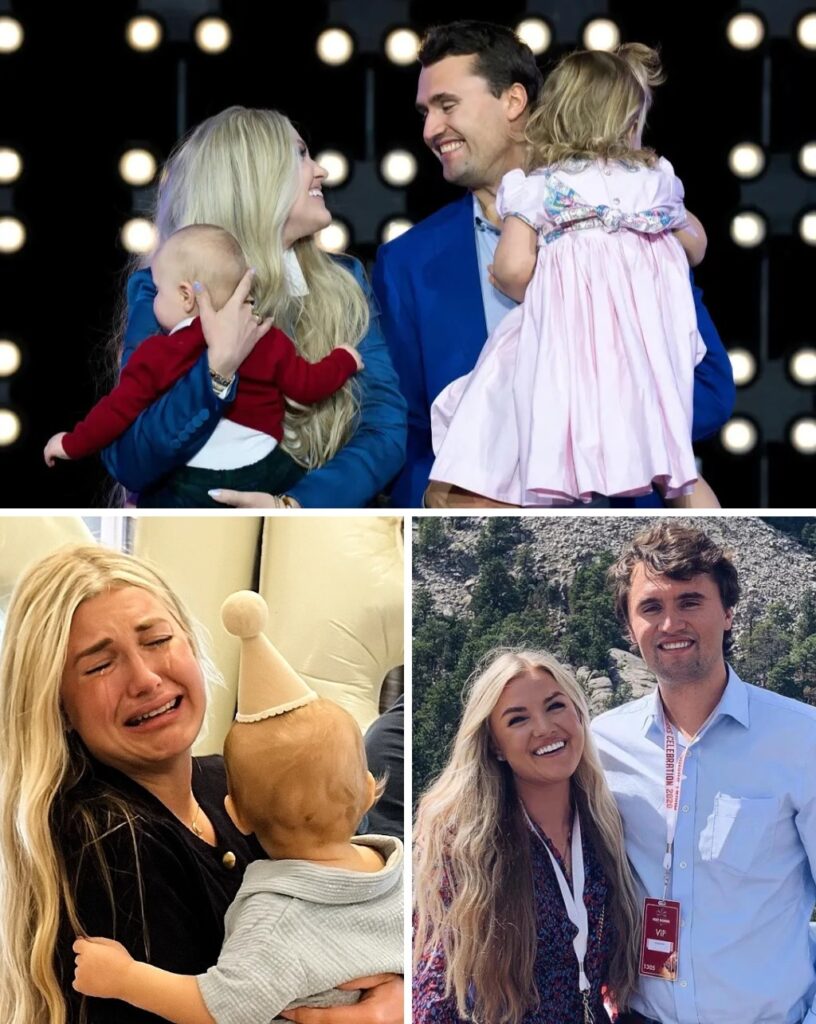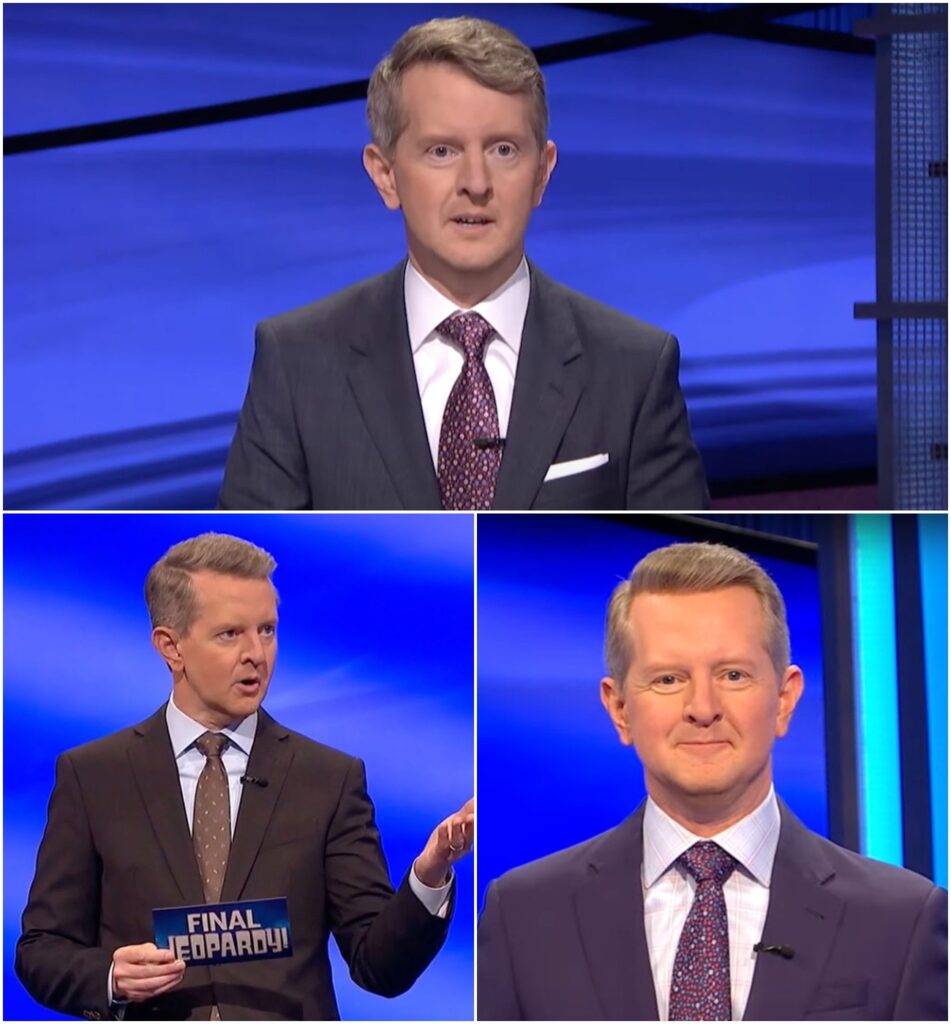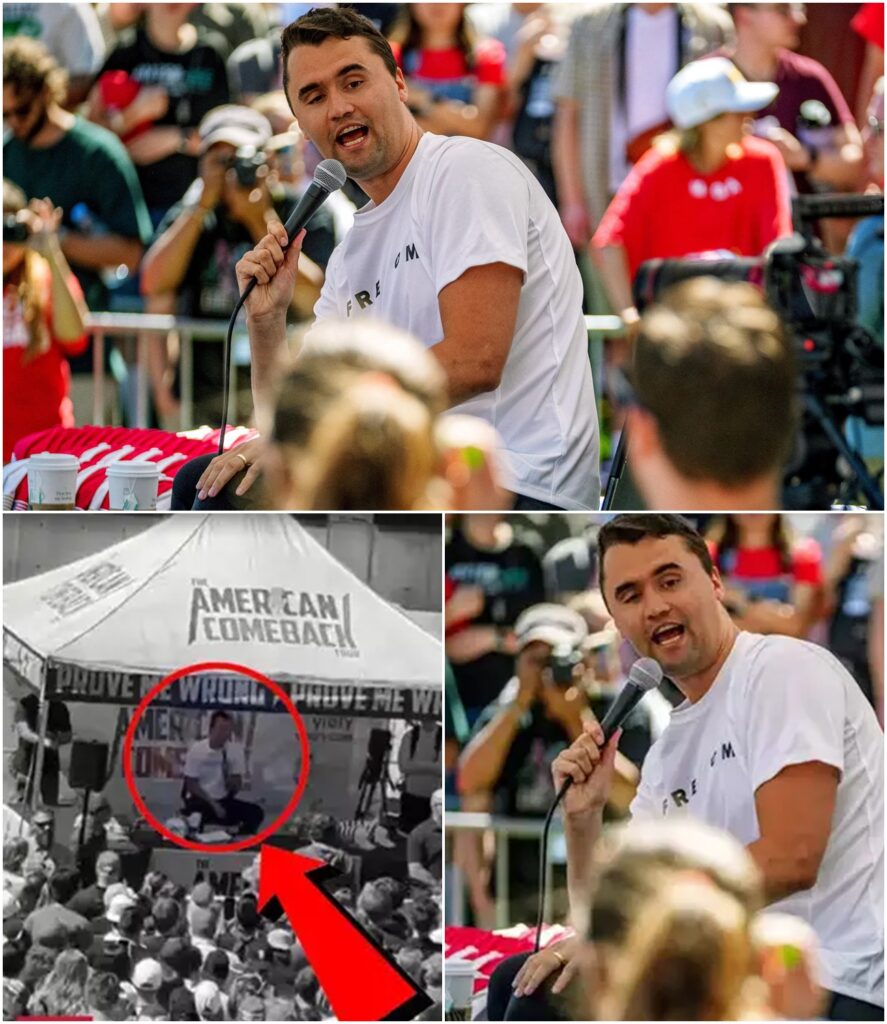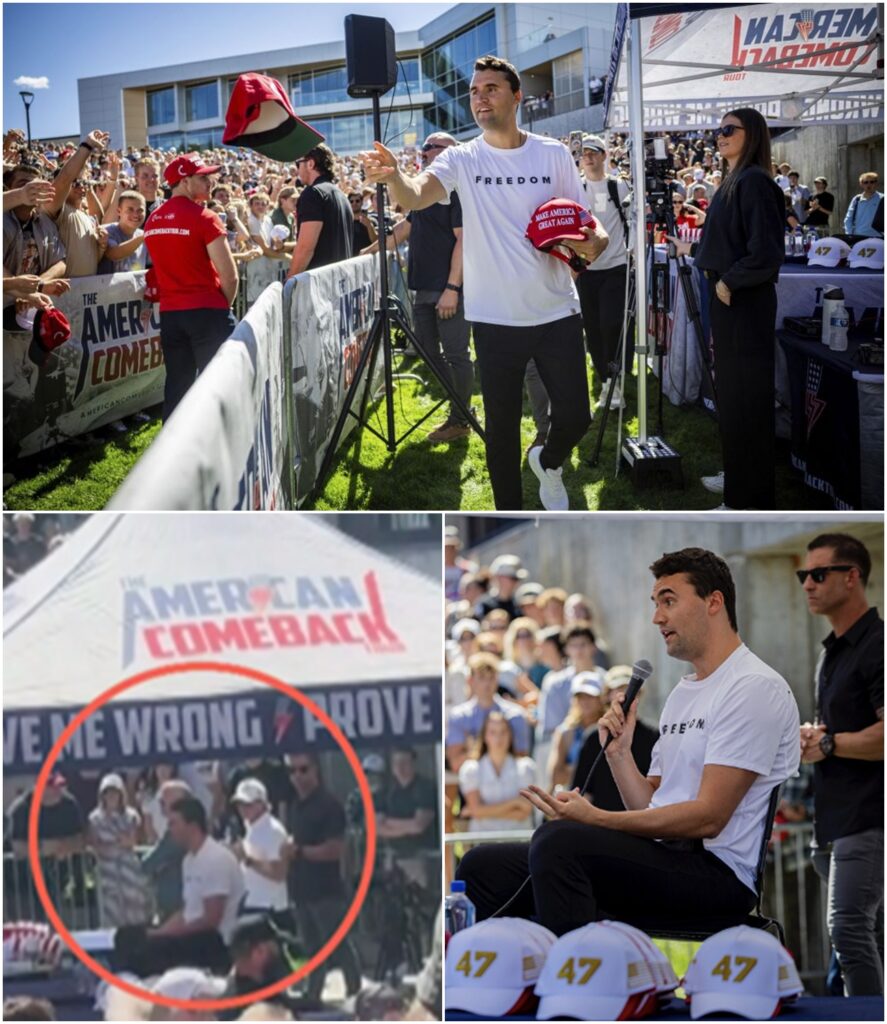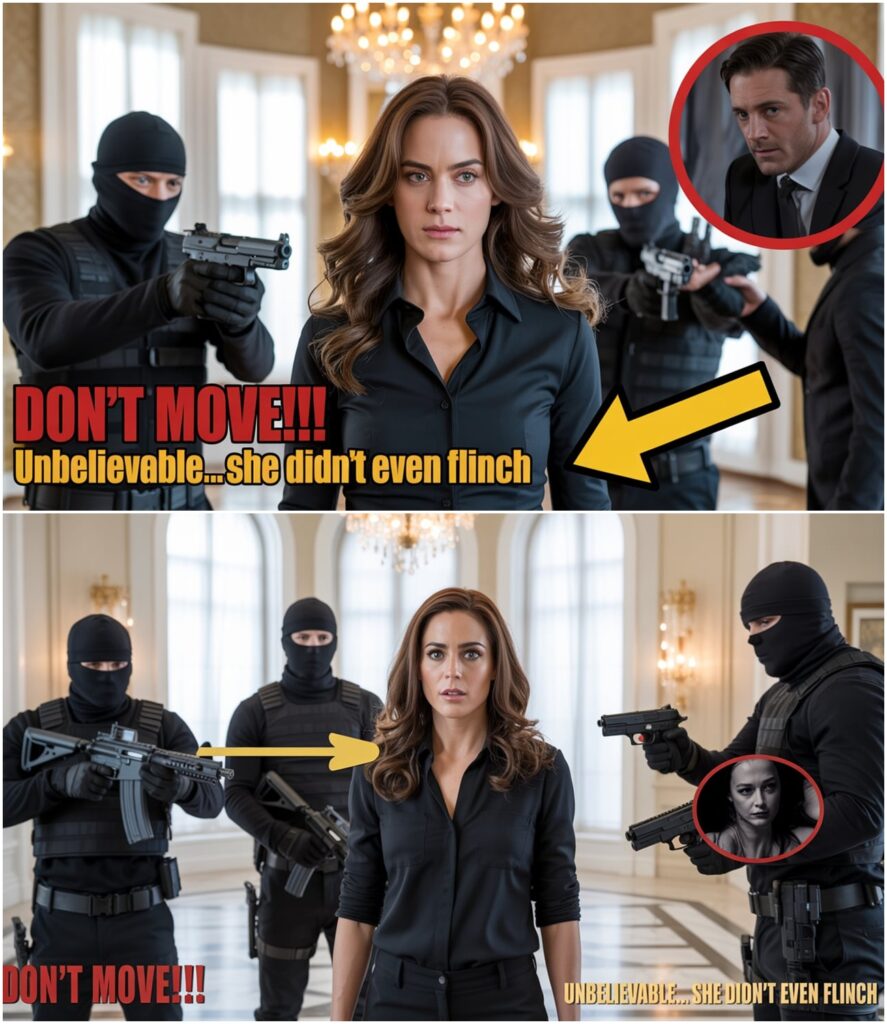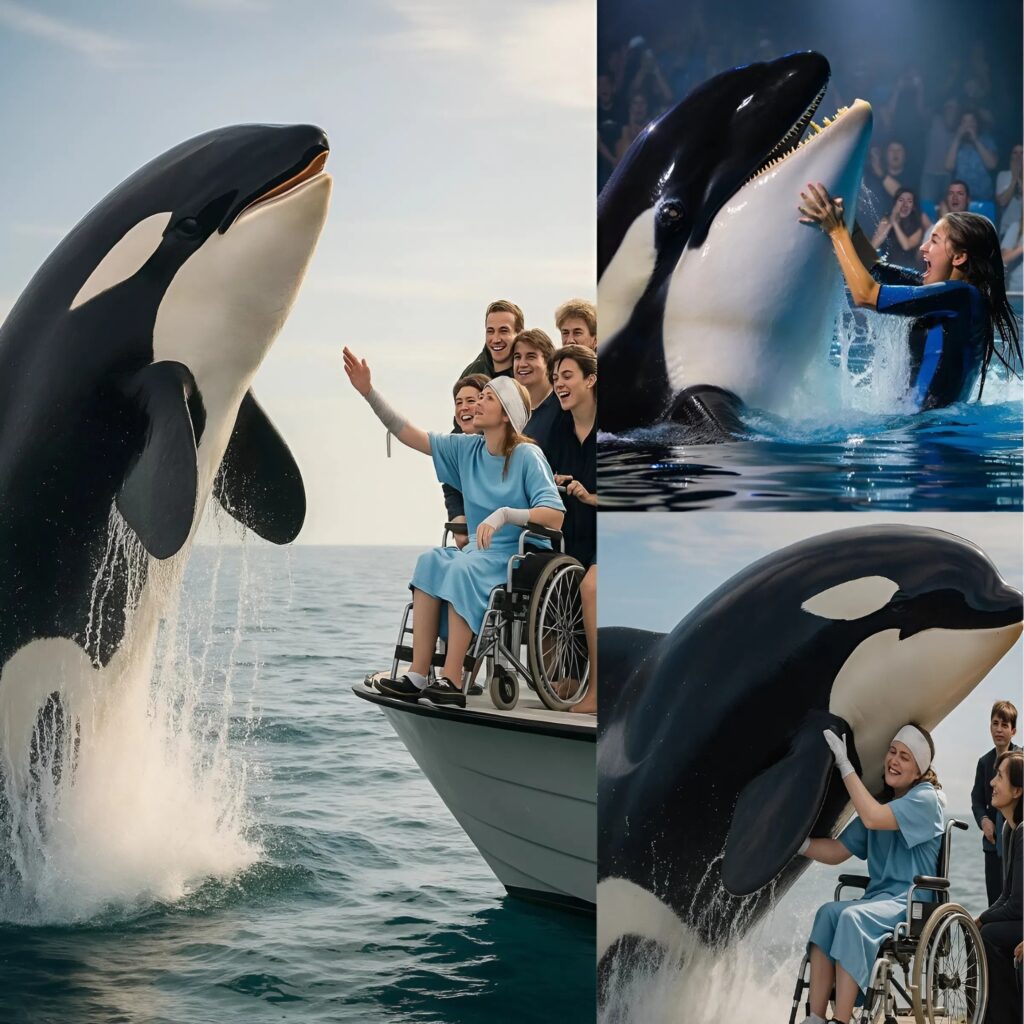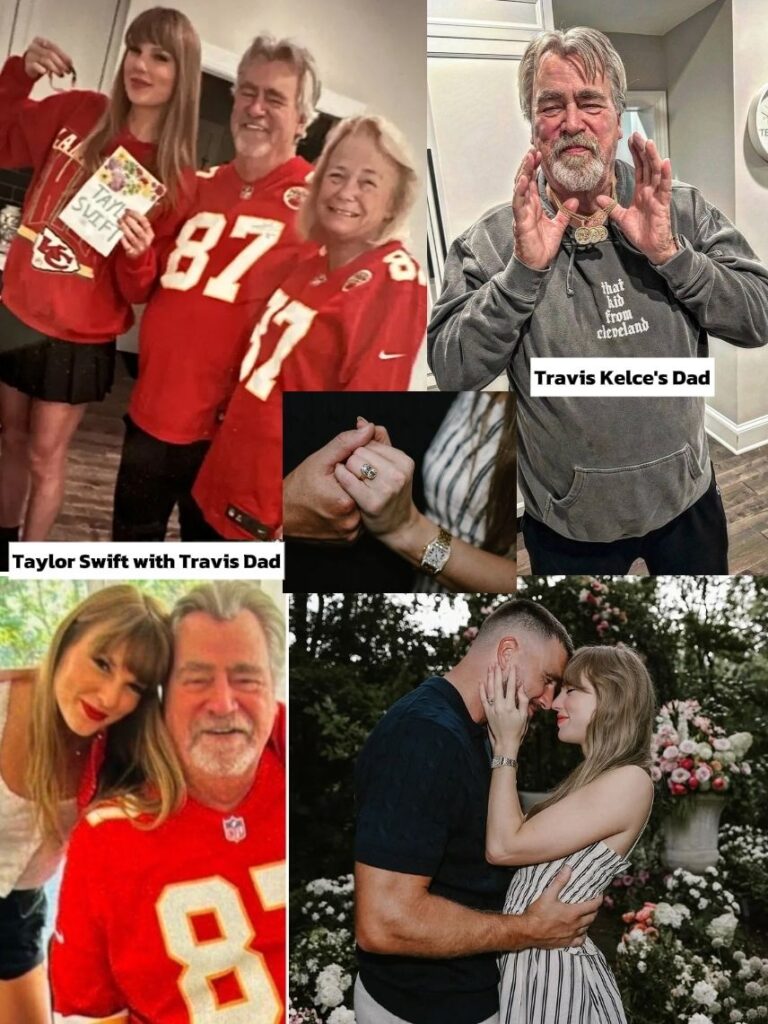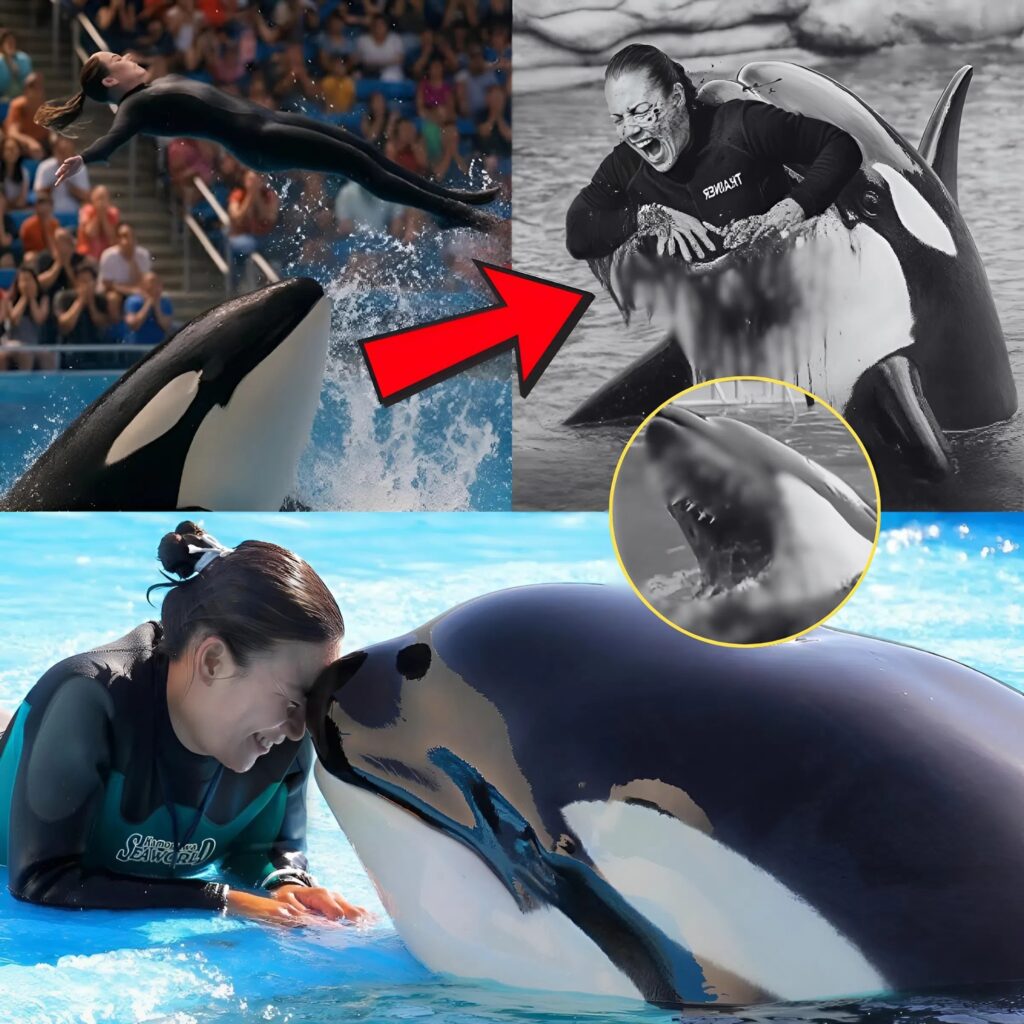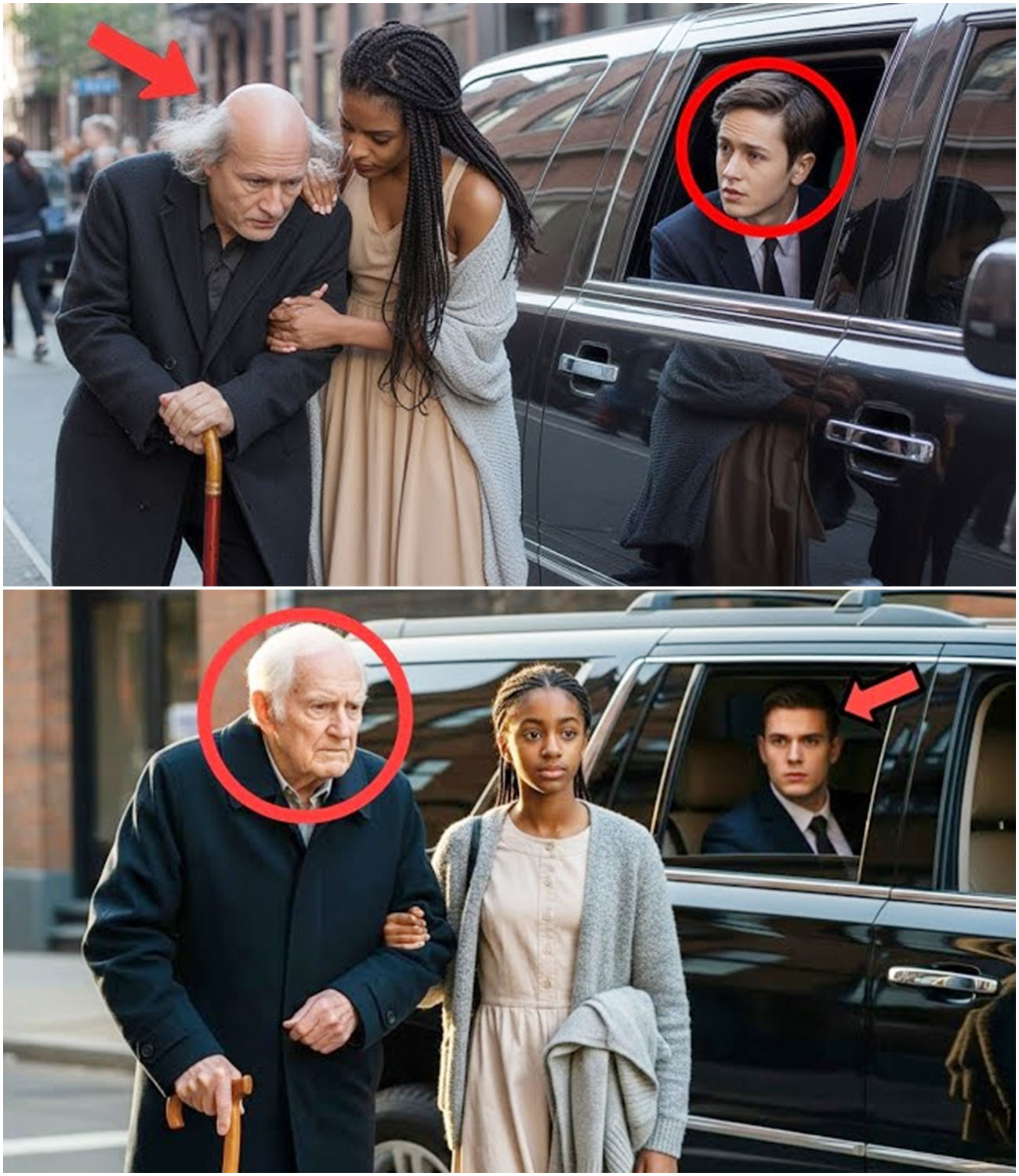Mountain Man Paid For A Pregnant Widow to Cook for Him—But Received A Woman Who Taught Him Grace…
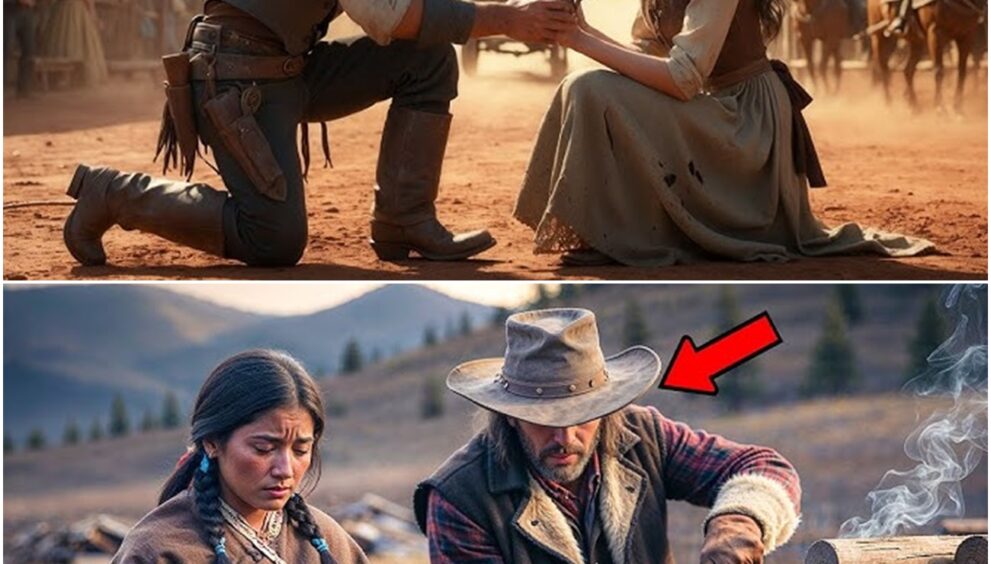
Mountain man paid for a pregnant widow to cook for him, but received a woman who taught him grace. Colorado Mountains, late December 1881. The wind came down like a blade, slicing through pine and timber as snow twisted violently across the ridge. Nathaniel Briggs stood on the front porch of his secluded cabin, shoulders hunched under a worn wool coat, eyes narrowed against the flurry. He had lived alone up here for three winters now. The silence suited him. No neighbors, no questions.
A week ago, he had received the letter. It came folded in oil skin. Ink faded but legible. A suitable domestic companion has been arranged per your request. She is to arrive within the month, weather permitting. Cooking, cleaning, and basic homestead duties expected, paid in advance. No returns after arrival.

He had not asked for beauty or charm, just someone capable, quiet, and strong-handed enough to make it through a Colorado winter. He had not expected her to arrive mid blizzard, and certainly not like this. He spotted her through the curtain of snow, a woman staggering up the ridge with a canvas satchel over one shoulder, another bundle clutched tight to her chest.
When she drew close enough for him to make out her face, Nathaniel’s brow furrowed. Her belly was unmistakable. She climbed the porch steps slowly, each breath visible in the freezing air. Snow clung to her cloak and boots, but her eyes, dark and unreadable, stayed fixed on him.
“If you want a refund, you’ll have to wait until spring,” she said, voice steady despite the tremor in her hands. “I ain’t walking back through that storm.” Nathaniel’s jaw tightened. He stared at her belly, then at her face. I didn’t pay for a child, he said evenly. I didn’t ask you to, she replied. But he’s coming either way. The wind howled between them. She did not flinch. For a long moment, Nathaniel said nothing.
Then, without a word, he reached for her satchel, lifted it off her shoulder with surprising gentleness, and stepped back inside. She hesitated, then followed. The cabin smelled of smoke, cedar, and meat stew long since simmered down. The hearth still glowed faintly with embers. A narrow bed sat in one corner, a pine table in the other, and shelves lined with jars and tools and books long untouched.
Nathaniel placed her satchel near the fireplace. Then, without looking at her, he dropped a new log into the stove. Flames caught slowly, casting flickering light on the rough huneed walls. He finally turned to her. Supper’s in 2 hours, he said. You rest till then. Anime did not thank him. She only nodded, removed her snowcrusted cloak with slow, stiff fingers, and stepped closer to the heat.
Nathaniel watched as she reached out one hand to the fire, her other resting gently on her swollen belly. Her face was thinner than he’d expected, sharp around the eyes, mouth pressed into a line that had known more silence than smiles. He walked past her, pulled a folded blanket from the chair, and tossed it toward the cot on the far wall. “The bed’s yours,” he muttered.
She nodded again, lowering herself slowly, wincing slightly as she sat. Nathaniel crossed the room, opened the pantry, and checked the stew pot. Without speaking, he ladled some into a pot to reheat, and stoked the flame beneath it. Outside, the wind screamed like an old ghost across the trees.
Inside two strangers sat in the hush of falling snow, neither expecting grace, but both perhaps too tired to keep refusing it. The days moved slowly through January. Snow clung to the cabin eaves like a second roof, and the wind never stopped howling. Inside, Anime worked without complaint. She swept the floors, chopped vegetables for stew, and boiled linens in the back room.
Her steps were careful but unhesitating. Even as her belly grew heavier, she never asked for help, never said a word about the backachches or the chills that lingered in her joints. Nathaniel watched her in quiet stretches from the porch over his cup of morning coffee through the cracks in the barn door.
She never smiled, but her hands moved like they remembered better days. He had given her the back room, small but warm. She kept it neat, though she brought nothing of herself into it. No photographs, no tokens, only a bundle of clothes and a well-worn Bible she never read aloud. They spoke rarely.
Sometimes at supper she would ask, “Do you want potatoes or cornbread?” And he would grunt, “Either.” Sometimes he would say, “Chickens are running light.” And she would nod and rise without another word. It was a cold piece, but peace nonetheless, until one night, in the deep silence between the logs shifting in the stove and the creek of rafters, Nathaniel heard it, a muffled sob, barely more than a breath.
He paused, axe still in hand, mid-split beside the hearth. The sound came again from behind her door. Just one cry broken, like something escaping against its will. He did not knock. He stepped quietly to the hallway, fed two more logs into the wood stove just outside her door, and placed a tin cup of warm water on the floor.

Then he returned to his chair and did not move again until morning. When Anna awoke, the fire was still going strong. The cup, now empty, sat near her bed. But what caught her breath was the shawl. Her thick woolen wrap stained from the road and weeks of cooking grease was clean, folded neatly over the foot of her bed.
She stepped out of her room and into the kitchen where Nathaniel was already tending the fire. She stood there a moment, arms crossed. “You do not have to be kind,” she said quietly. He did not turn. “I ain’t kind,” he said after a pause. “Just decent. There is a difference.” She looked at him, expression unreadable, then nodded once and returned to the stove to finish breakfast.
That night, when she went to her room, she found something else. A book, old, leatherbound, its spine cracked but pages clean, an old medical manual. Inside, a torn scrap of paper marked a chapter halfway through. Birth preparation, positioning, risks, and midwife alternatives. Anna stood by the bed a long time holding the book to her chest.
She did not knock on his door, did not say thank you, but when she brought him stew that night, she placed it gently, almost carefully on the table, and for the first time she sat across from him. Neither spoke, but they ate together. The wind moaning against the windows, and in that silence, something invisible began to shift, like a frost line breaking open underground.
The snow had begun to melt, if only by inches. Mud tracked in through the front steps, and Anna wiped it away each morning before the fire caught. She never complained. Nathaniel noticed that how her hands had become steadier, her steps firmer despite the growing swell of her belly.
She still took her meals quietly, but sometimes her eyes met his across the table now, and they did not look away. One evening, as the wind rattled the window panes, she lingered longer by the stove after supper. Nathaniel was whittling by the hearth, shaping kindling with slow, precise strokes. She sat down across from him and folded her hands in her lap. “My husband died in a labor camp,” she said softly. “Nathaniel paused, knife midair.
He did not look at her yet, only waited.” “It wasn’t the war,” she continued. “He was taken in over nothing. They said he stole a sack of flour. We both knew that wasn’t true. He was trying to stop one of the guards from from laying hands on me.” Nathaniel set the knife aside. He hit the man once, one punch. They dragged him off that night.
Next morning I found out they beat him till his ribs broke. Internal bleeding, they said. Her voice trembled but did not break. They never let me see him. Just handed me his wedding band in a napkin. Nathaniel stood slowly. He moved to the shelf, retrieved a tin cup, and poured water. When he offered it, she nodded and took it with both hands. Real.
I ain’t told that story to anyone,” she whispered. “But it follows me, even here.” For a while, the only sound was the crackle of pine logs in the hearth. Nathaniel returned to his chair and stared into the flames. “Them kind of stories got claws,” he said.
“They do not let go easy, but out here at least, they cannot follow as fast.” She smiled faintly, grateful, but worn. Days passed. In town, a traveling merchant came through with pots and ribbons, stories and news. While bartering for sugar and coffee, Nathaniel noticed the man’s eyes lingered on Anna. “The widow from Kansas?” he asked one of the town’s folk later. The one whose man got lynched in the camp thought she vanished.
“By the next market day, whispers followed them like smoke. Nathaniel did not flinch when he heard it, but when he stepped into the saloon, he did so with his shoulders square and his hat pushed back from his brow. “She works for me,” he said aloud, his voice like the first crack of thunder before a storm.
“She’s under my roof. You want trouble? Bring it to me.” No one answered. No one needed to. That night, Nathaniel saddled her mare outside the barn. He adjusted the stirrups and wrapped the saddle in a thick wool blanket, his mother’s one she used to keep folded in a chest at the foot of her bed. When Anna came out to help him with feed, she noticed the extra padding and raised a brow.
You’re going out tomorrow, he said. Best ride be a warm one. She looked at the blanket, then at him. You didn’t have to. I know, he said. She touched the edge of the wool, running her hand along the woven pattern. Thank you. Nathaniel nodded once and turned back to the feed bags.
He never said it aloud, but when the wind howled outside and the cold crept beneath the door, he began to light the fire earlier. He left kindling beside her room, filled the kettle before she asked, and took to keeping her boots near the stove. Not out of duty, not anymore, but something else, something like care. and in return she began to leave the lantern lit by the window when he rode home late from town.
Their words remained few, but their silences were no longer heavy. They had become something more than strangers, something not yet love, but close. Spring crept up slow and muddy, as if unsure whether it was welcome. The frost began to loosen its grip on the earth, and the streams ran fuller, carrying bits of winter away with them. Snow melted from the cabin roof in slow, steady drips, like a clock unfreezing.
The sun stayed longer each day, casting warm, golden streaks across the rough kitchen floor and illuminating the dust that hung suspended in the air. Anna moved more slowly now. Her belly had grown round and taut, stretching beneath her apron like a promise not yet fulfilled.
Still she worked when he let her, slicing herbs with careful fingers, kneading bread with short breaths between rolls, folding laundry in quiet, meticulous stacks. Each motion bore the rhythm of someone used to carrying burdens without letting them spill. But that didn’t mean she was without pain.
One afternoon, as she bent to fetch kindling from the basket, she froze halfway up, her hand pressed firmly into the small of her back, her face tightening with a wse. Nathaniel had been watching from the porch, his hammer still in hand. He did not call out, did not rush to help, but the next morning she found a low stool placed beside the wash basin.
It was angled slightly, just so to let her sit while scrubbing or rinsing. She looked at it a moment, then sat down with a quiet exhale. She never said thank you. He never mentioned it. But the silence between them grew softer, less brittle. A few days later, while Nathaniel was out back mending the chicken coupe, her voice reached him through the open air. I need help.
She did not shout, did not sound desperate, just honest, like asking for help was no longer a weakness, only a necessity. Nathaniel set down his hammer and turned. She stood at the back steps, one hand on the doorframe, the other holding a small piece of paper. He wiped the sawdust from his palms on his trousers.
“All right.” She walked to him and handed over the list written in tight pencil on a torn envelope. The paper was smudged in places, but the words were legible. Blankets, boiled string, cotton, scissors. She pointed at the last item. That one needs to be clean. Boiled. You’ll have to ask the midwife how long. He raised an eyebrow.
Midwife in town. Name’s Clara Mertz. Round woman with a braidlike rope. Tell her I’m due end of May. Nathaniel gave a short nod and tucked the paper into his coat. He left before sundown. When he returned the next day, his saddle bag was bulging, filled with soft cloth diapers, muslin swaddles, a jar of castor oil, and a thin dogeared book titled The Prairie Woman’s Guide to Birth and Recovery.
He handed nothing to her directly, just left the bundle on the table. That night, Anna passed through the kitchen and paused. Nathaniel sat at the table, hunched beneath the lamp’s low glow, a bolt of flannel laid out in front of him. He held a pair of two small scissors, his tongue pressed to his lip in concentration as he tried to cut the fabric into even strips.
She leaned quietly against the door frame, watching. You’re doing all this. Why? Her voice was low, but not accusatory. He did not look up at first. When he did, his eyes were dark and quiet. Because I buried a son once, he said flatly. Didn’t get to do a damn thing for him. This time I will.
He stood there for a moment, her hand curling around the wood. What happened? She asked. Fever. Took him in 3 days. His mother went not long after. Anna walked slowly into the room and sat across from him, her hands folded in her lap. I’m sorry, she said. He nodded, eyes on the fabric. Me, too. The next morning, she found something new in the kitchen. A tiny cradle swing hung from a ceiling beam near the window.
It was made of cedar, bent smooth and lashed with thick cord. The lining was soft wool, carefully stitched by an unpracticed but determined hand. It swayed gently in the morning breeze, sunlight dappling the cloth. Anna stepped forward, fingers brushing the cradle’s edge. She did not speak, but her eyes shimmerred in the light, and her breath hitched just once, the kind of sound that carried more meaning than words ever could.
The storm came down the mountain fast, a wall of wind, snow, and lightning that slammed against the cabin with a fury Nathaniel had not felt in years. By nightfall, the shutters rattled like bones, and the chimney howled like a dying animal. Anna doubled over by the stove just past midnight. Her breath caught. Then came the sharp gasp.
Nathaniel looked up from the book he had been pretending to read, and knew instantly. She gripped the table. It’s time, she whispered. Now, he said half-standing. She nodded once, and that was all. No time to fetch Clara. No chance of crossing the ridge in this blizzard. Nathaniel cleared the table in a sweep, scattering salt and flour, and ran for the blankets. The guide book clattered to the floor.
He snatched it up and flipped to the page he had marked with trembling fingers. He had read the words a dozen times. Now, they might as well have been written in a foreign tongue. Anna cried out, her face white, hand clenching the wood rail of the bed frame, like it was the only thing keeping her tethered. You’re going to be all right, he muttered.
You hear me? You just breathe. She did not scream. Not at first, but her face twisted with pain sharp enough to snap bone. Hours blurred. Sweat poured down her brow. Her hair clung to her face in damp strands. Nathaniel did what he could. Boiled water, steadied her, changed cloths, wiped her brow. But when the moment came, she screamed. “Push!” he shouted, voice cracking.
“Push! Damn it! He’s almost here!” Her cry tore through the cabin like thunder. Then came the silence. A silence so loud it rang in his ears. The child was out, small, covered in blood and fluid, limp. Anna slumped back, eyes fluttering, chest heaving. But the baby, the baby did not cry.
Nathaniel froze, then dropped to his knees, panic boiling through his veins. He turned the infant over, patted the tiny back. Nothing. He flipped to the page. “Clear the airways,” it said. His hands trembled so violently he nearly dropped the boy. “God damn it,” he whispered, tears rising. He bent low, mouththed to the babies, and sucked. Warm, bitter fluid filled his throat.
He spat it onto the floor, gagging again more. The baby jerked, then sputtered. Then a cry, weak, wavering, but a cry. Nathaniel nearly collapsed. It wrapped the boy in a clean towel, placed him on Anna’s chest, and sat there on the cold floor, soaked in sweat, shaking like a leaf. His hands were blistered from holding the hot water pot.
His knees achd, his stomach churned from the taste still in his mouth, but the boy was alive, and Anna, her fingers were moving, weakly, brushing the child’s cheek. The worst was over, but Nathaniel did not sleep. He sat by the stove, watching the embers dim, his skin, windb burnt from the earlier storm, stung. His eyes were bloodshot, unfocused. His throat raw from shouting.
The baby stirred once. Anna slept, lips parted, one hand still curled around the boy’s tiny fist. Nathaniel stood, walked outside despite the cold, and returned with a piece of old pine. He carved by lantern light, slow and deliberate. M I C A H.
He ran his fingers over the name, the same one he had carved once, long ago, but this time the letters felt different, alive. The snowstorm had passed, leaving a strange, aching stillness in its wake. The mountains stood silent beneath a silver sky, the cabin half buried in drifts. Inside, the fire crackled low, casting soft golden light across the wooden walls. Anna stirred, her eyes opened slowly.
The pain in her body was deep, but not sharp, just empty, her limbs heavy, her breath shallow, but she was warm, and something small and soft moved near her. She turned her head. Nathaniel sat in the rocking chair, bundled in an old quilt. In his arms, little Micah slept, tiny fists curled under his chin.
Nathaniel rocked gently, not noticing her yet, and he was singing, not loudly, not clearly, but enough. His voice cracked from exhaustion, low and rough like gravel, struggled to carry the lullabi. It was an old tune, something southern, something a father might hum when the house was dark, and he thought no one was listening.
Anna watched, breath caught in her throat. The way Nathaniel looked at the child full of awe and terror and something else too tender to name. It hollowed something in her, then filled it again. When he noticed her watching, he blinked. “You should be resting,” he said quietly. “I was,” she whispered. “But then I heard music.” He looked away embarrassed.
“Didn’t mean to wake you.” She smiled faintly, voice rough. “You didn’t. It was nice. There was a pause thick with things unspoken. Then her voice broke through the hush. You’re more a father than he ever would have been. Nathaniel looked down at the baby. Maybe, he said after a long beat. His eyes glassed, but he didn’t blink.
Or maybe I just learned late. Anna’s gaze softened. There was no pity in it, only truth. That afternoon, while she napped, Nathaniel stayed near the fire, pulling at something clumsily in his lap. It was a ball of blue wool, coarse, frayed, and a mess. He muttered curses under his breath, but kept going, threading and looping as best he could. His fingers were too large. The yarn slipped constantly, but he did not stop.
Hours later, he finished. Barely. The shape was crooked, the stitching uneven, but it was a hat, lopsided, oddly shaped, but a hat all the same. He set it on the table beside the crib, then turned to check the kettle. Anna woke to the smell of stew. She blinked, slowly, sat up, and reached for Micah, who now wore the hat, or what appeared to be one.
She froze, then squinted, then laughed. It burst from her, sudden and full. the sound of it warm and startled and alive. Nathaniel turned. What’s so funny? She held up the hat. This, she said between giggles. This poor hat. It’s It’s hideous. He crossed his arms, mock stern. Well, I ain’t no knitter.
You sure ain’t, she teased, still grinning. It looks like it’s trying to be three different hats at once. He chuckled, rubbed the back of his neck. But it fits. She looked at him. really looked and smiled wider. She said it does. Then without thinking, she reached out and took his hand, squeezing once.
And just like that, the weight of grief and storm and silence melted a little. In that ugly, beautiful hat, with a baby sleeping soundly and a fire burning low, there was for the first time laughter. The thaw had begun. Snow slipped steadily from the cabin’s eaves. landing in soft splashes below. Mud gathered at the foot of the porch steps, thick and sticky from the melt.
The path to the barn was no longer white, but brown and ragged, lined with the broken bones of winter. The air still bit, but it no longer tore, and the wind, while sharp, no longer howled. High in the mountains, winter was beginning to lose its grip. And with it, something else was shifting, unseen.
Anna sat on the porch in a rocking chair Nathaniel had fixed up for her, wrapped in her shawl with Micah pressed to her chest. The baby slept soundly, one tiny hand curled around her finger, the other resting against the soft wool of her dress. His breath was steady, warm, alive.
Nathaniel was chopping firewood a few yards away, sleeves rolled up, axe rising and falling with steady rhythm. His movements had become quieter since the baby came, less abrupt, more aware. That was when the rider appeared. A lone horseman came up the trail from the east, moving with purpose. His gray coat flapped behind him, and a brass badge caught the sunlight like a warning flare.
He was tall, square shouldered, with a trim mustache and eyes that never blinked longer than necessary. The kind of man who measured people before he spoke to them. Nathaniel stopped swinging. The man dismounted and dusted snow off his boots with deliberate disgust as if the land itself were beneath him. “Mr. Briggs,” he called. “Mathaniel leaned the axe against the stump.
” “Who’s asking?” “Eddy, territorial records and residency department,” the man replied, flashing the badge. “Got a notice from a neighbor. Said your arrangement here raised some concerns.” His gaze shifted to the porch to Anna. She tightened her hold on Micah. The agent continued, “There’s a woman living here, no license of marriage filed, and now a child.
” He looked her over with clinical judgment. That complicates things. Anna rose slowly, rocking the chair with one final push, and stepped off the porch to stand between the man and the door. “I ain’t hiding,” she said calmly. Clearly never said you were, ma’am, Edgar replied. But the law’s clear.
Residency without documentation invites review. We are not looking to punish anyone, only prevent issues before they start. He turned back to Nathaniel. So, is she your legal spouse? Nathaniel’s hands curled slightly at his sides. She’s my wife in all but name. Edgar cocked his head. in all but name ain’t a binding phrase.
Nathaniel stepped forward, tone quiet but solid. Then I will make it law. The agent raised a skeptical brow. Just like that, with a child born out of wedlock, that could mean questions, accusations, even fraud if it ain’t all honest. Nathaniel didn’t blink. You want to question me, file your report. But she ain’t going anywhere.
If you want her out of here, you’ll have to come through me. The silence that followed was like snow about to break from a roof. Tense waiting. Finally, Edgar nodded, scribbled something in his ledger, and closed it with a snap. You have two weeks to file a witness to the birth. Some form of residency affidavit. Nathaniel gave a tight nod. I’ll ride to town tomorrow. Edgar tipped his hat.
Good day to you both. He mounted, turned, and rode out the way he came. The air felt stiller after he left, the cold less biting, but something heavier remained. Anna turned to Nathaniel, studying him. “You didn’t have to say all that,” she murmured. “Yes, I did,” he said plainly. She glanced down at Micah, still asleep, and back up.
“You sure?” He reached into the inside pocket of his coat and pulled out a small worn silver ring. “Simple, dulled by time.” It was my mother’s, he said. Had her initials inside. I filed them out. He held it toward her, turning it so she could read the new engraving. Crooked, but deliberate. Grace found. Not perfect, he said. But it’s true.
Her breath caught. For a long moment, she said nothing. Then, with quiet resolve, she slipped Micah snug into the sling at her chest and extended her left hand. Nathaniel slid the ring onto her finger. It did not shine, but it fit, and it held. One year later, the cabin no longer looked like a place someone went to disappear.
It breathed now, not just with a curl of smoke from the chimney, but with the rhythm of life. Rows of stubborn vegetables pushed up from the thawed ground behind the house. Carrots, turnips, beans, and tomatoes. A clothesline stretched between two tall pines, fluttering with worn linens and small handsoon shirts.
Windchimes made from old spoons and horseshoe nails clinkedked softly in the breeze. The air smelled of mint, of tilled earth and pine sap, of bread baking slow in the oven, and a world that no longer hurt as much as it used to. Inside, Micah crawled across the floorboards, his tiny palms slapping the wood as he chased a dust speckled sunbeam. He babbled to himself, giggling at his own progress.
His laughter didn’t just fill the room. It filled the space between what had been and what was possible. Anna knelt in the garden, elbow deep in the soil. Her apron was stained with life, tomato juice, herb clippings, and smudges from wiping Micah’s nose. A streak of dirt ran along her cheek, and a red ribbon was tied loosely into her braid.
The same ribbon Nathaniel had left folded on her pillow one spring morning without a word. Nathaniel stood near the wood pile, wiping sweat from his neck with an old rag. He looked up just as she turned toward him. Their eyes met. She smiled and he smiled back. Not shyly, not cautiously. A full smile, easy and unguarded, the kind a man gives when he is no longer afraid of being seen.
That evening, after supper, stories, and a lullabi sung off key, but with full heart. They sat together on the front porch. Micah was tucked in a quilt between them, arms stretched wide, dreaming something warm. The breeze whispered through the trees. The night was still. Nathaniel ran his hands slowly over the new rocking chair beneath him.
Oak, solid and warm, shaped by his own hands. It had taken weeks. Every groove smoothed, every joint fitted with care. He had made it not for show, but for sitting, for sharing, for keeping. He turned the chair slightly so Anna could see the back rest better. She leaned in, squinting. there, carved into the wood in his rough, careful script. Home wasn’t a place.
It was the way you said my name. She reached for his hand. He took it, fingers firm and gentle. You came here to cook, he said, voice low. She laughed softly. But you ended up teaching me how to breathe. Anna turned to him, her eyes shimmering in the porch light. And you reminded me I was never just a widow, she whispered.
They sat there as the sky darkened, as the mountains turned gold, then lavender, then blue. Micah stirred, murmured, and giggled in his sleep. Nathaniel leaned down and lifted him gently, the boy curling instinctively into his chest. Anna rested her head against Nathaniel’s shoulder. “You saved me more than you know,” she said. He kissed the top of her hair.
I know, he whispered, and they rocked, all three, slow and steady, while the night closed around them like a blanket. Some stories do not end with gunshots or glory, but with quiet redemption found in the arms of those who dare to stay. Nathaniel never asked for grace, and Anna never expected peace. But in the heart of a Colorado winter, under a roof built more of silence than stone, they found both.
If you felt something in this story, if it reminded you that healing can come wrapped in flannel and silence, that love sometimes walks in through the back door with muddy boots and a crying child, then stay with us. Subscribe to Wild West Love Stories for more tales of grit, grace, and the kind of love that grows where nothing else dares.
We’ve got more coming, and you won’t want to miss what happens next out here on the frontier.
News
“My Mom Is Not Guilty,” Said the Small Boy — What the Judge Found Out Left Him Speechless
The courtroom was silent until a trembling voice cut through the tension. Your honor, my mom didn’t steal anything. Gasps rippled across the room. A 9-year-old black boy stood alone before the judge, clutching a folder bigger than his chest. Behind him, his pale, tearful mother watched, handcuffed and accused of a crime she didn’t […]
Poor Black Girl Helped an Old Man Cross the Street — Unaware He Was the Town’s Richest Farmer…
At the busiest corner of town, traffic thundered and no one cared except Amir with patched shoes and a bag stitched together. She noticed an old man frozen at the curb, his cane trembling as cars sped past. Everyone else ignored him. Some even laughed at her for stepping forward. But Meera didn’t flinch. She […]
Boy Kicked Out by His Parents Returns 12 Years Later with his Nanny and Does Something Shocking.”
Thrown out for being dumb, young Daniel was left kneeling on the cold pavement while his wealthy parents shut the gates behind him. The only one who refused to walk away was Miss Ruth, the family’s old nanny, who quit her job and took him in with nothing but faith and sacrifice. Years later, Daniel […]
Black maid Stole the Billionaire’s Money to save his dying daughter, —what he did shocked everyone
Tasha was just a new maid, barely noticed, barely trusted. But when she found the billionaire’s daughter barely breathing, with no staff around and the mansion silent, she panicked. No calls were going through. No help was coming. So she did the unthinkable, broke into his locked office, grabbed the car keys and a bundle […]
Millionaire Comes Home and Finds His Pregnant Wife Crying—What He Discovered Shocked Him.
Millionaire comes home and finds his pregnant wife crying. David Whitman thought he had built the perfect life, but nothing prepared him for the day. He walked in early and found his young wife, Aisha, sobbing, her body covered in fresh bruises. Through her tears, she asked, “Am I ugly? Am I a monkey? Don’t […]
InLaws laugh as they gave her the Rusted van as her inheritance, — Unware the van was made of gold
At her husband’s funeral, Naomi’s in-laws handed her a rusted broken down van as her inheritance, laughing as they threw her out of the house and stole the businesses she’d built with him. 7 months pregnant, with her 10-year-old son beside her, she had no choice but to live in the van they claimed was […]
End of content
No more pages to load
























































